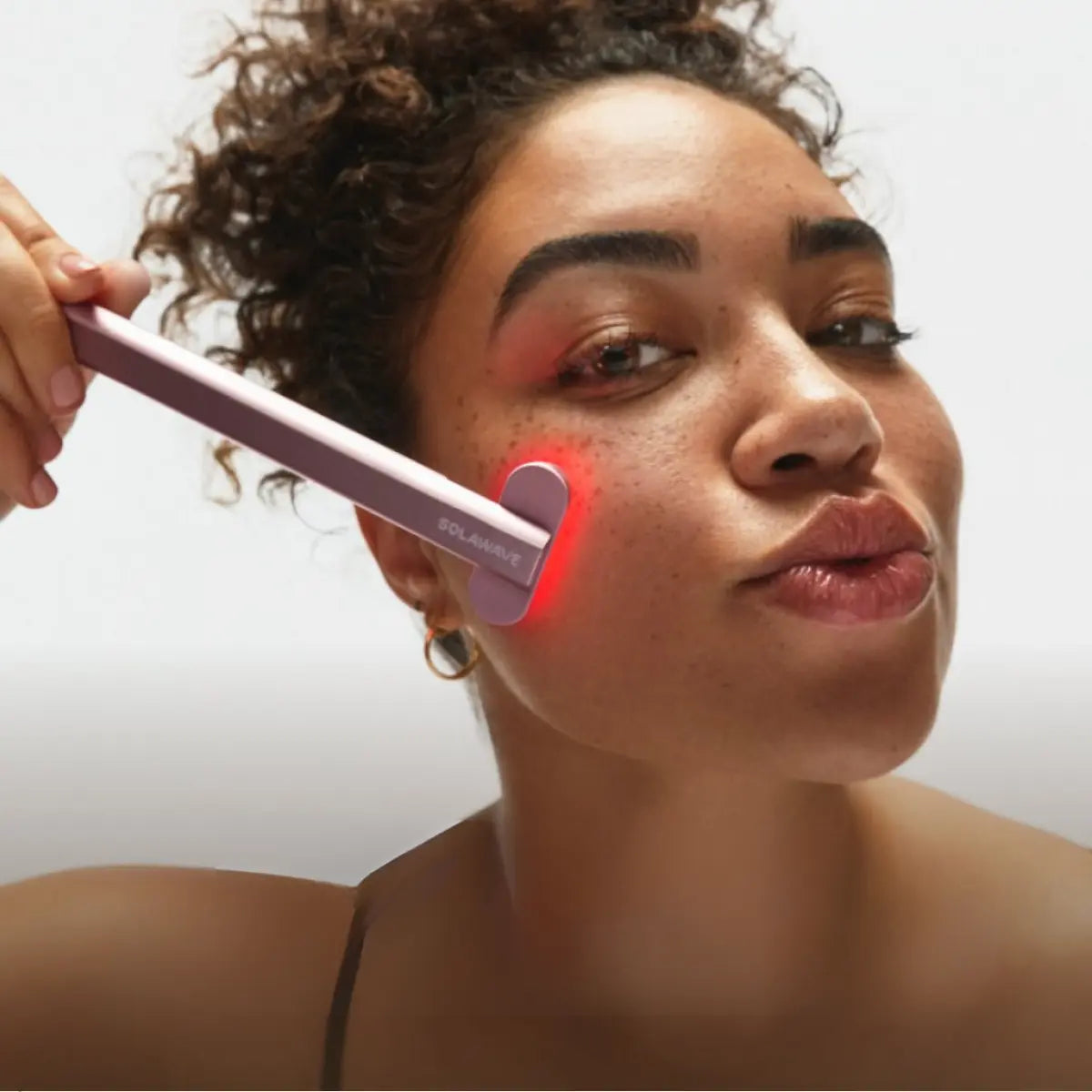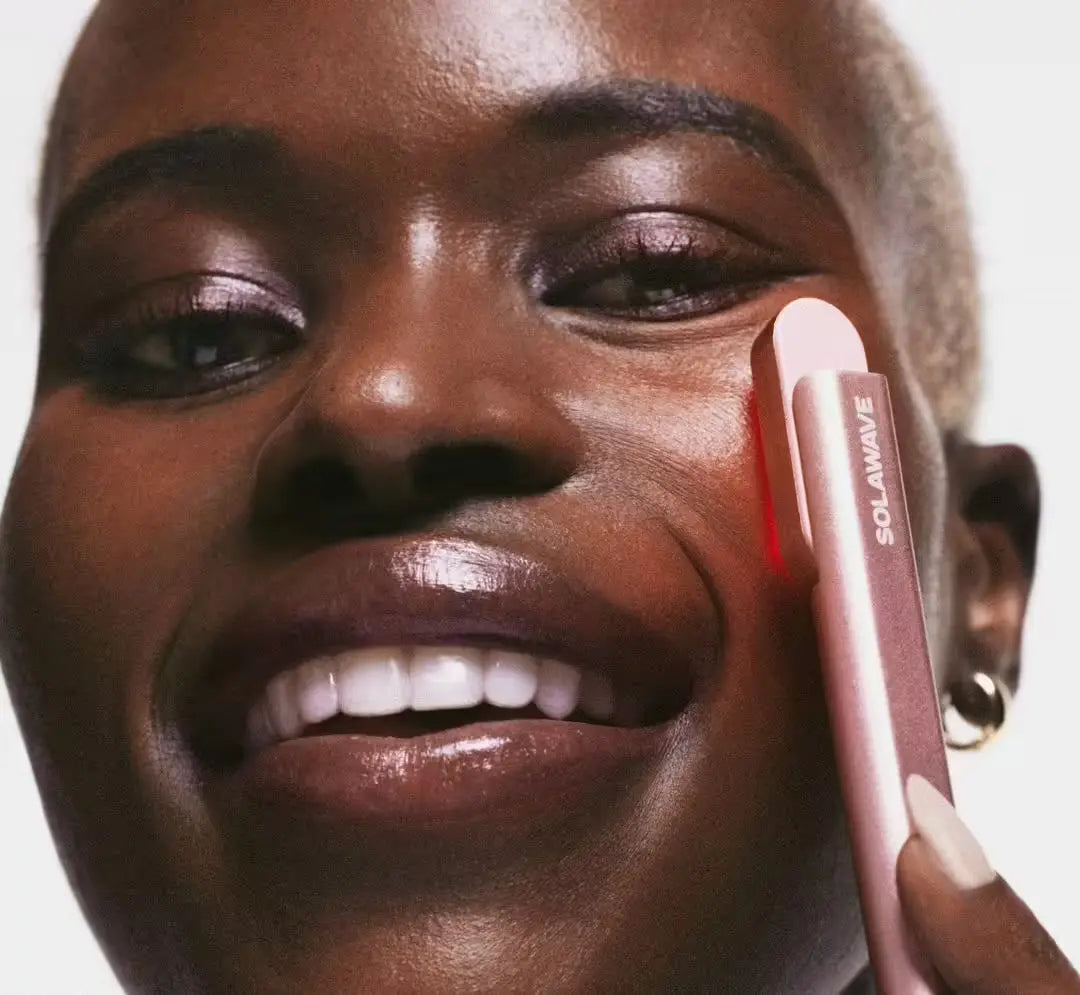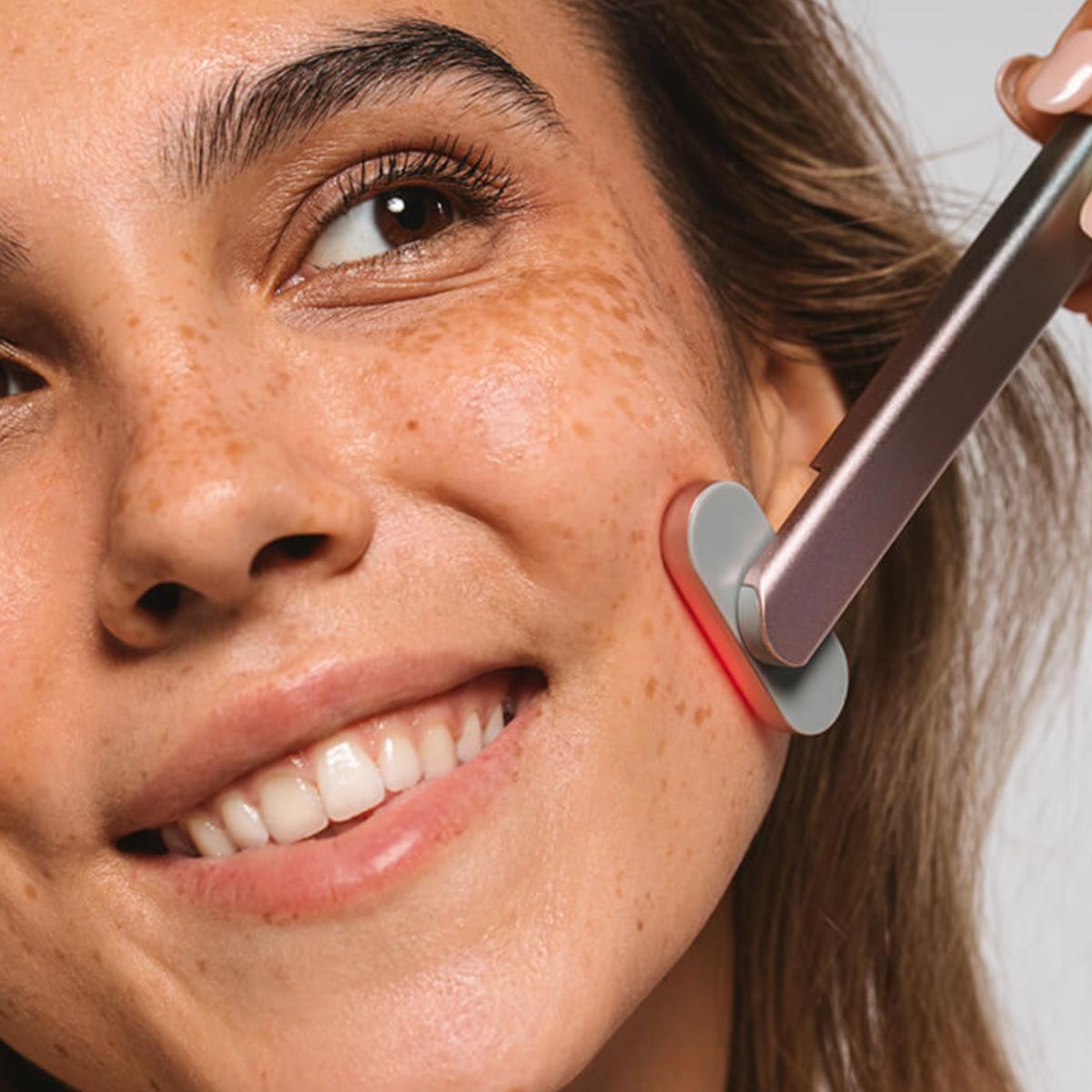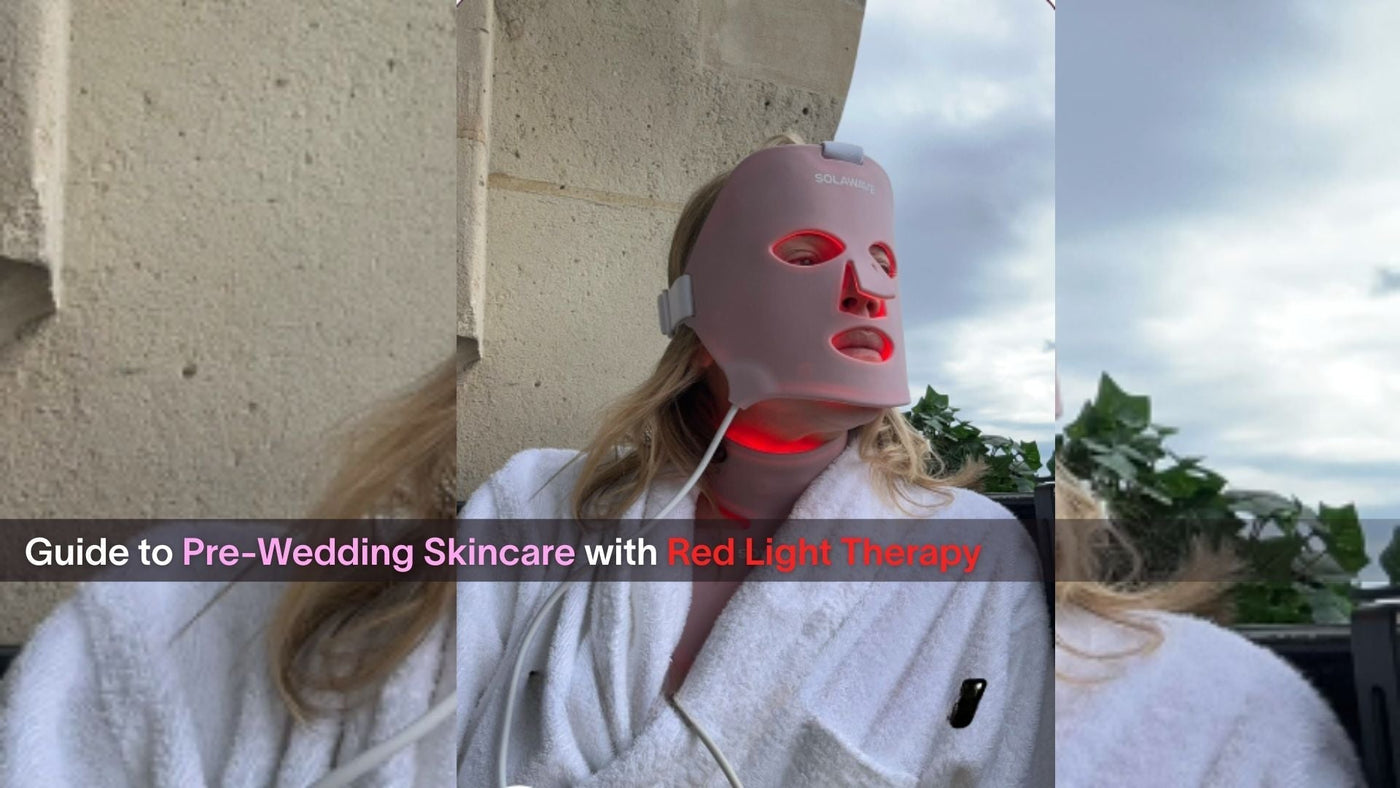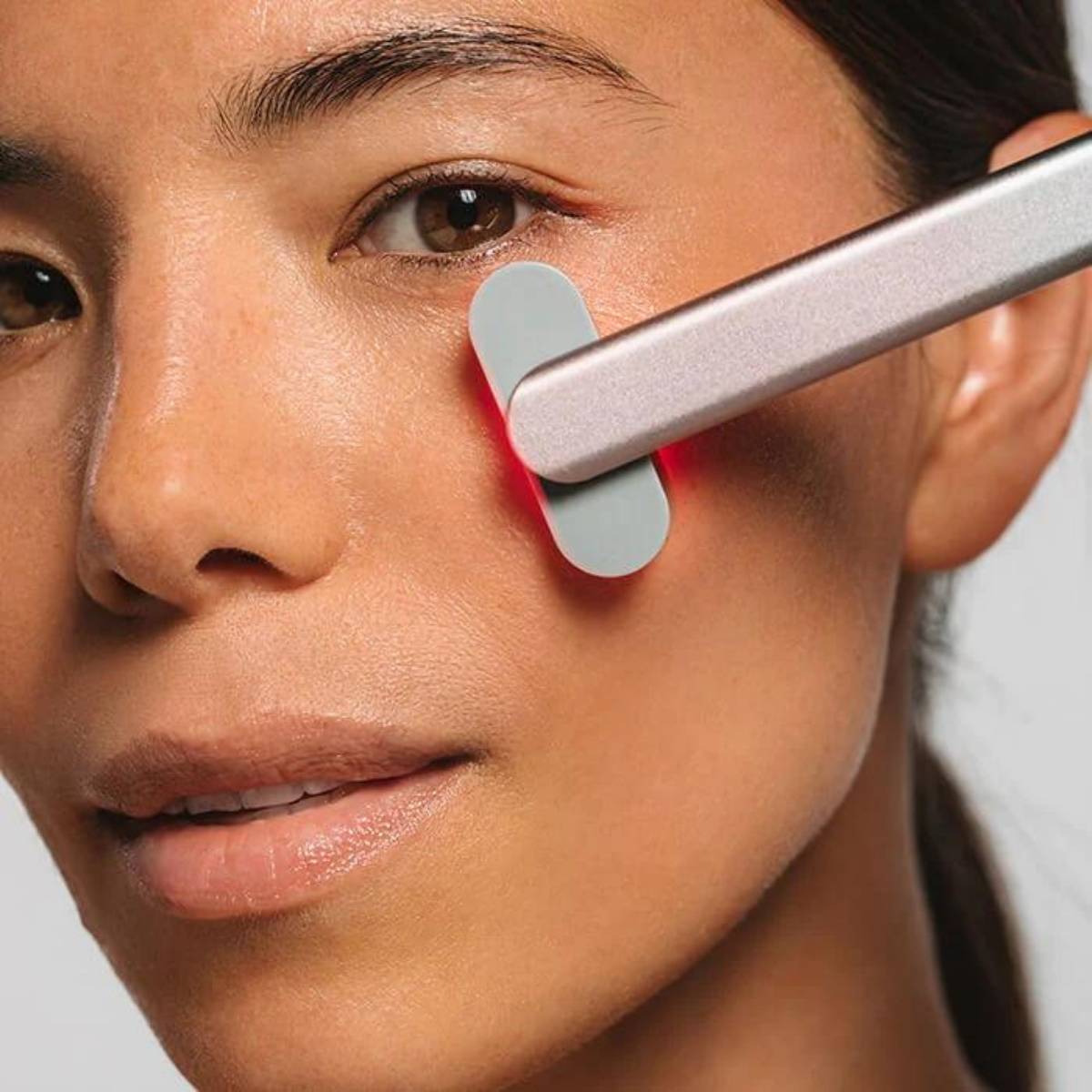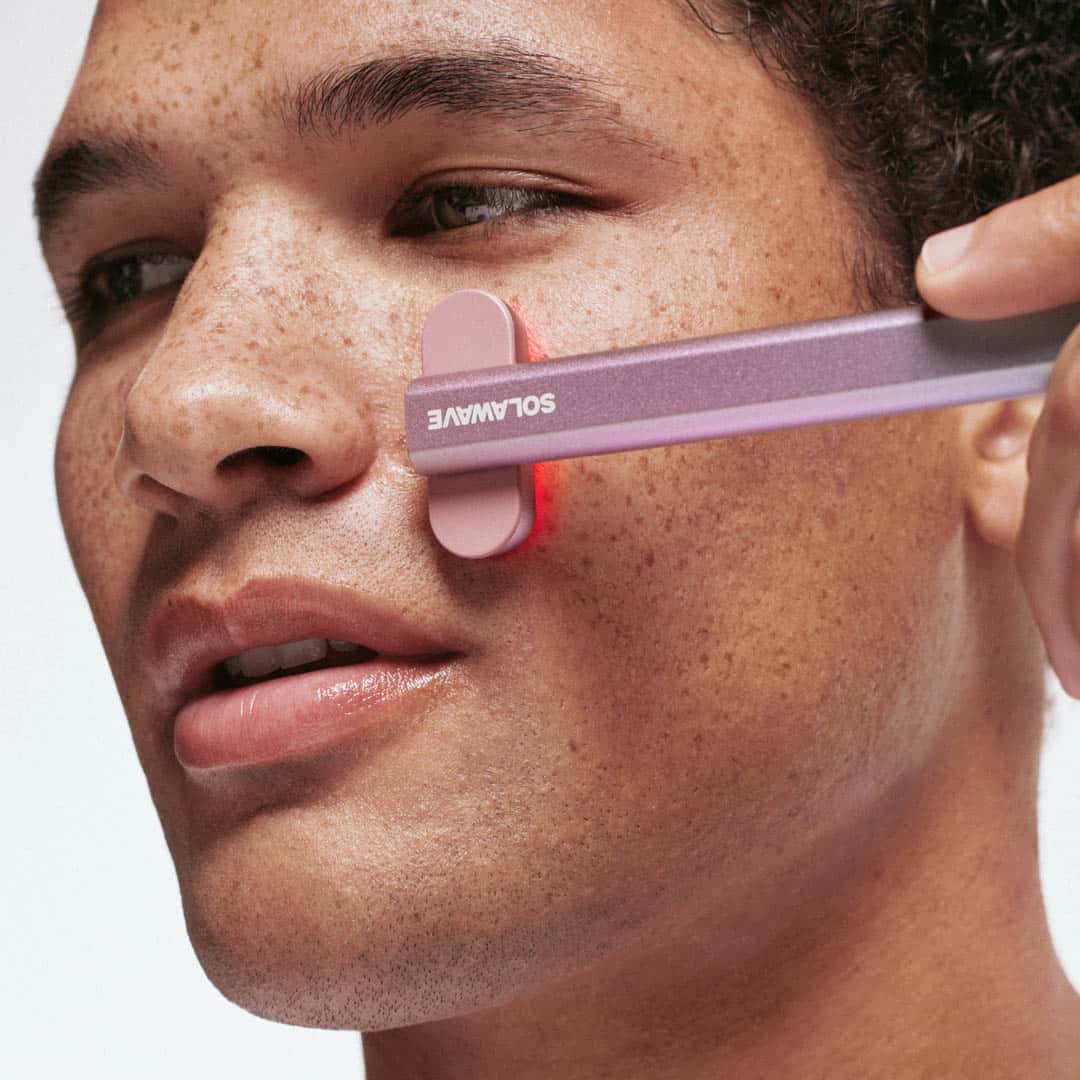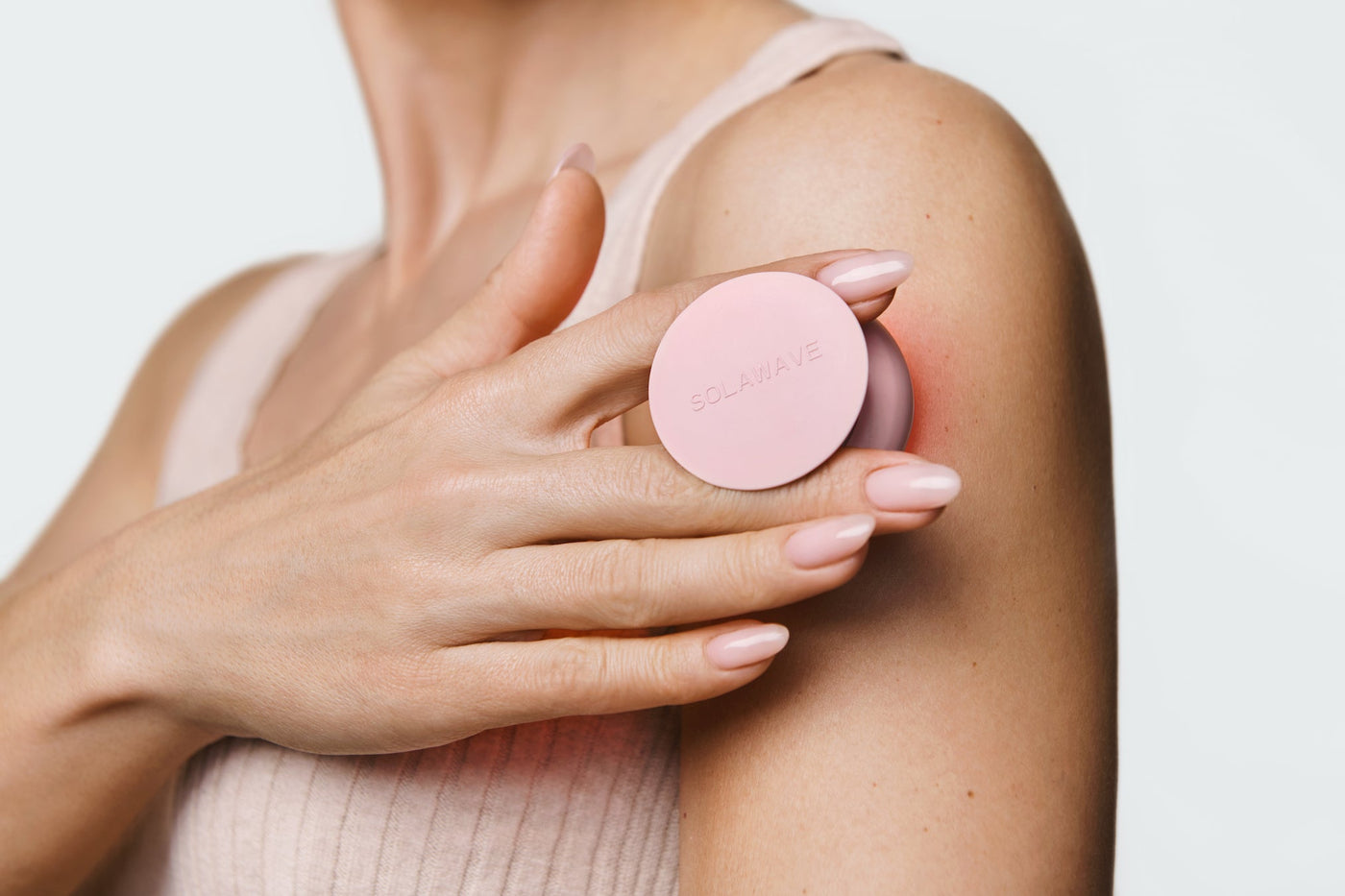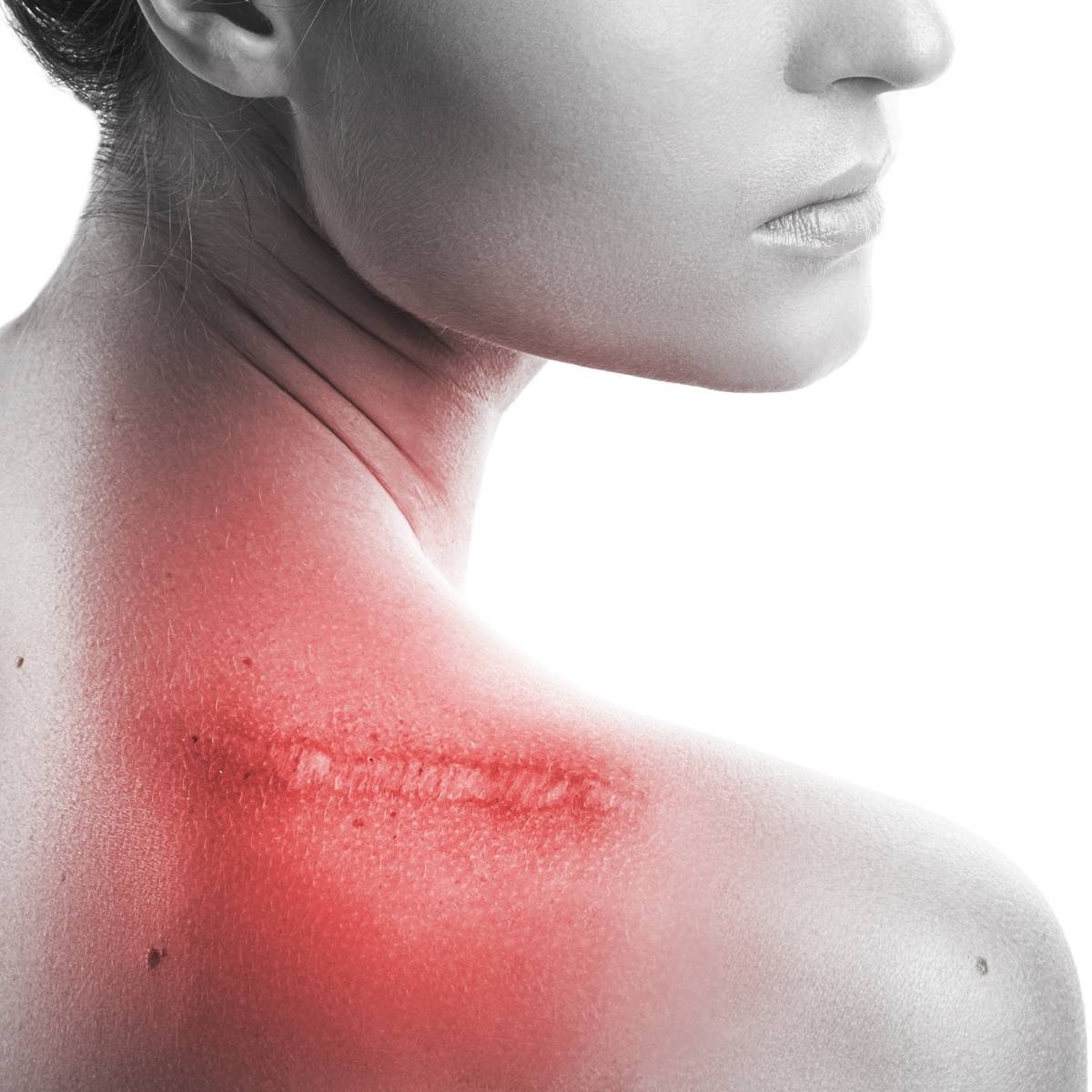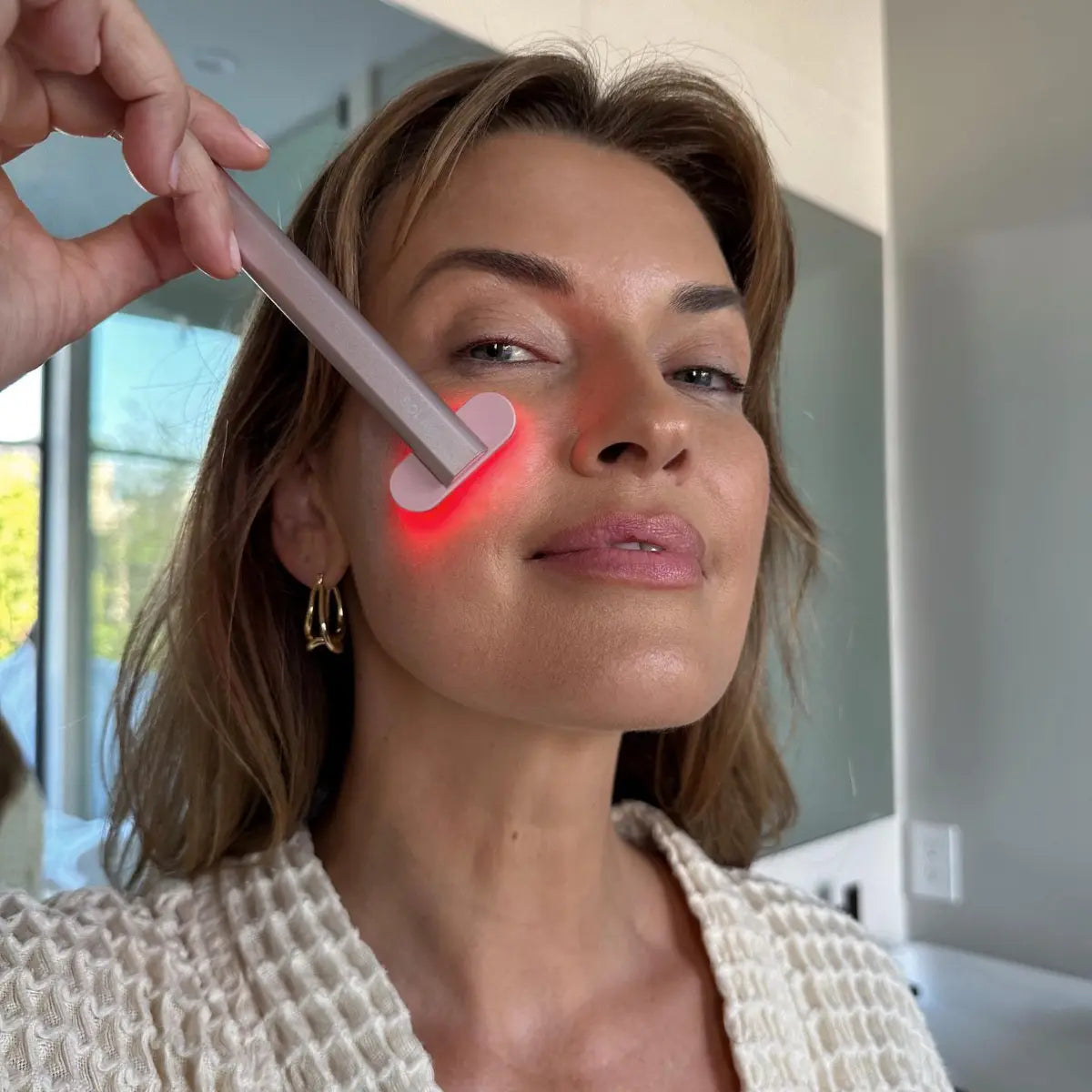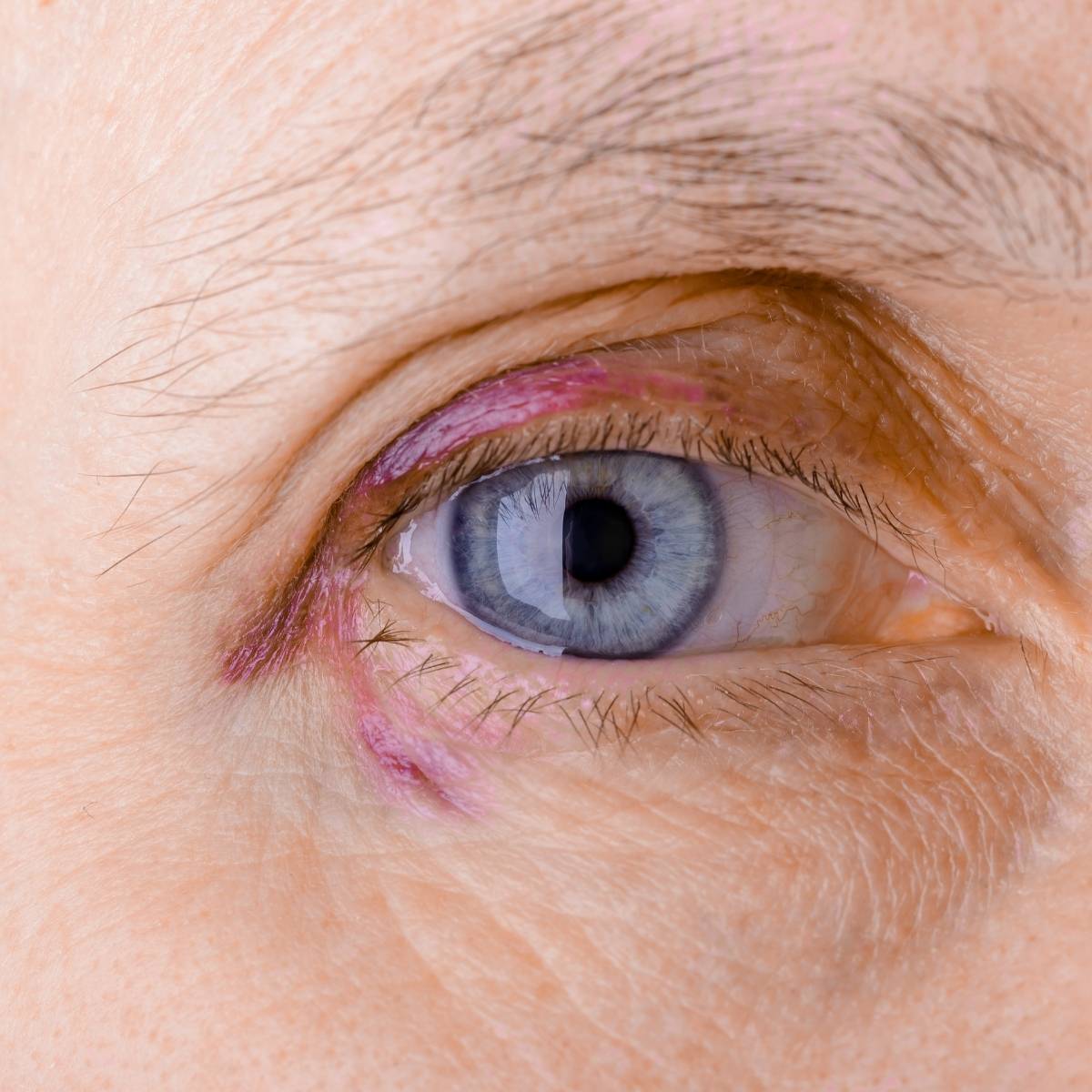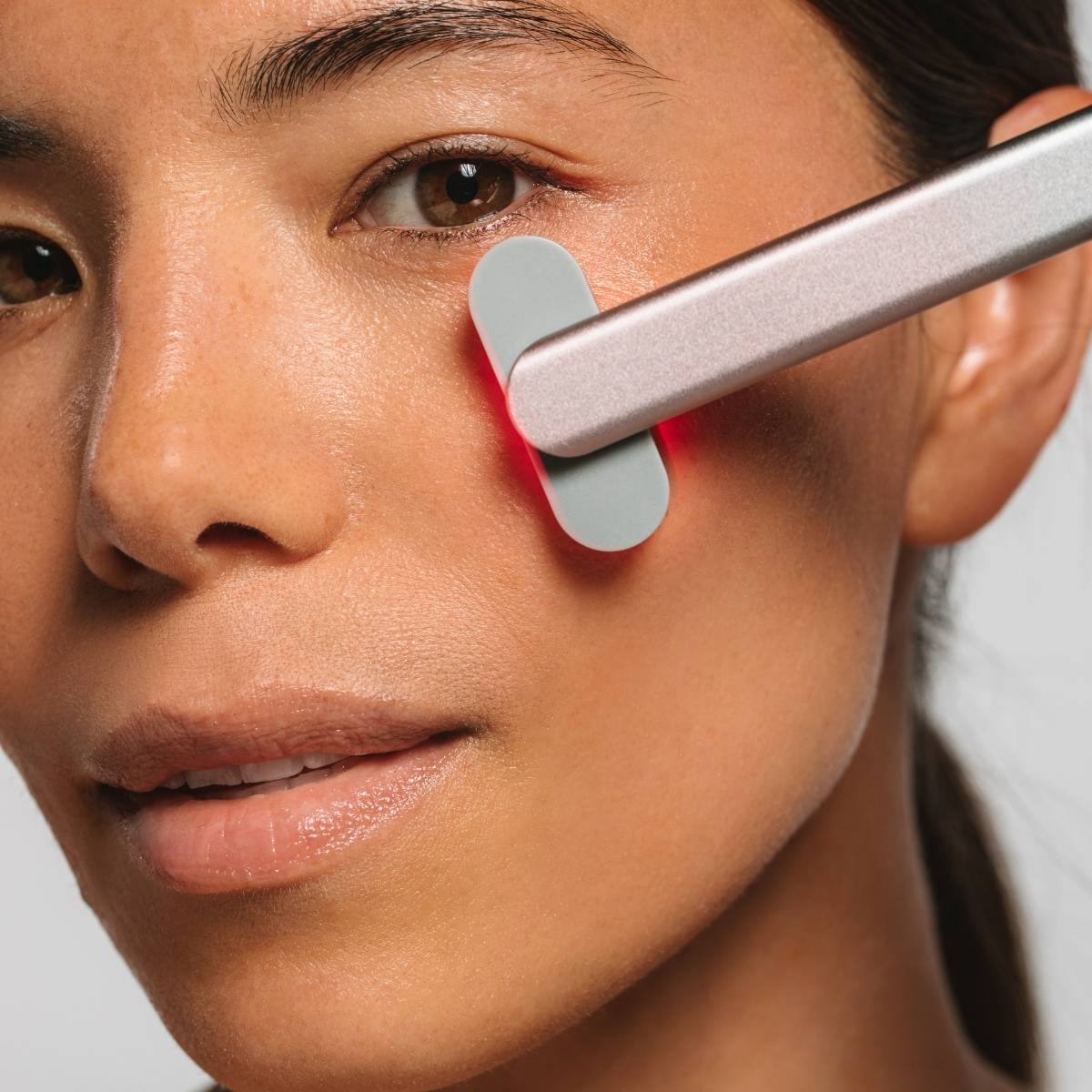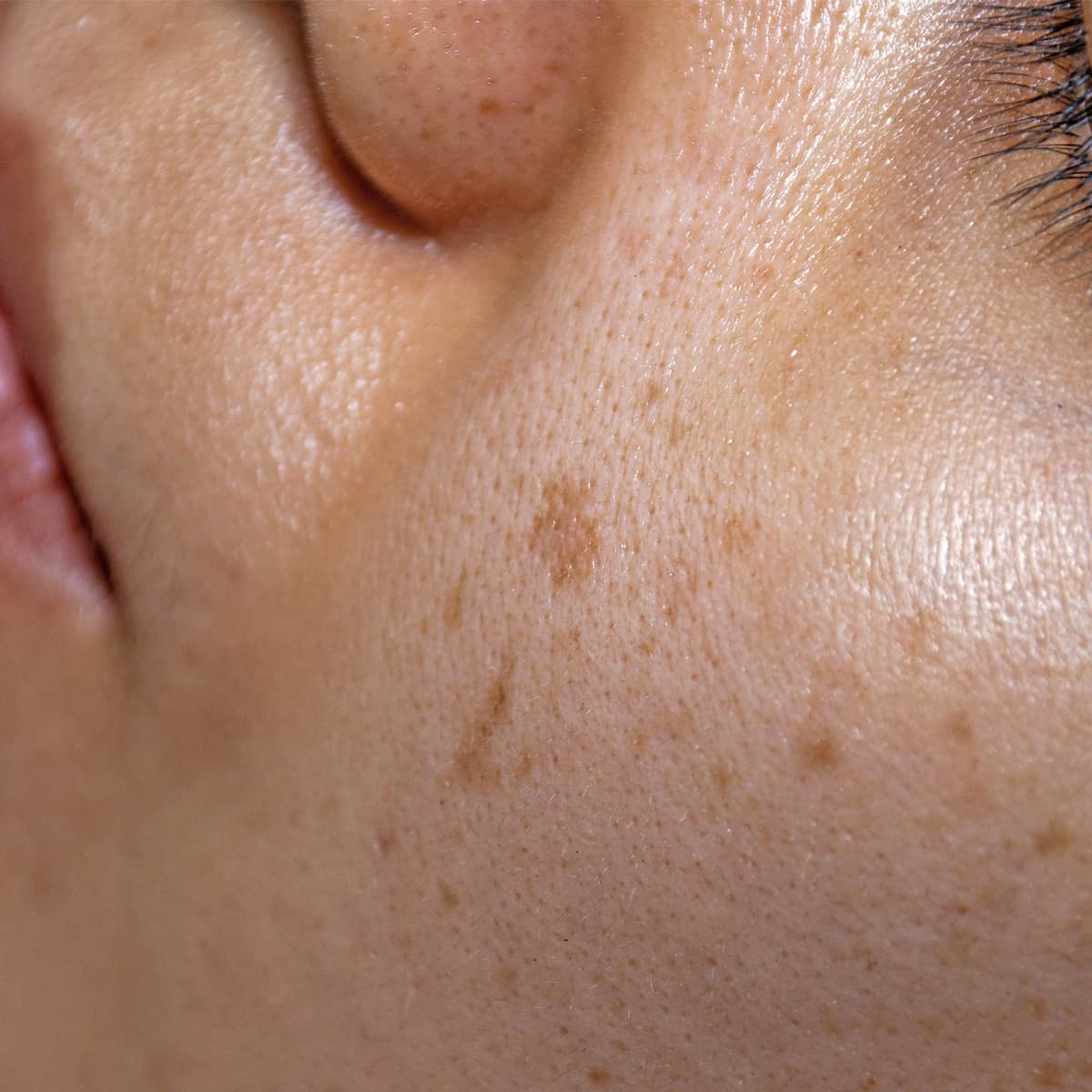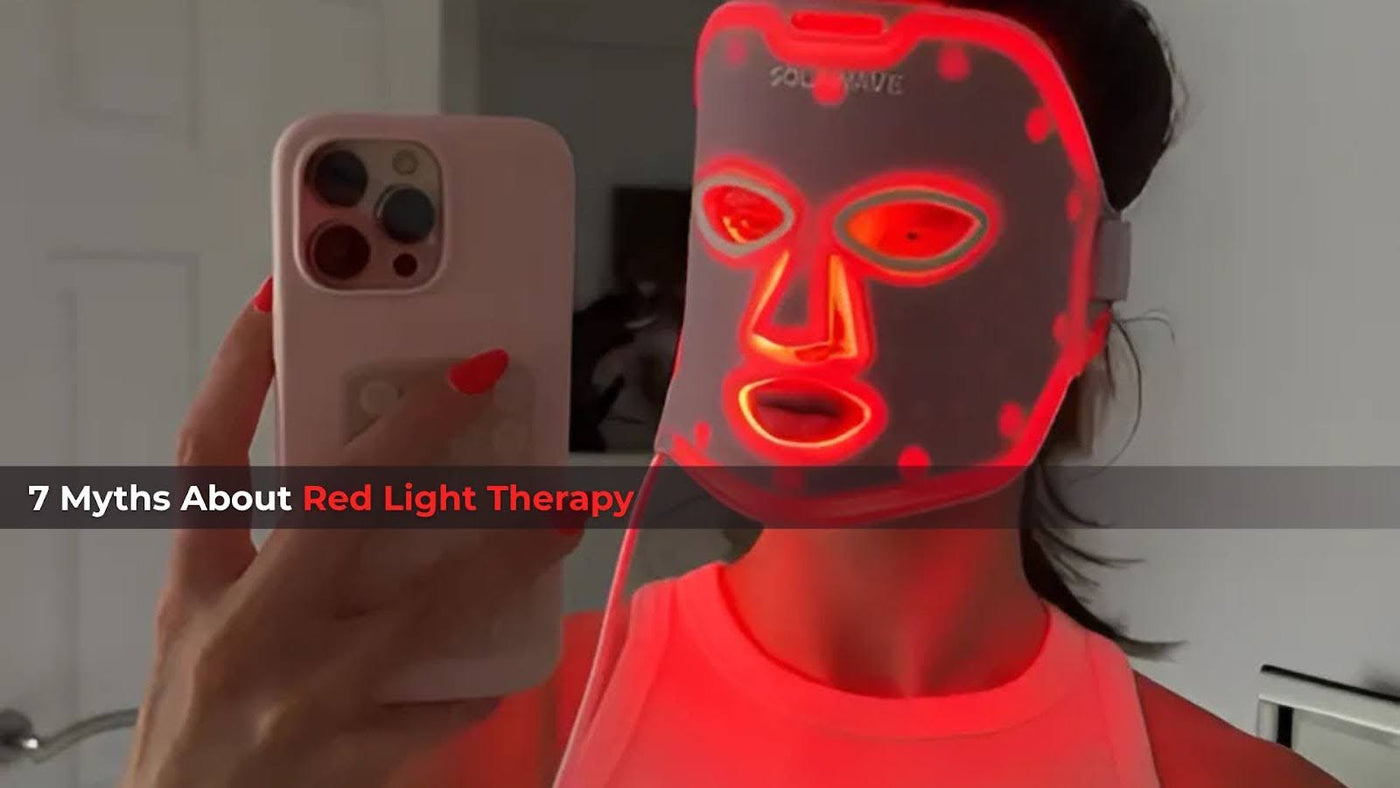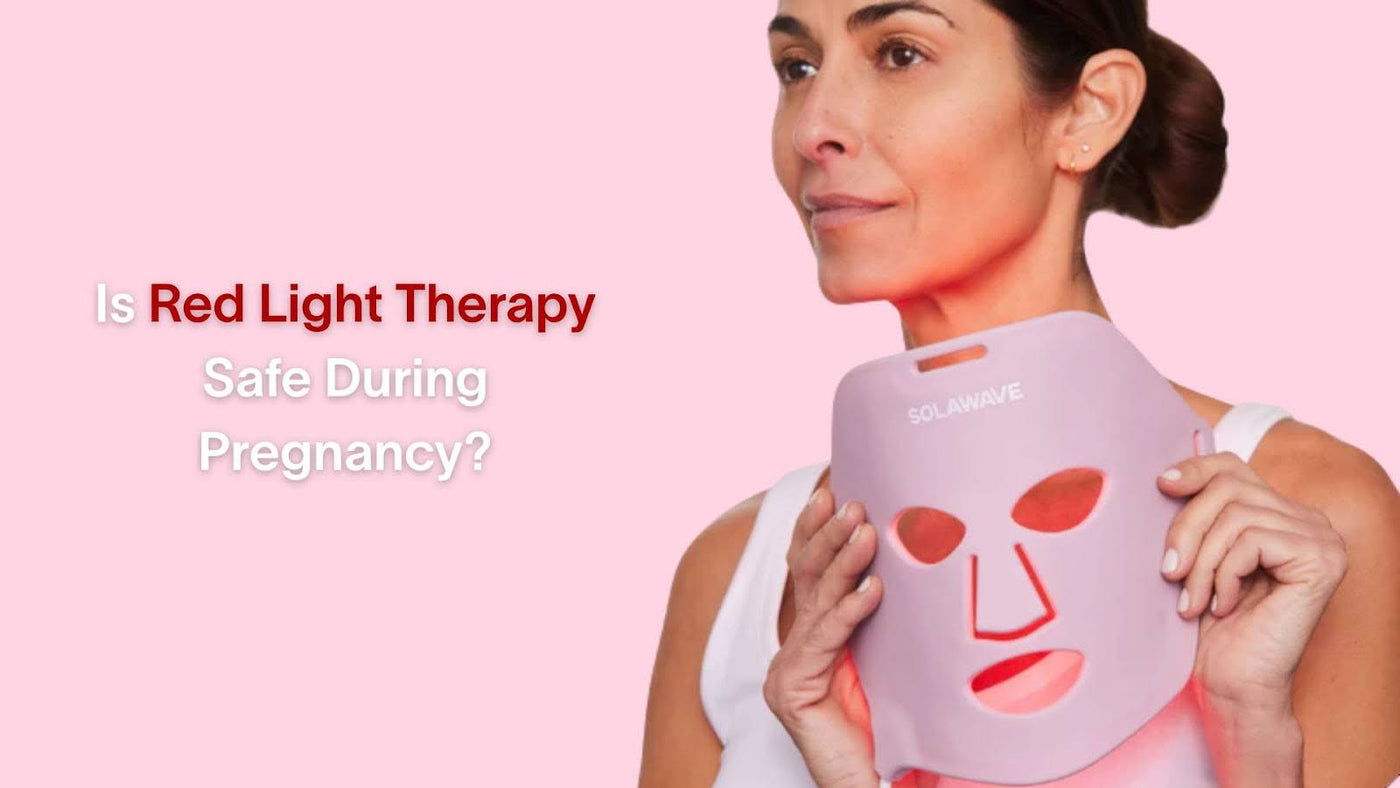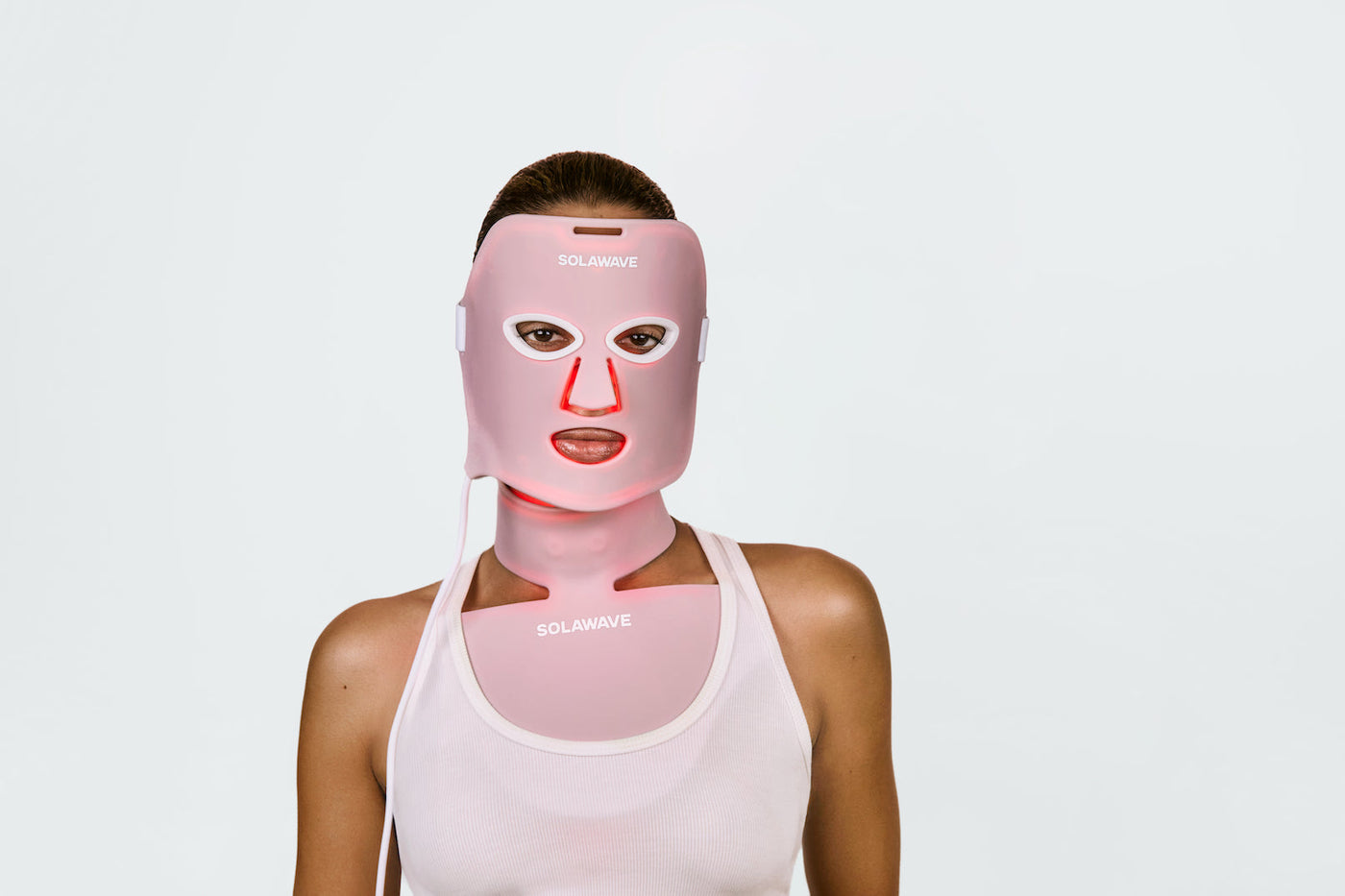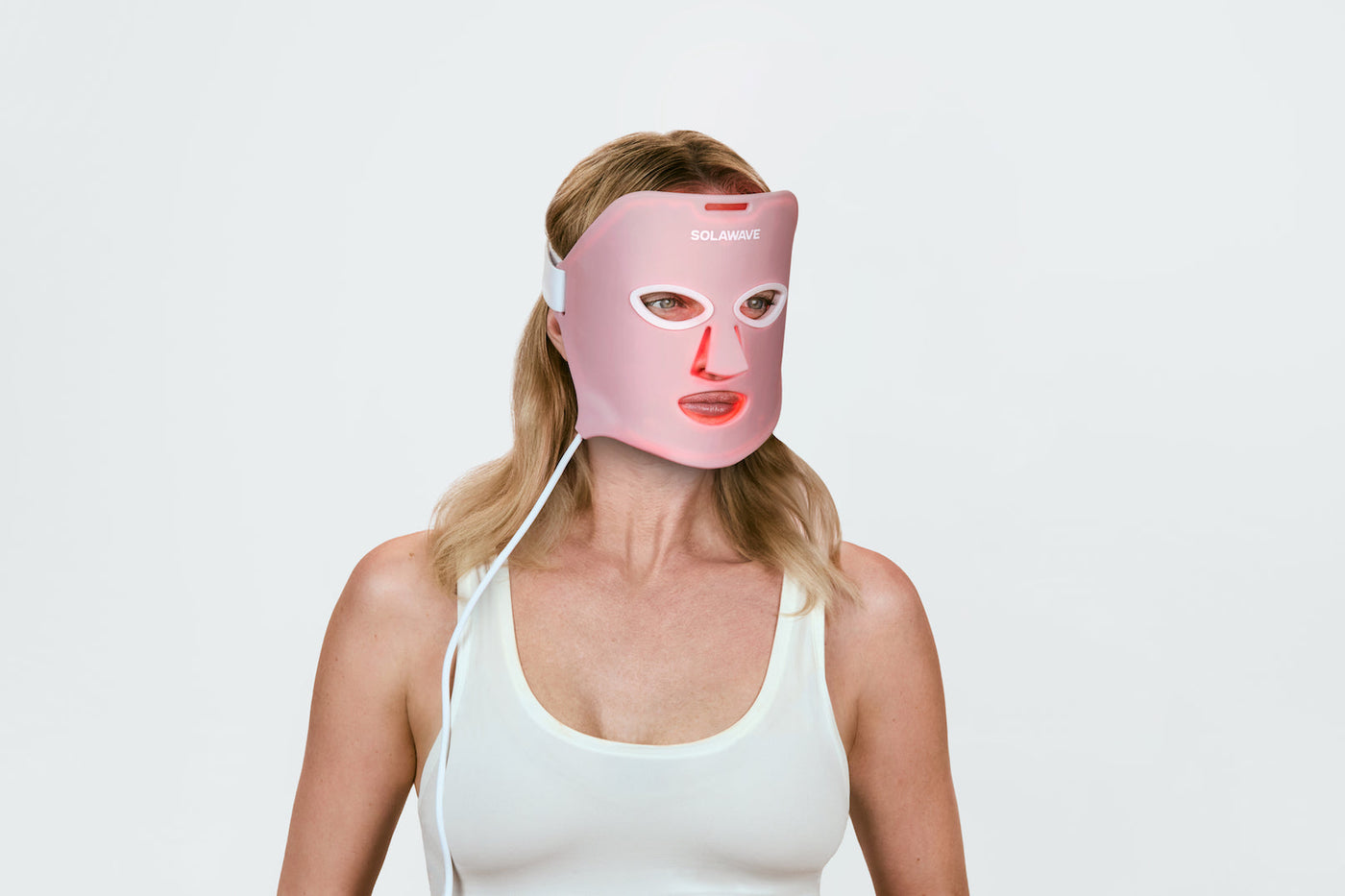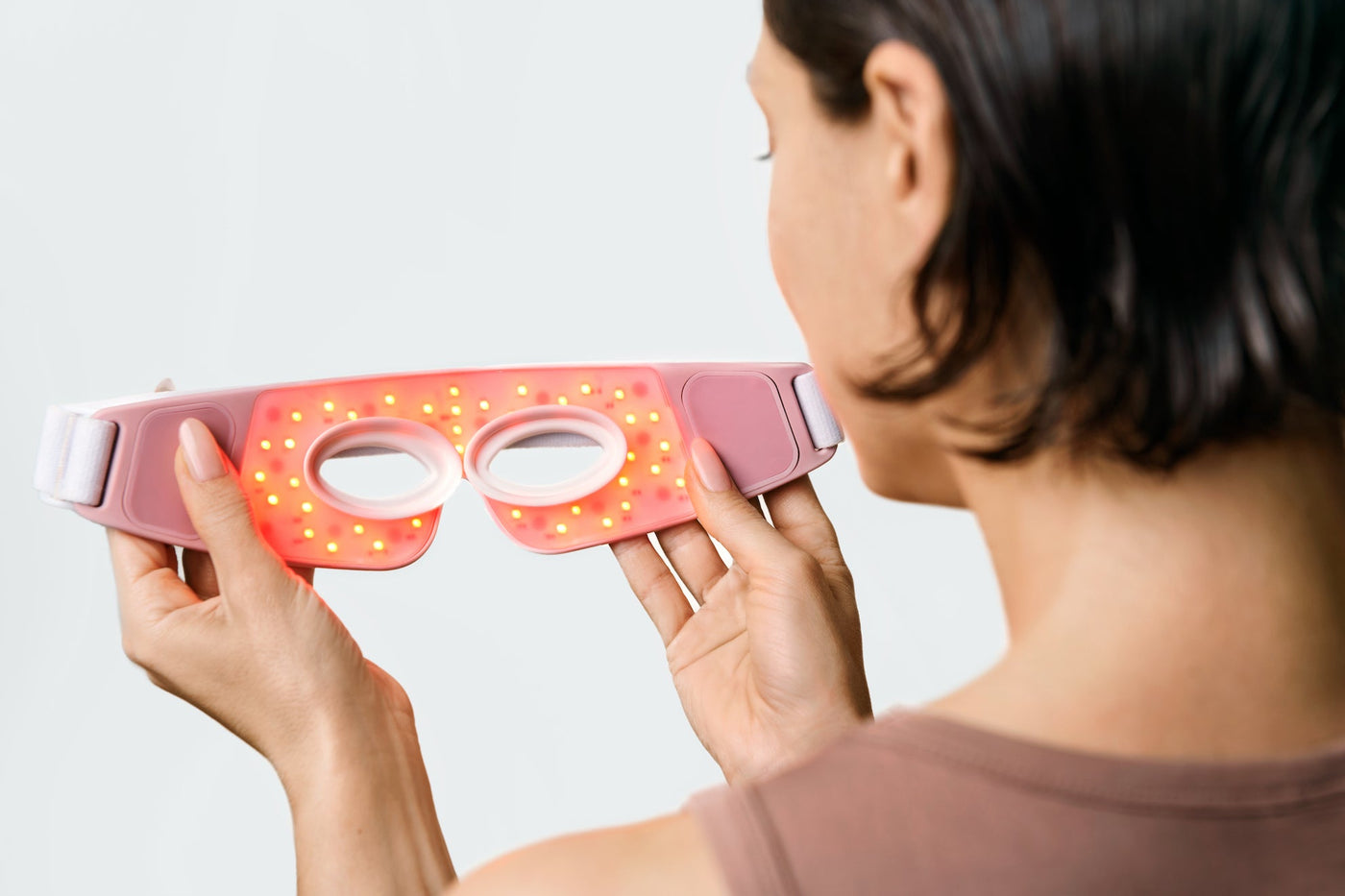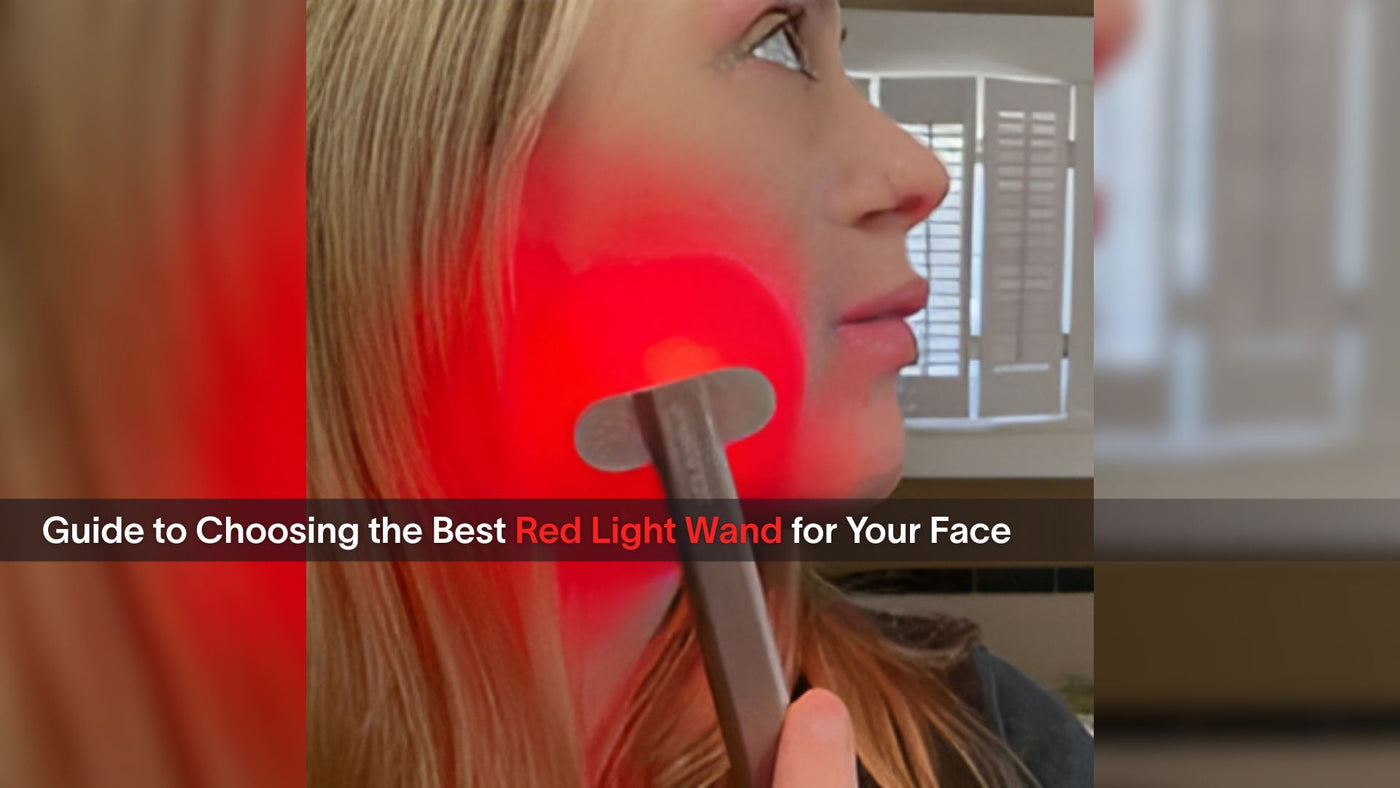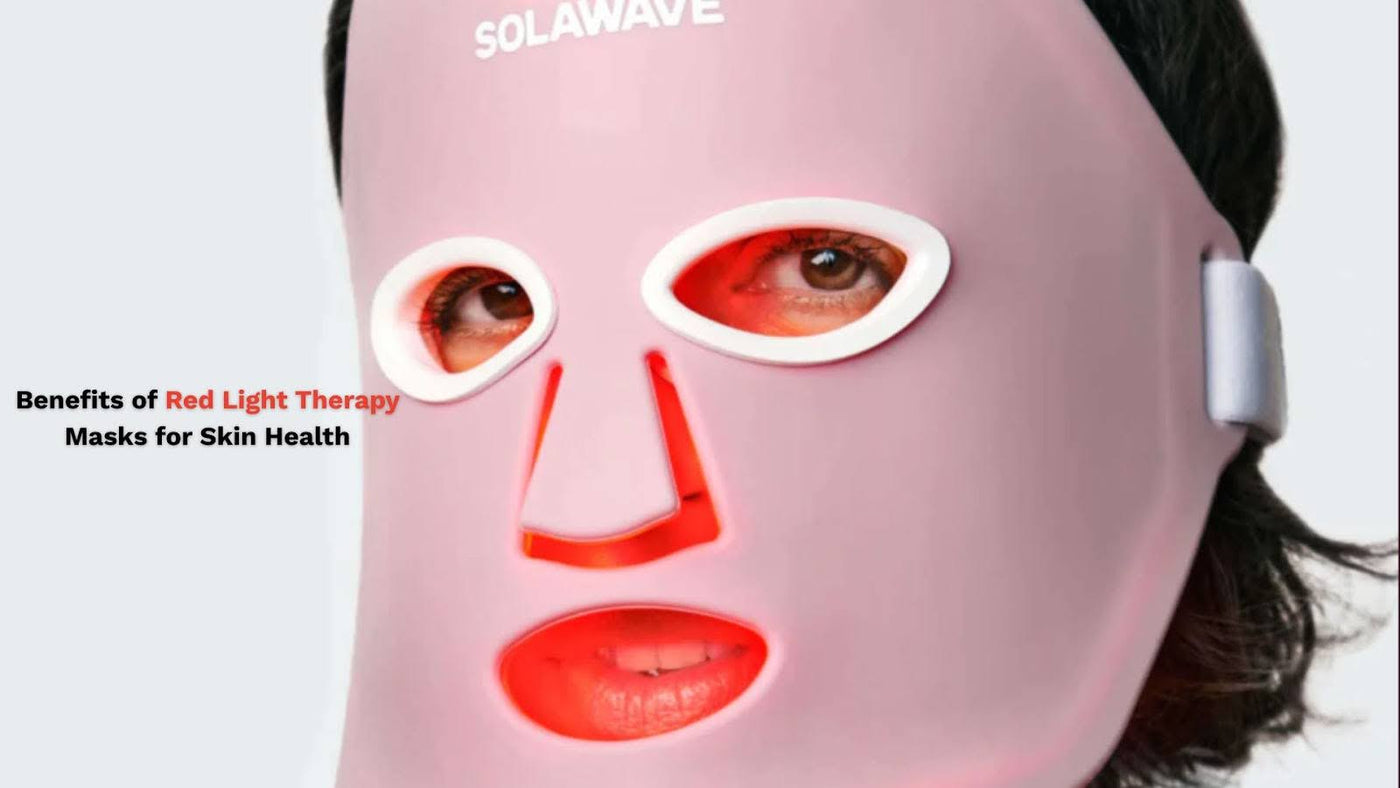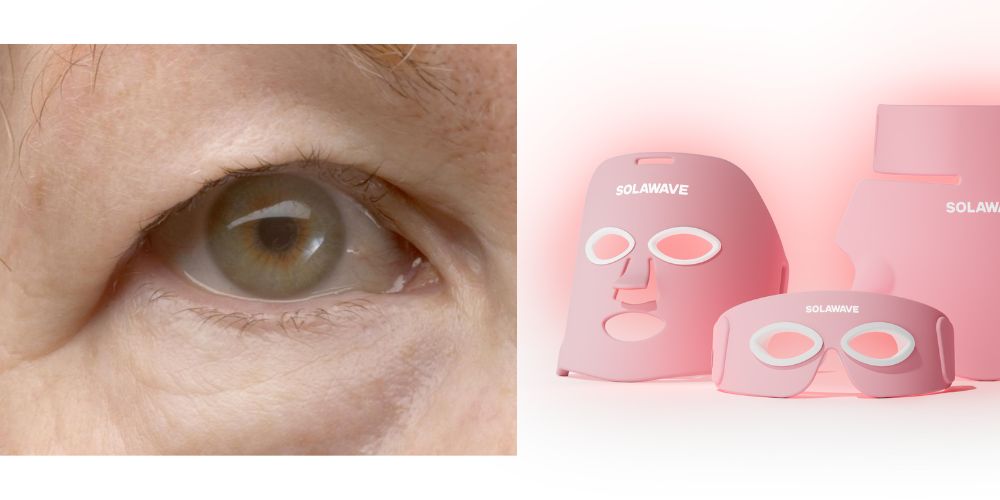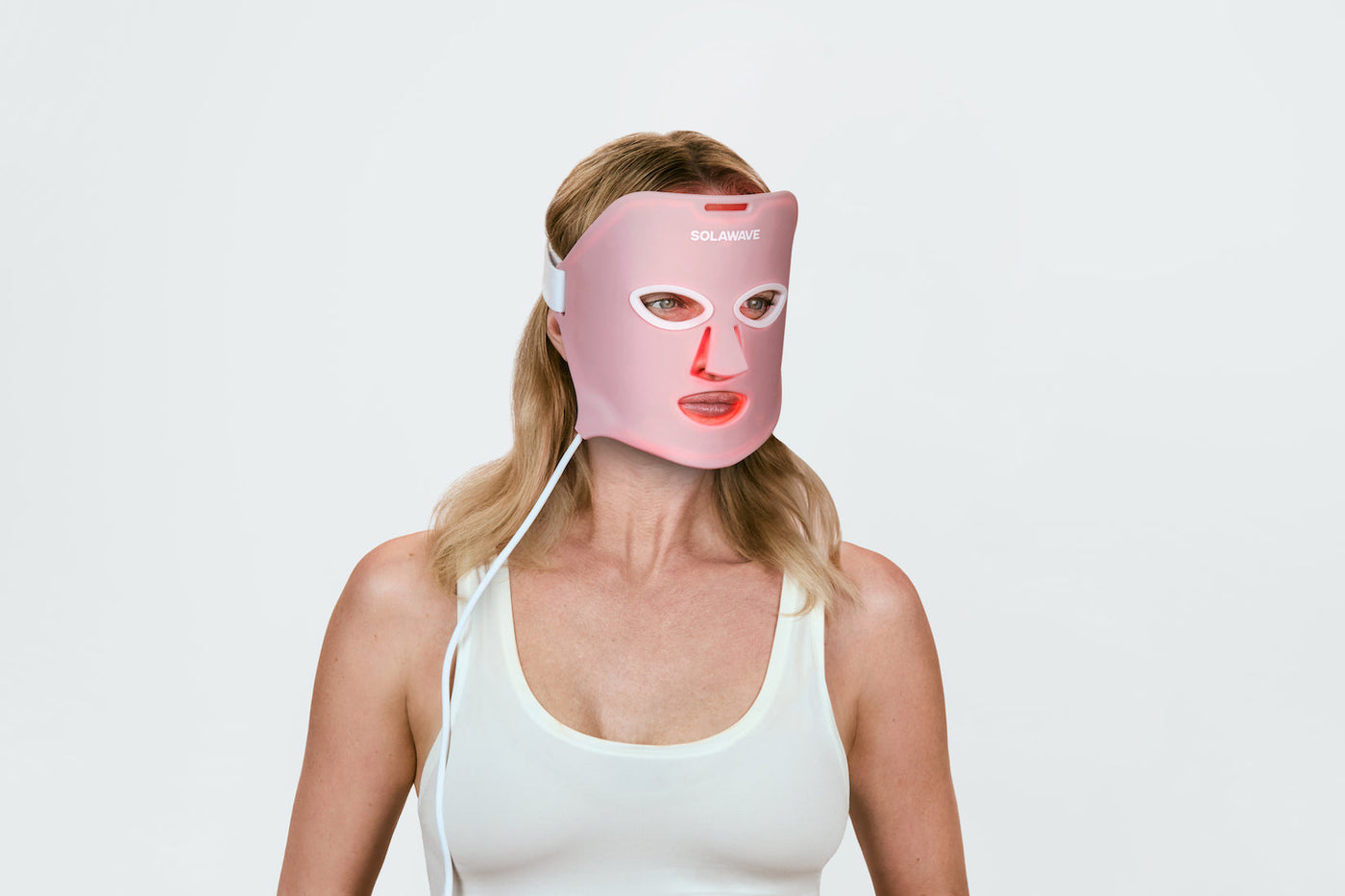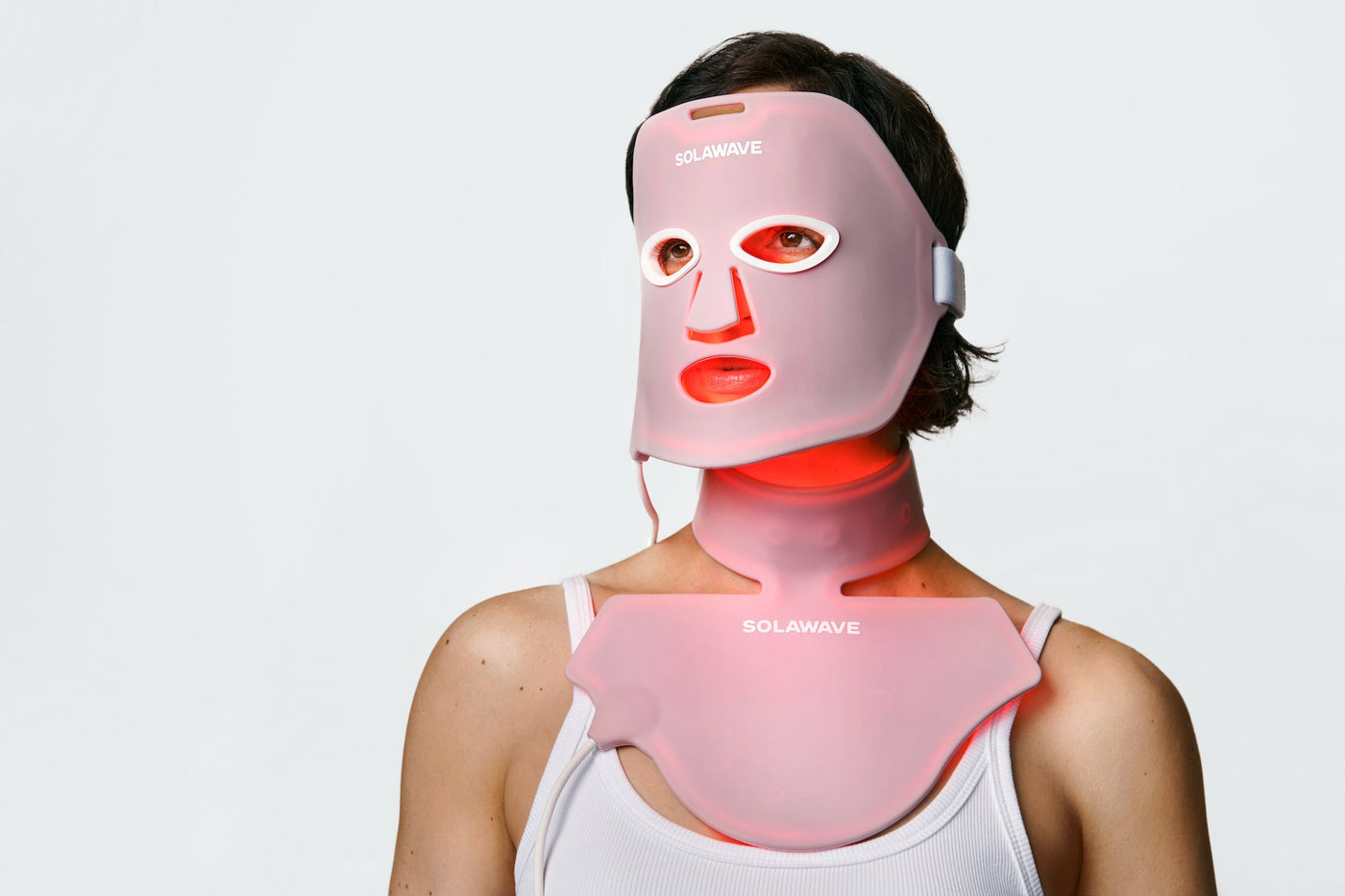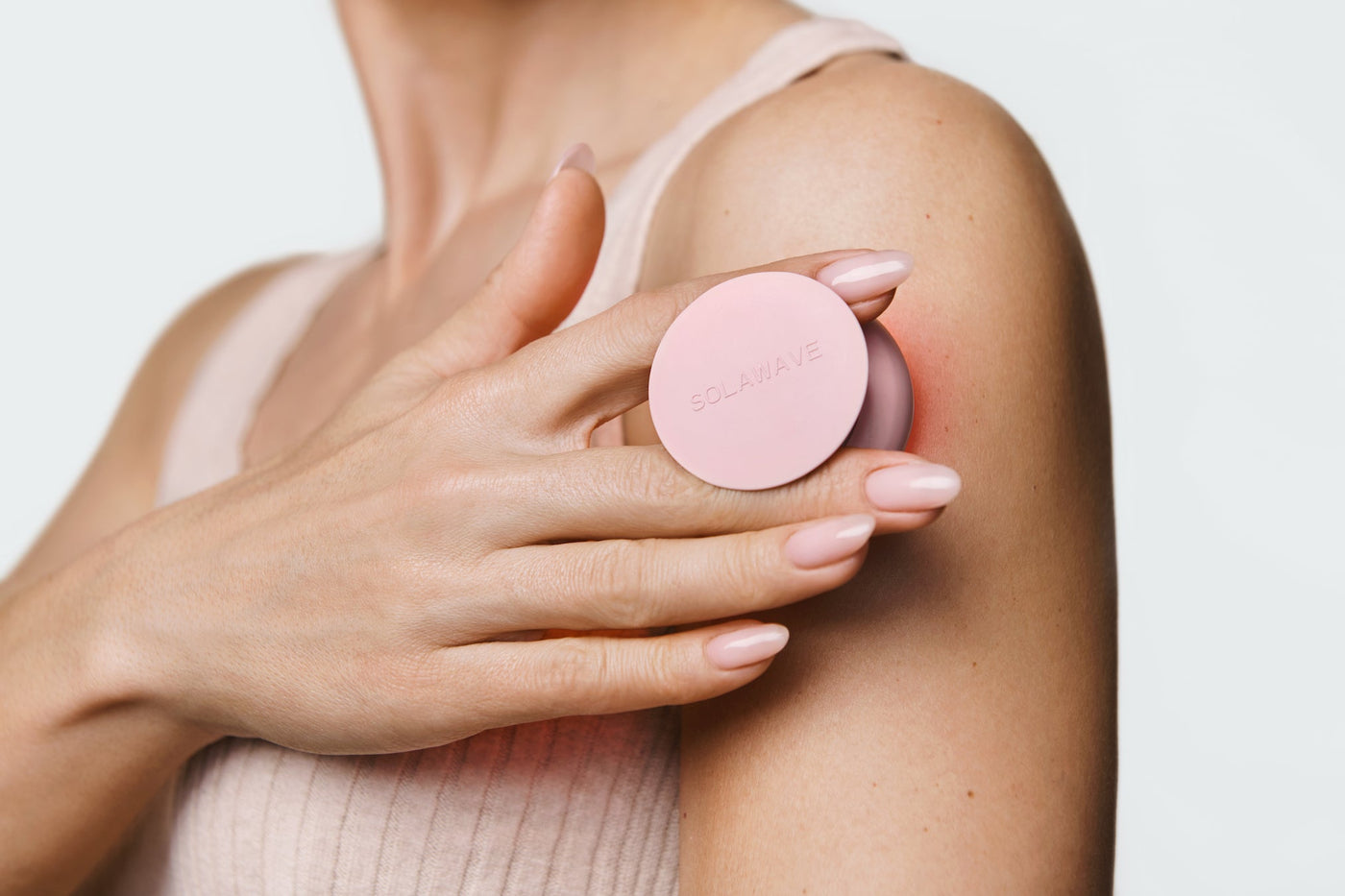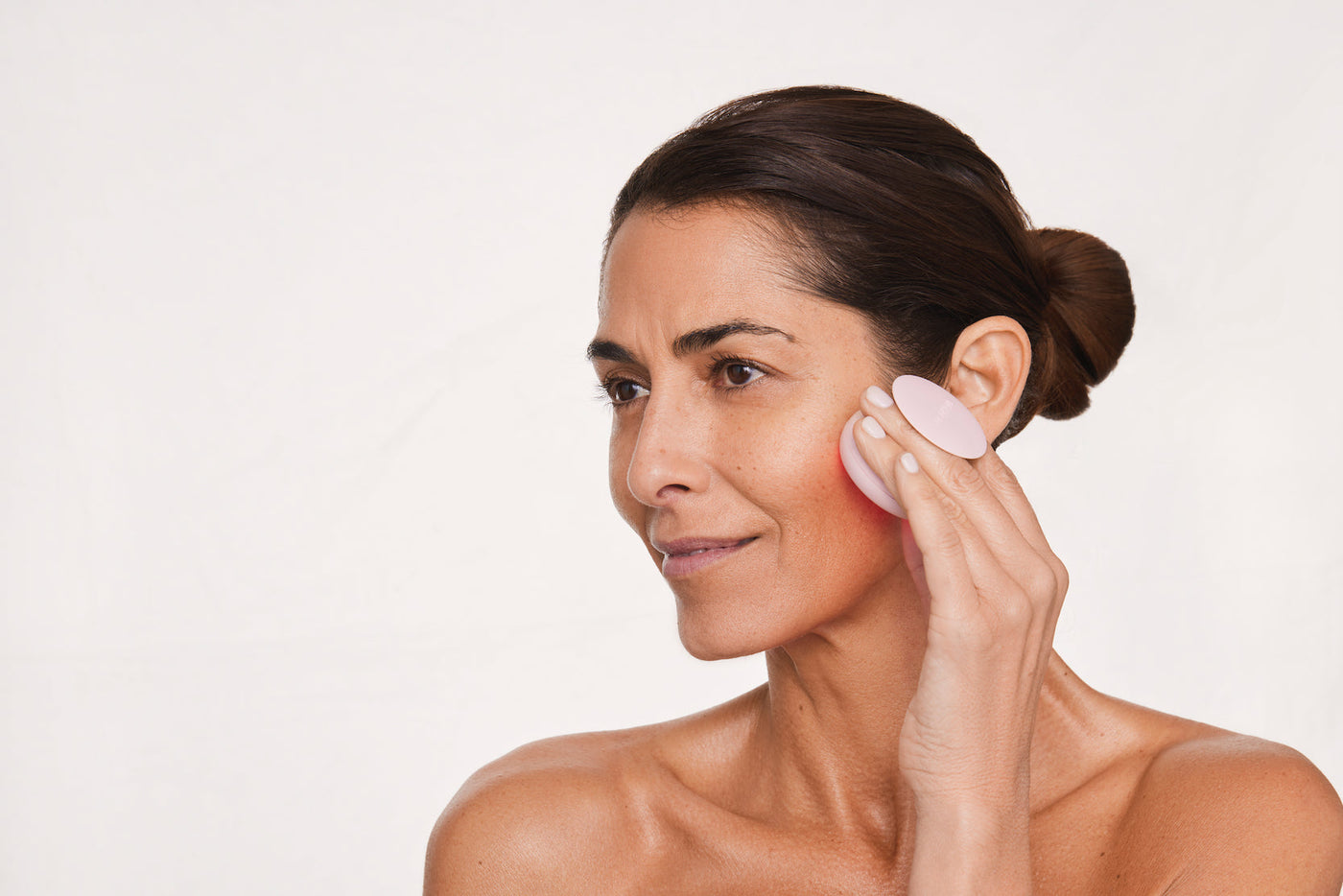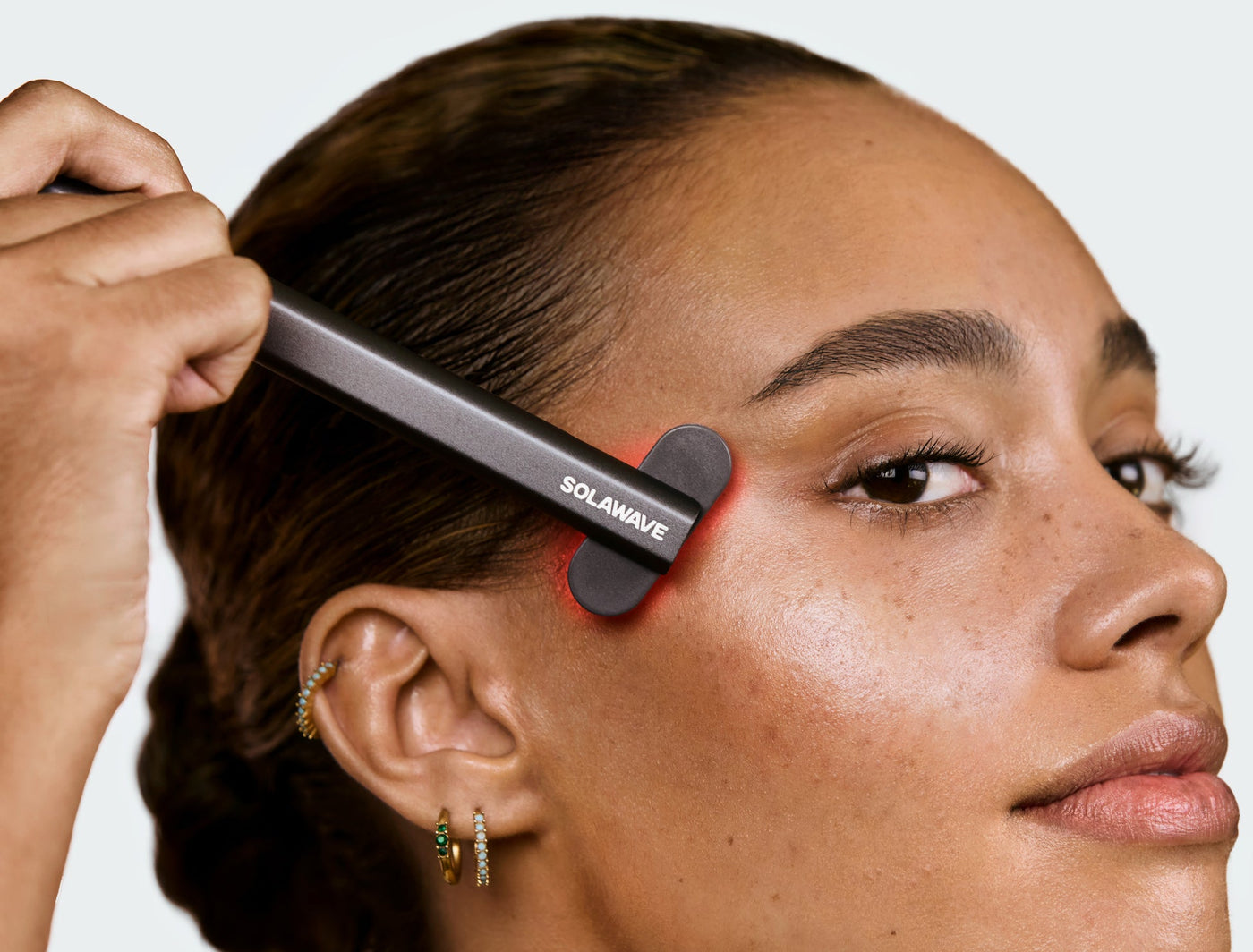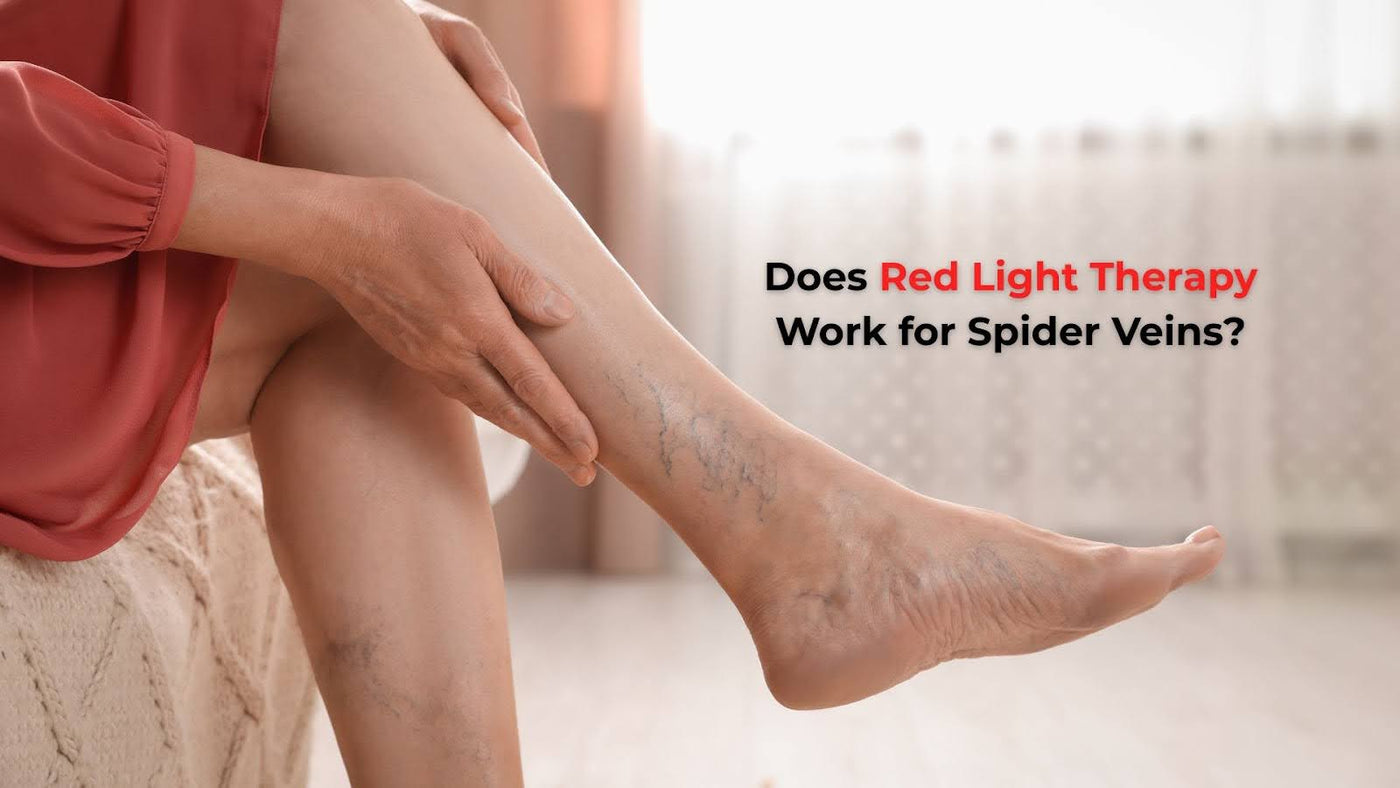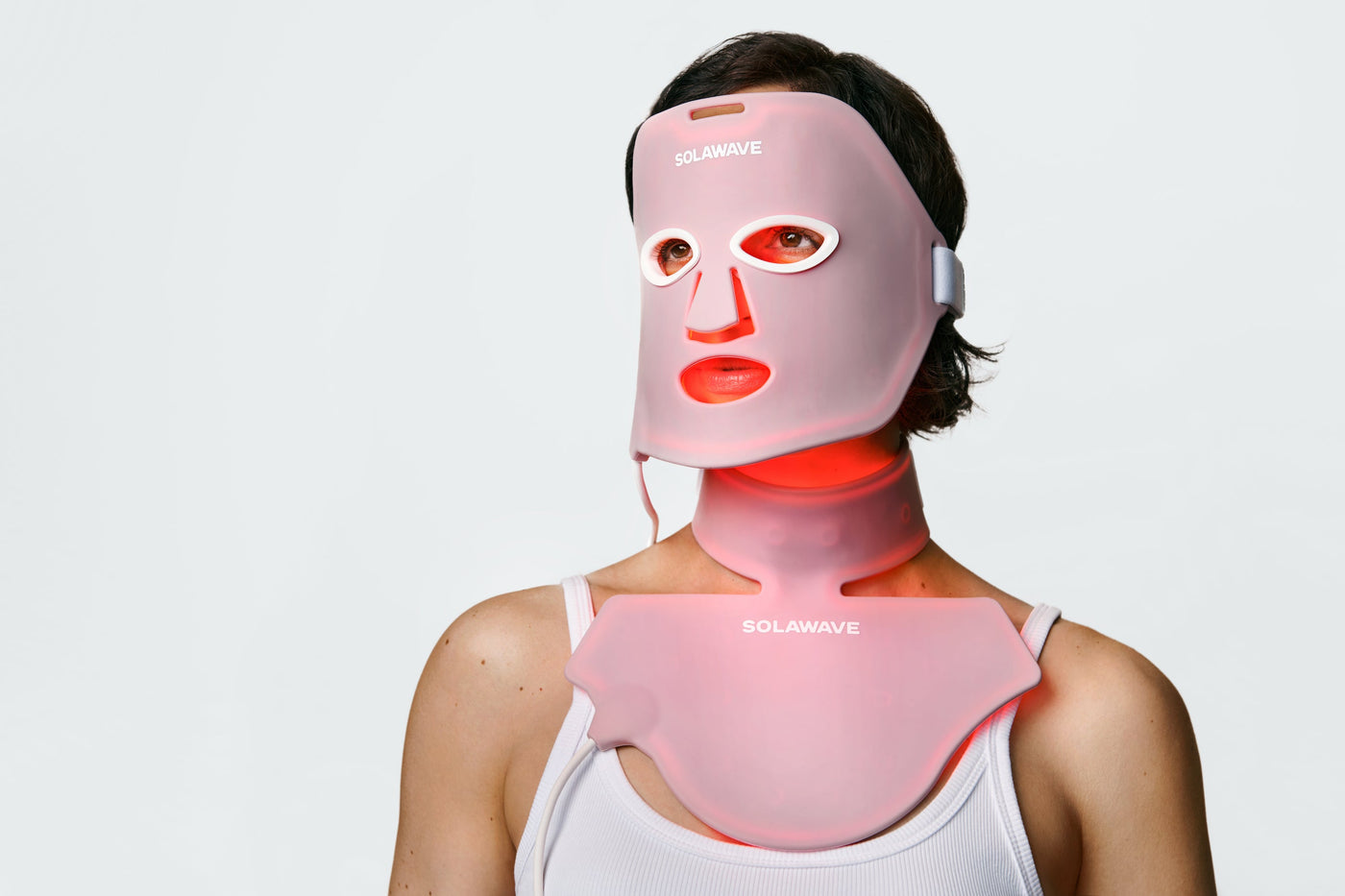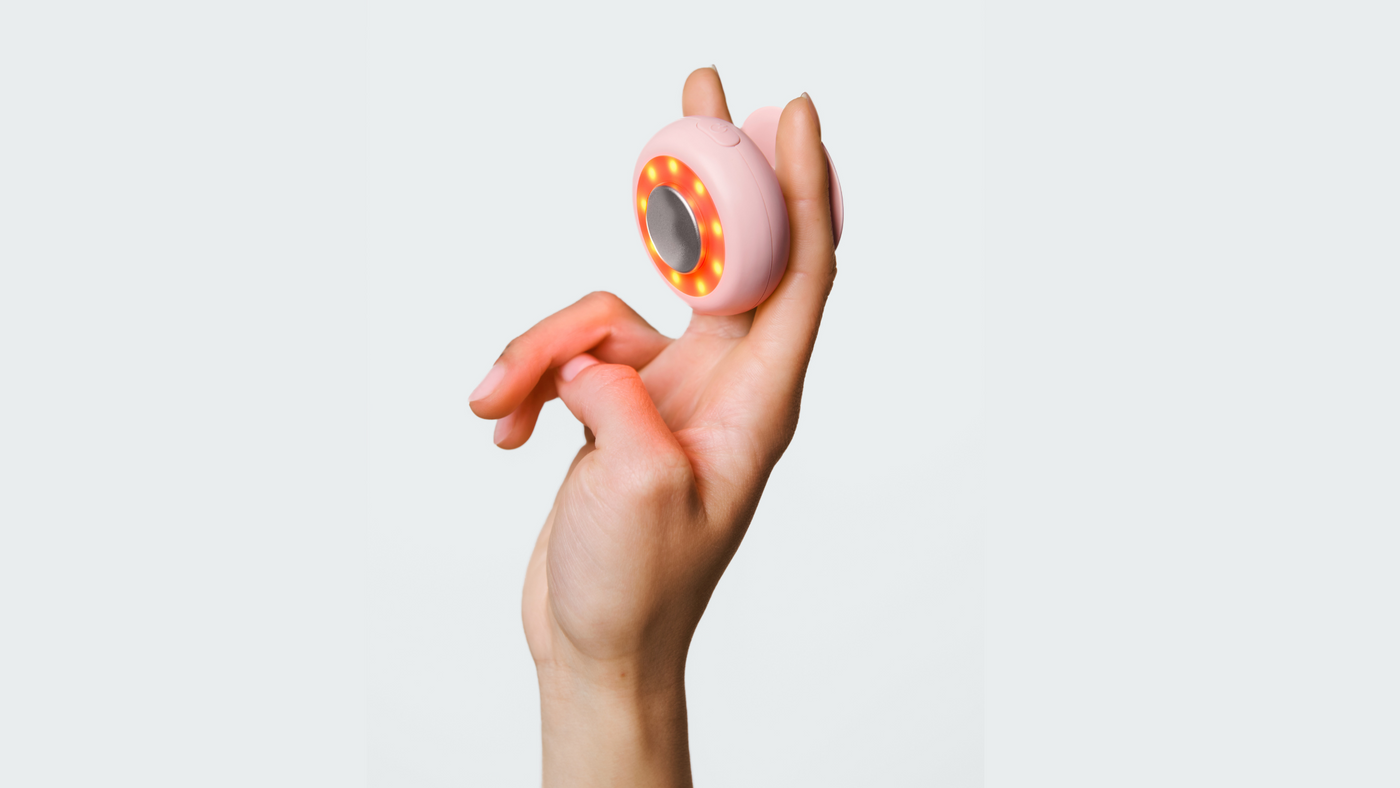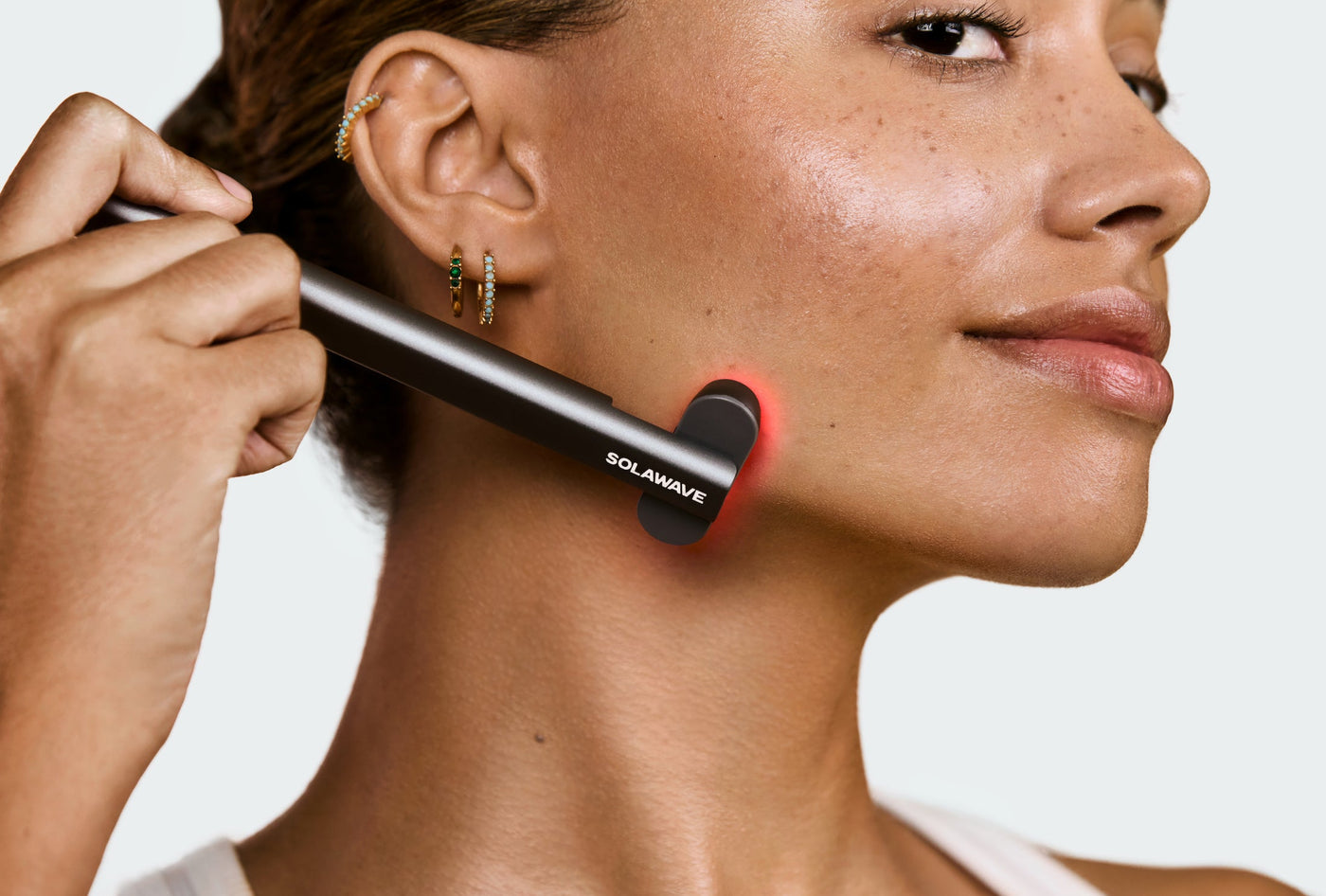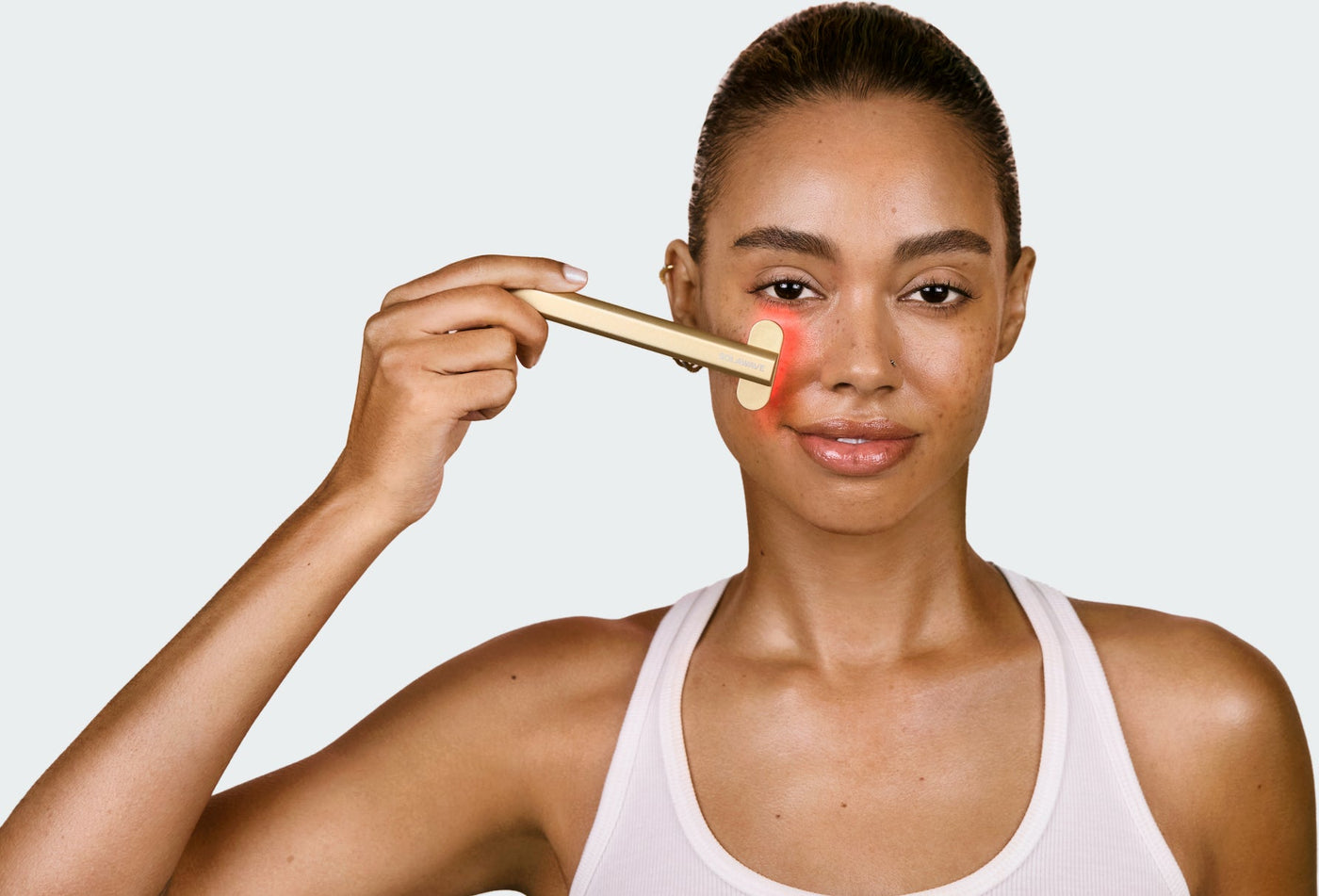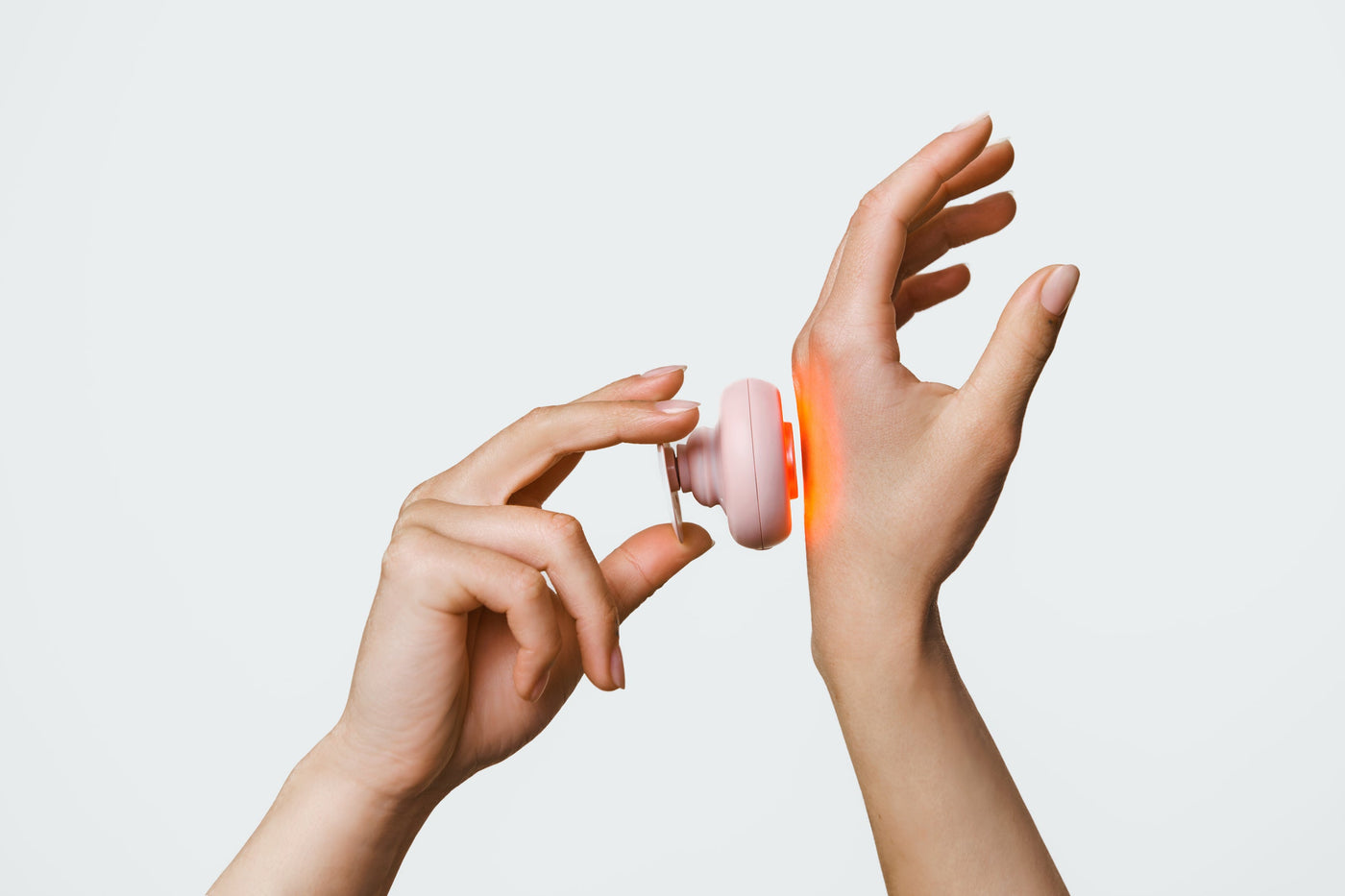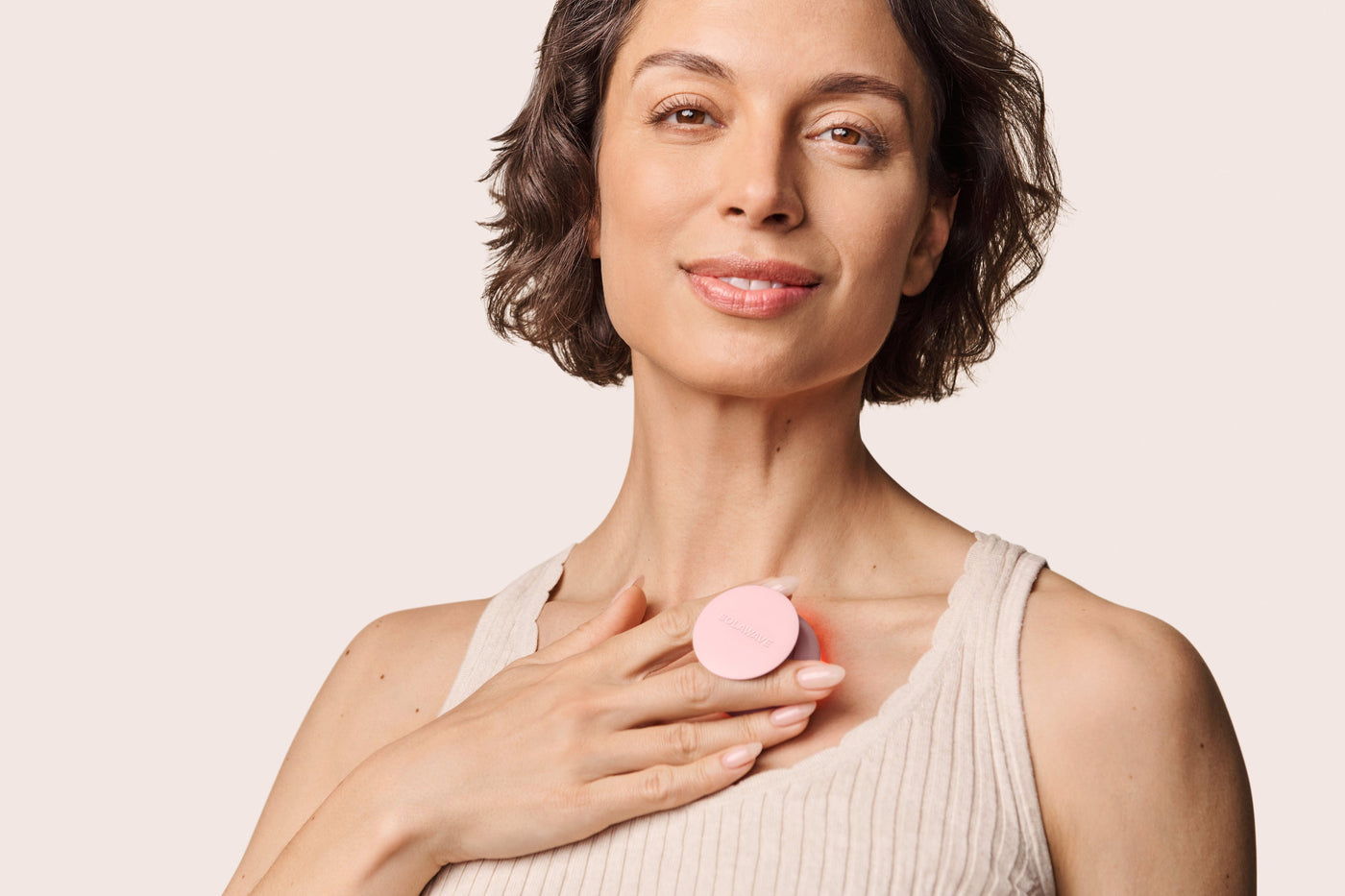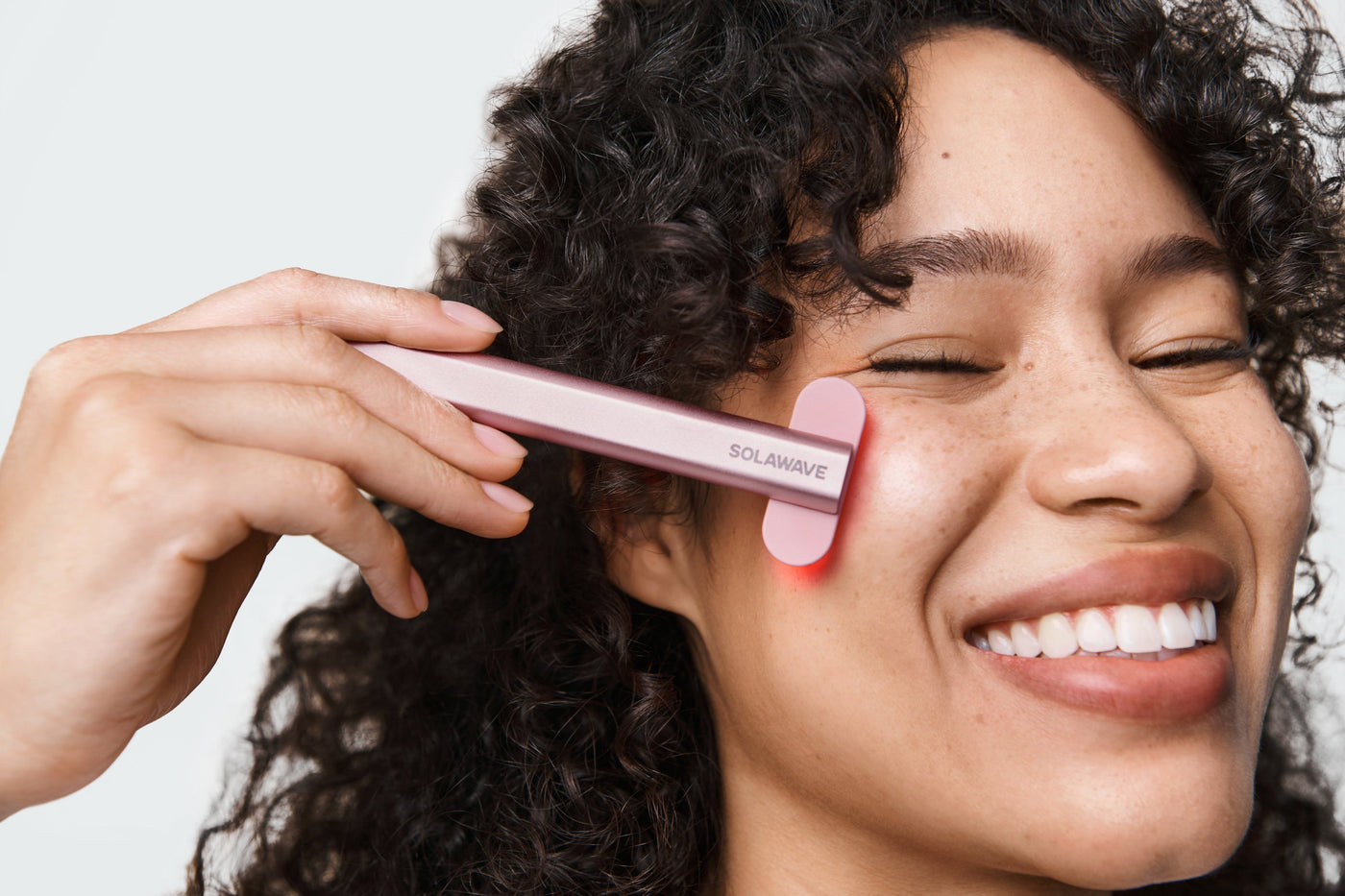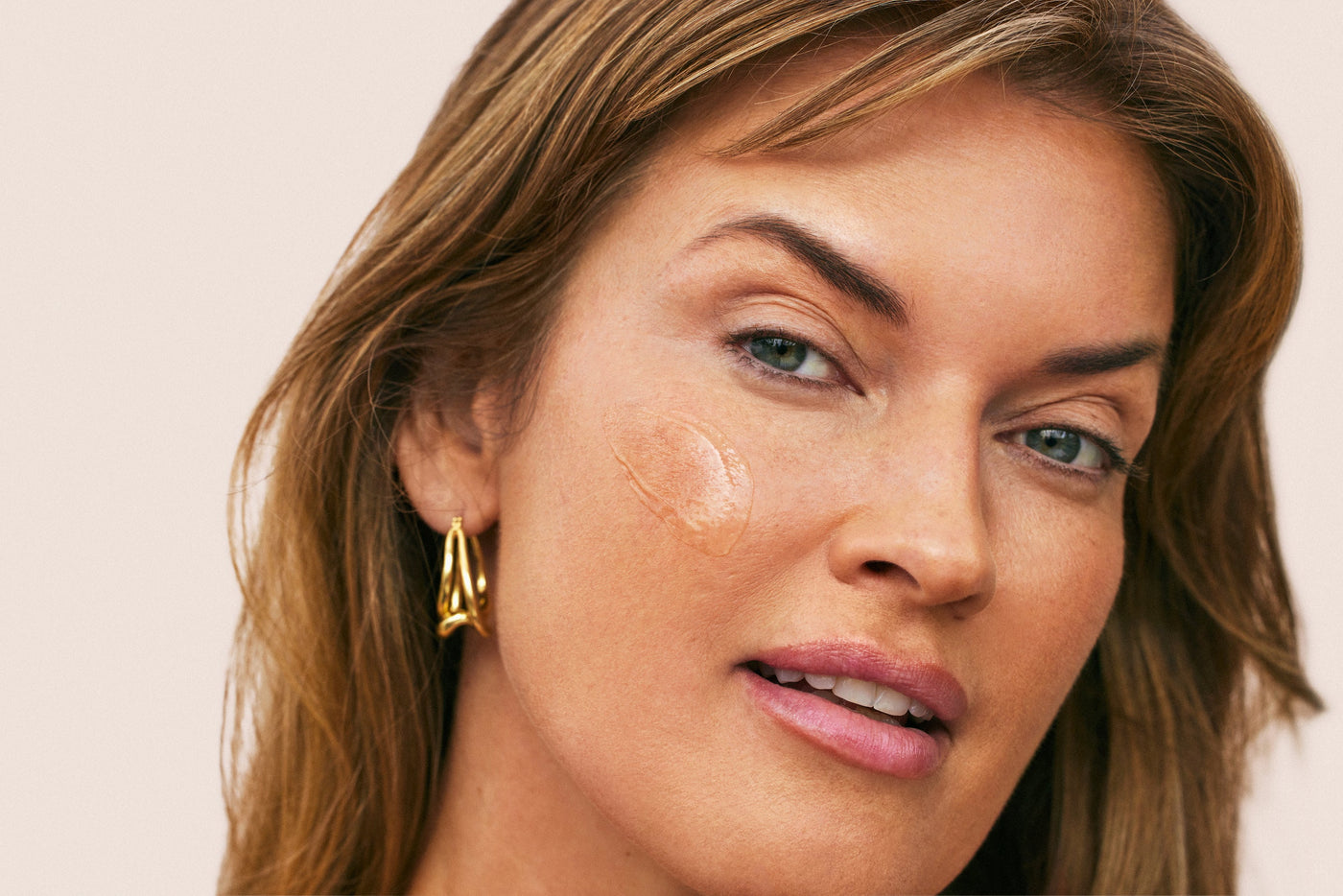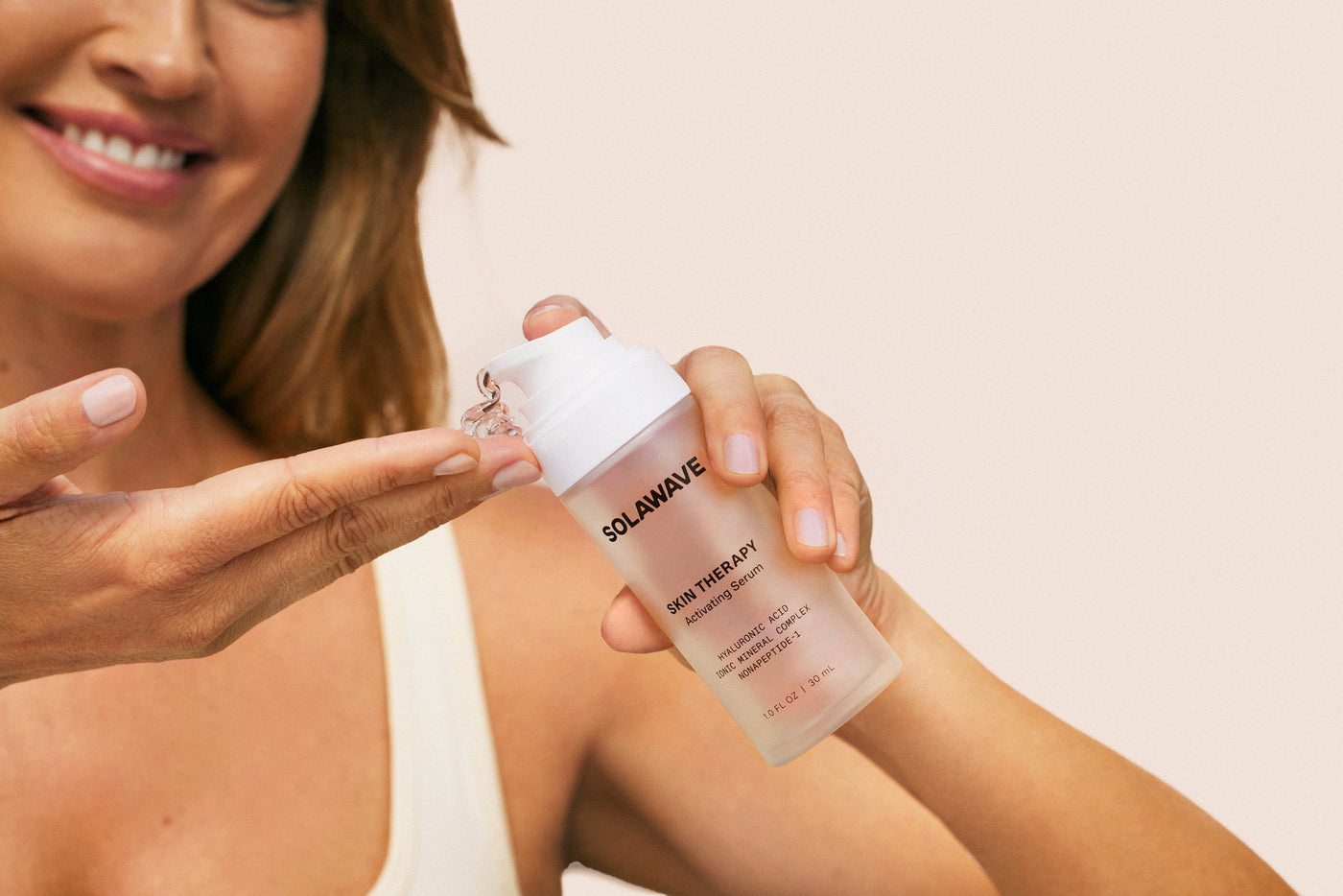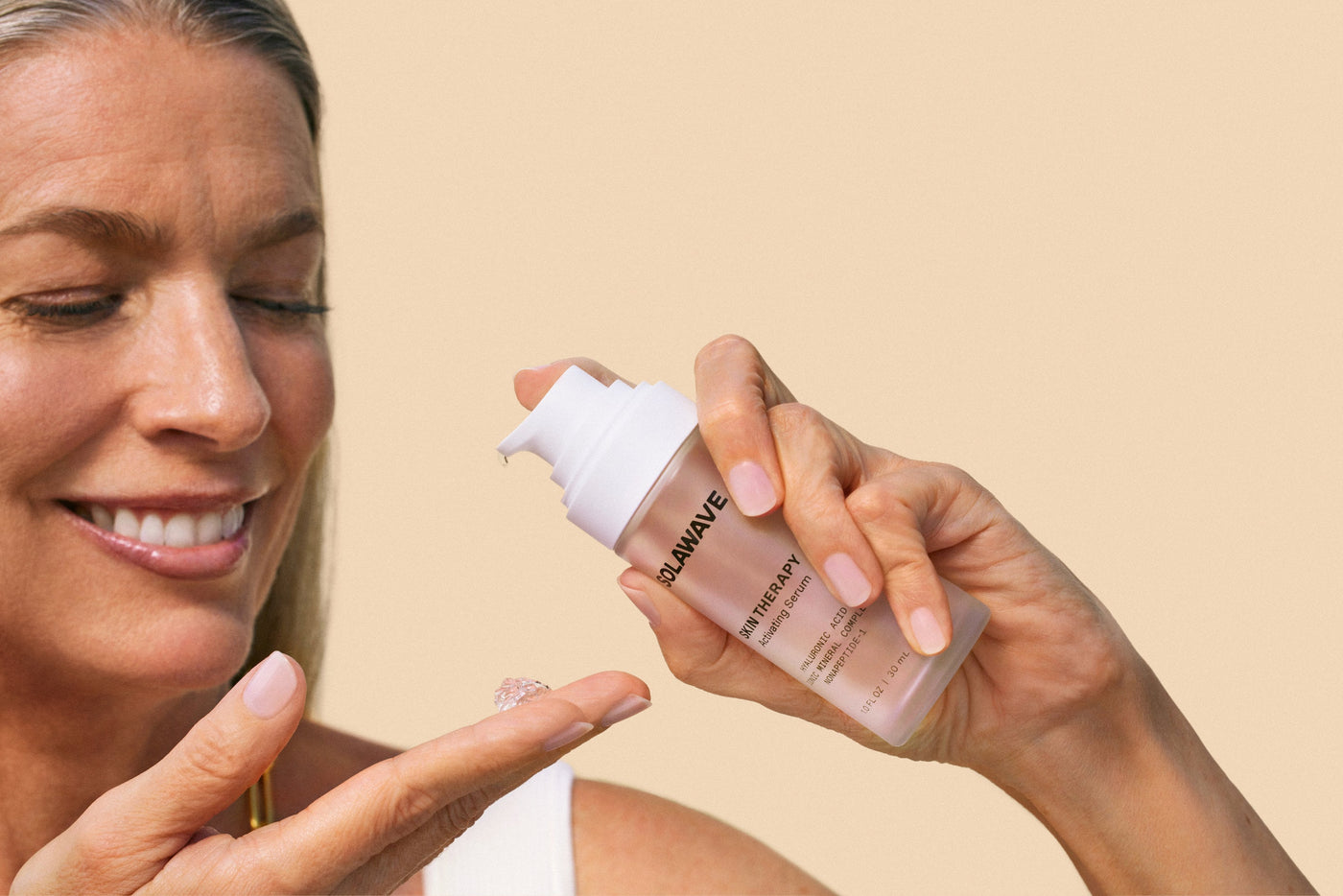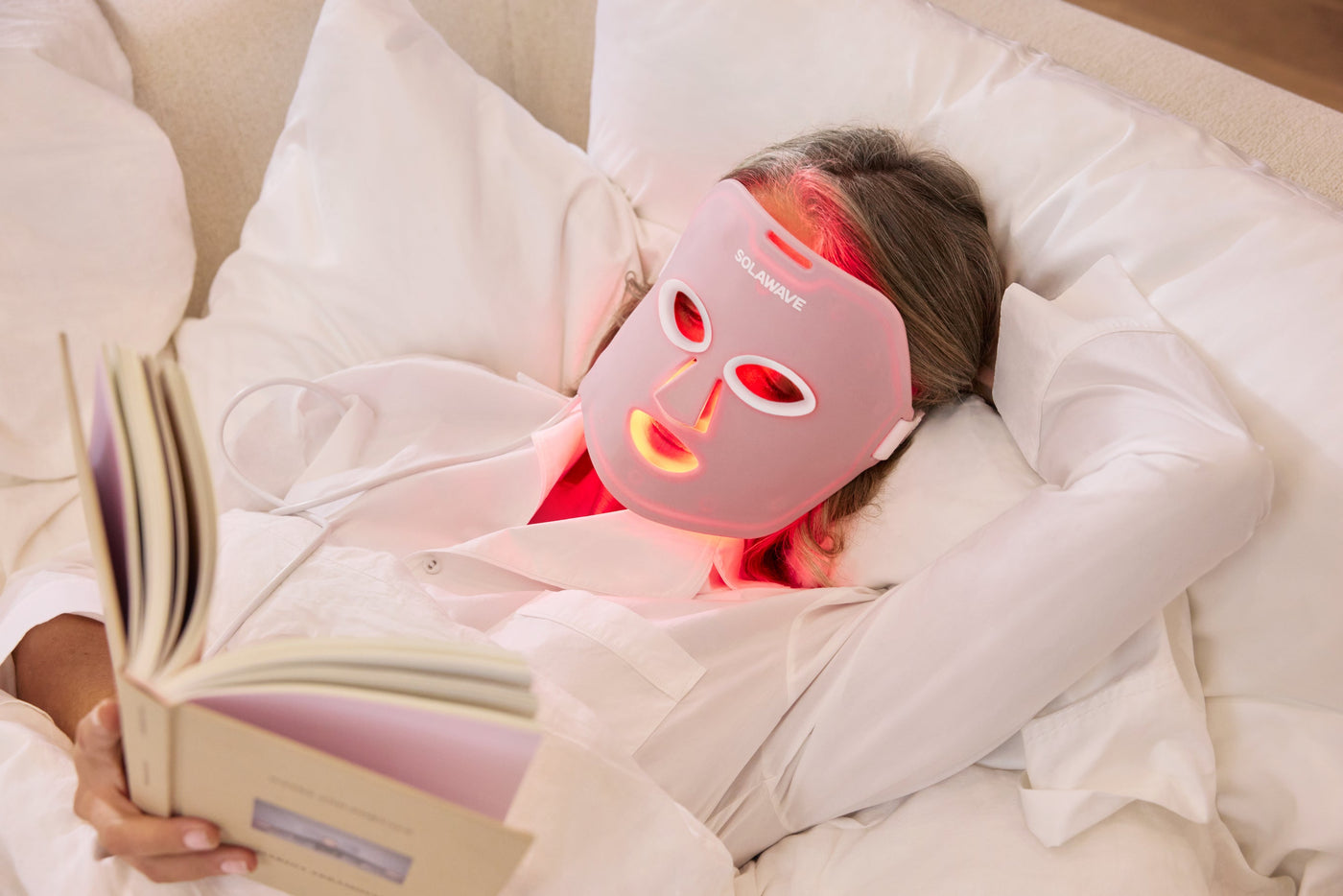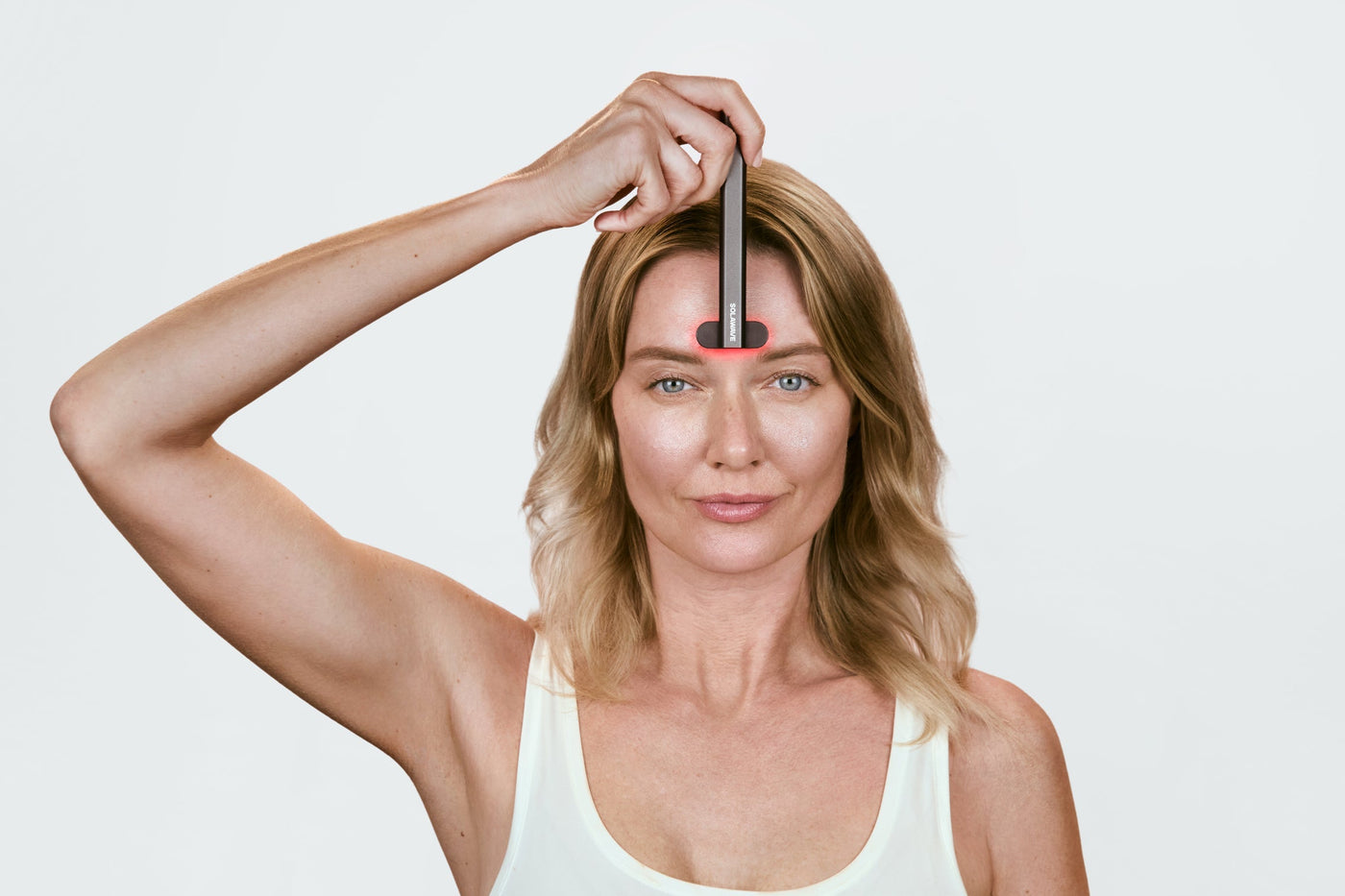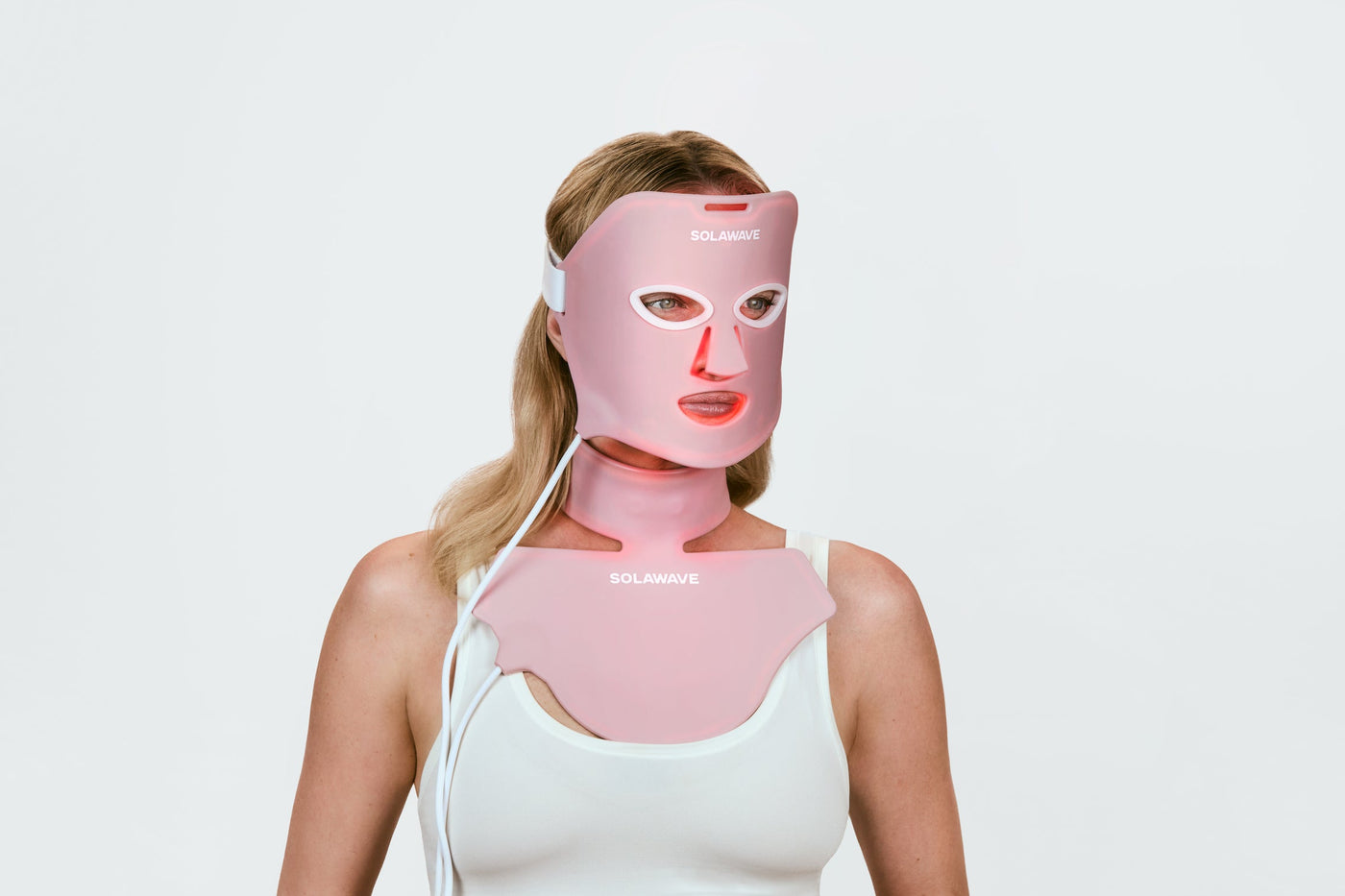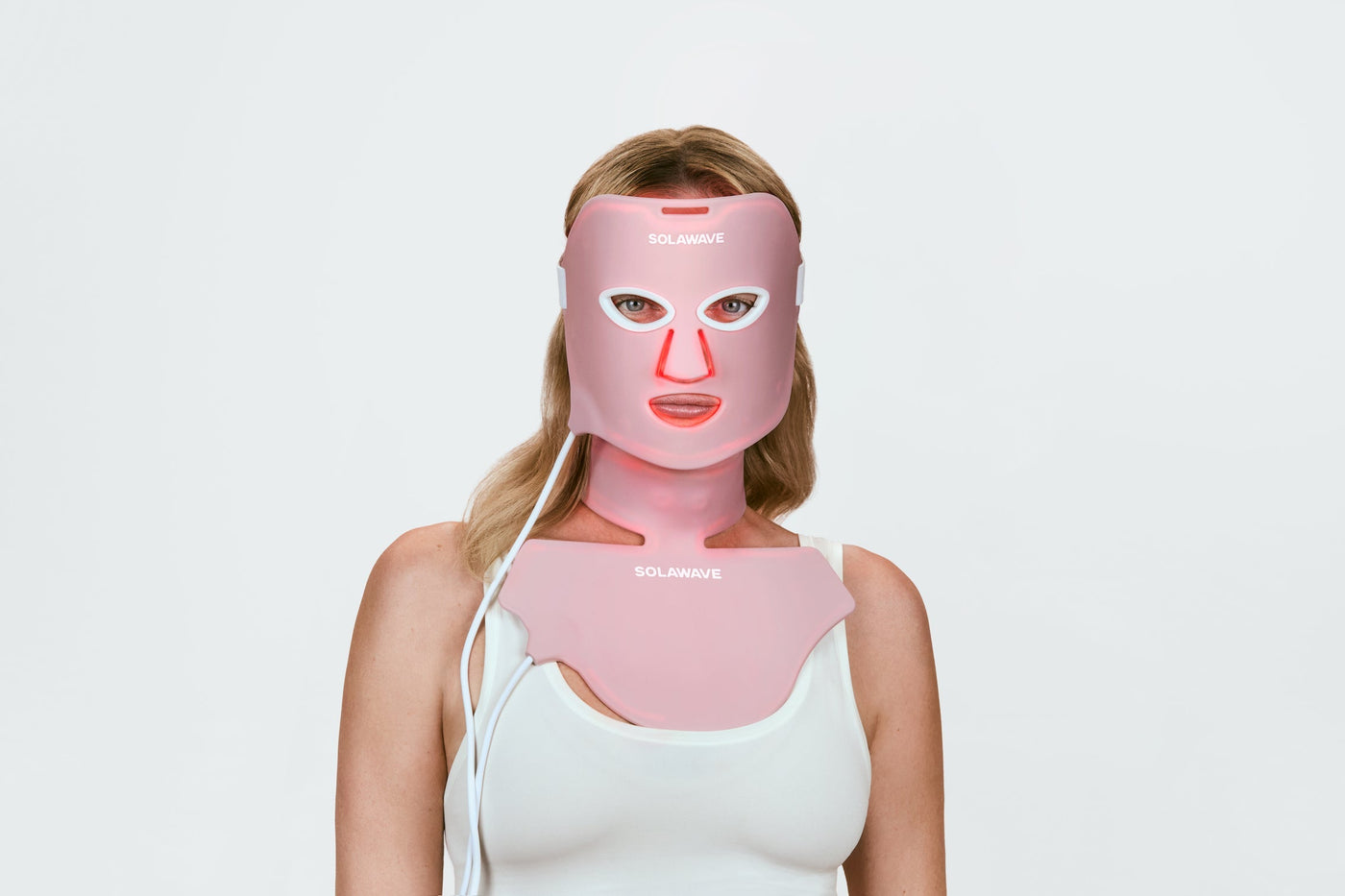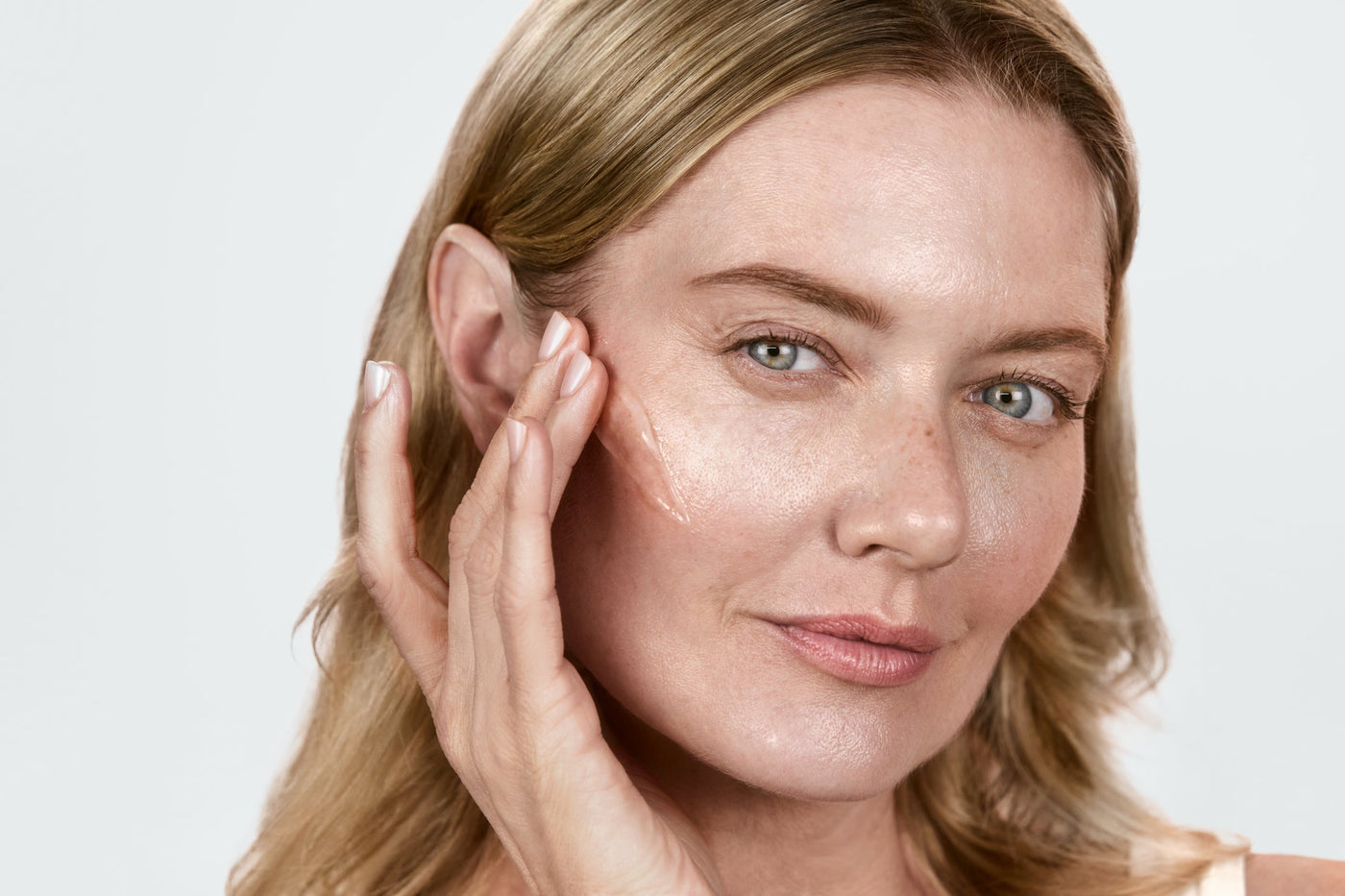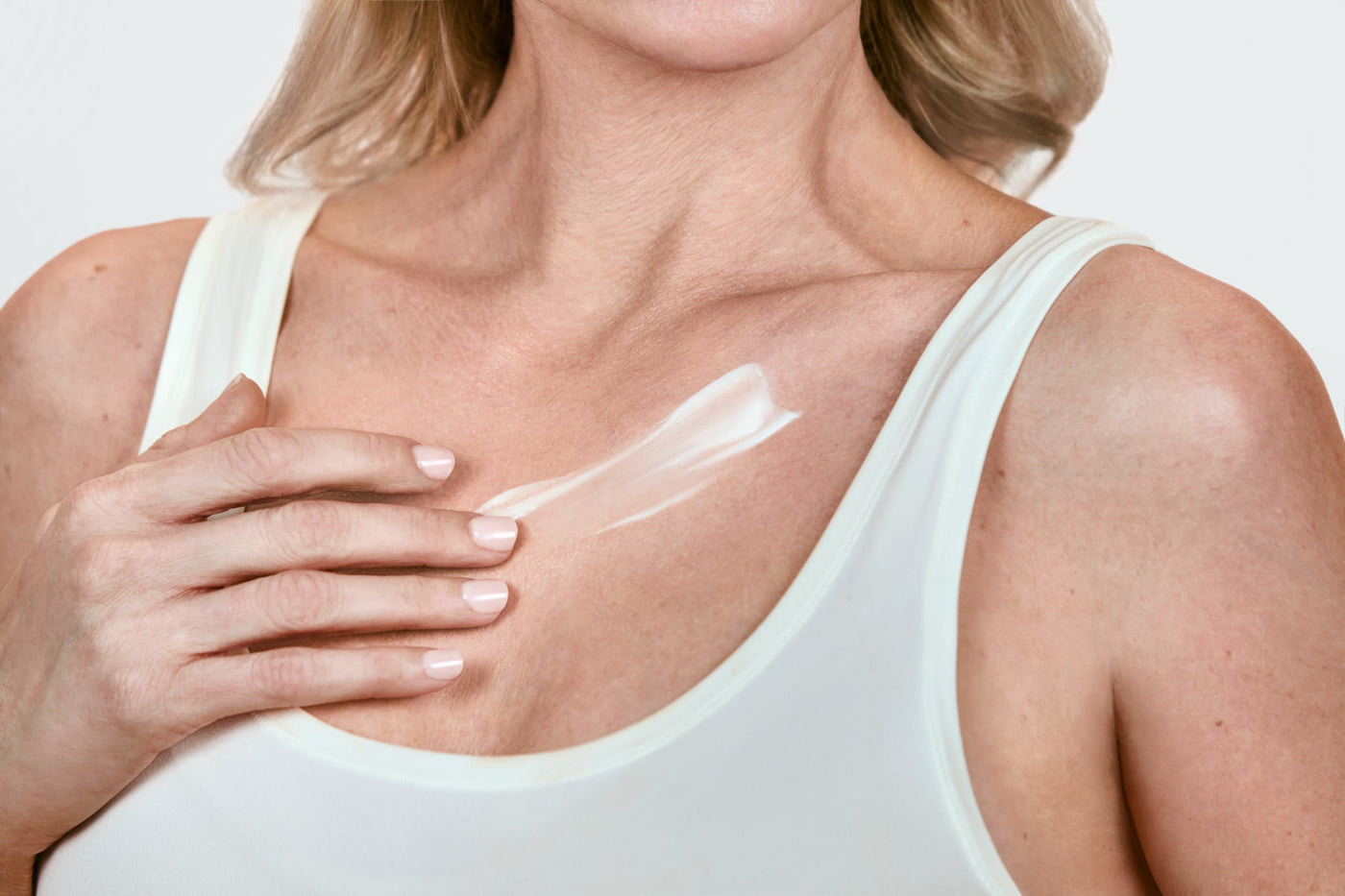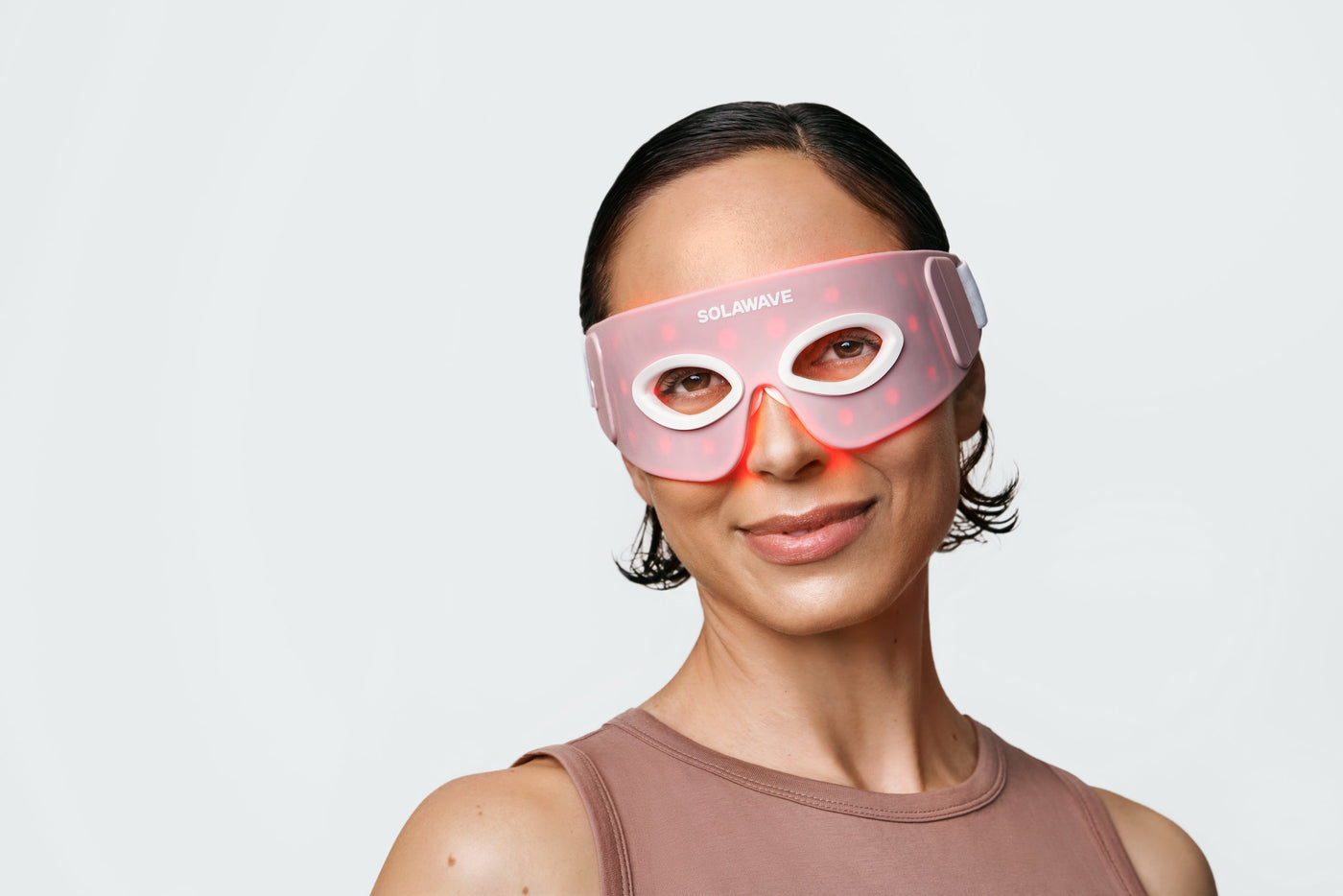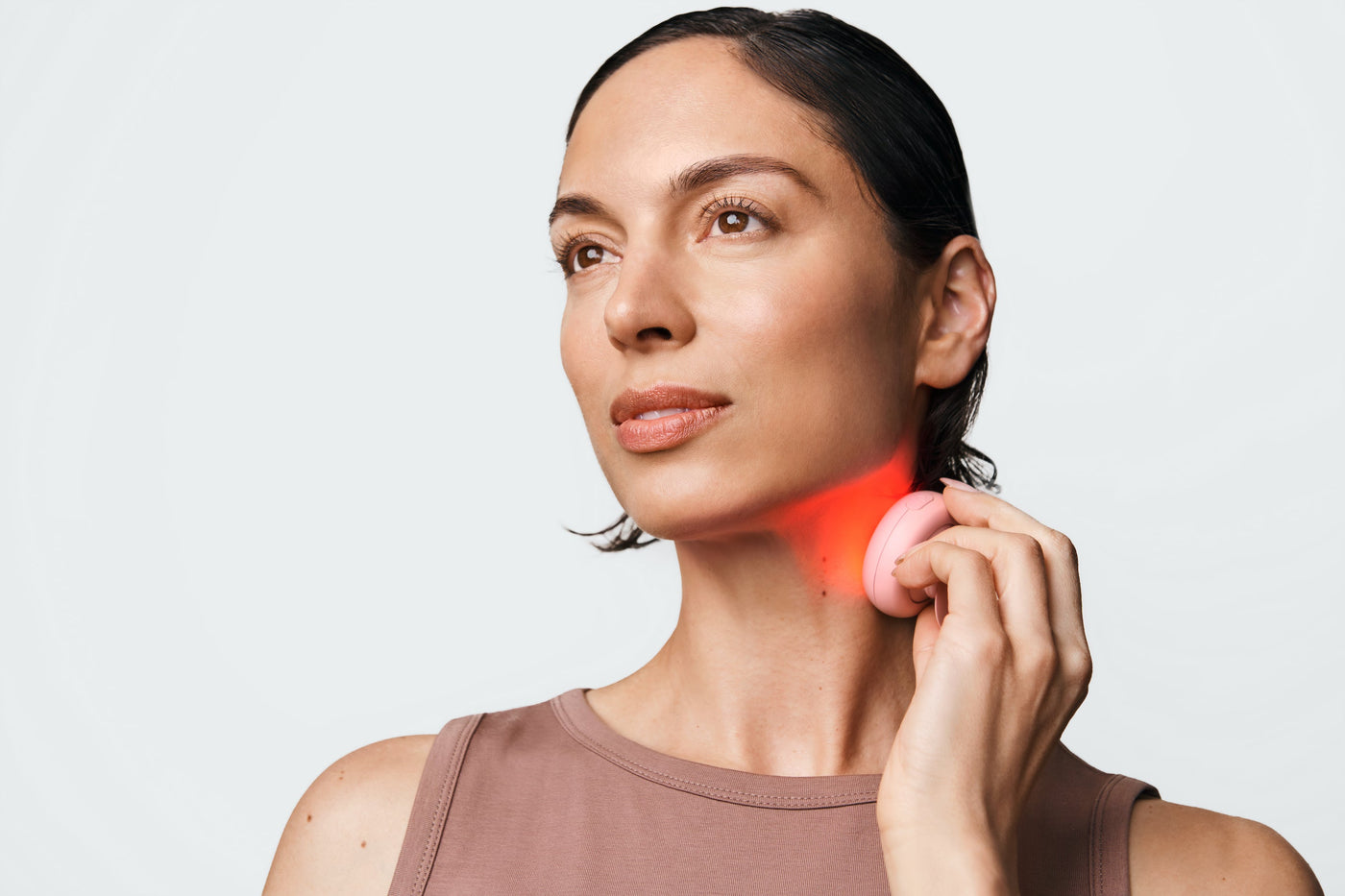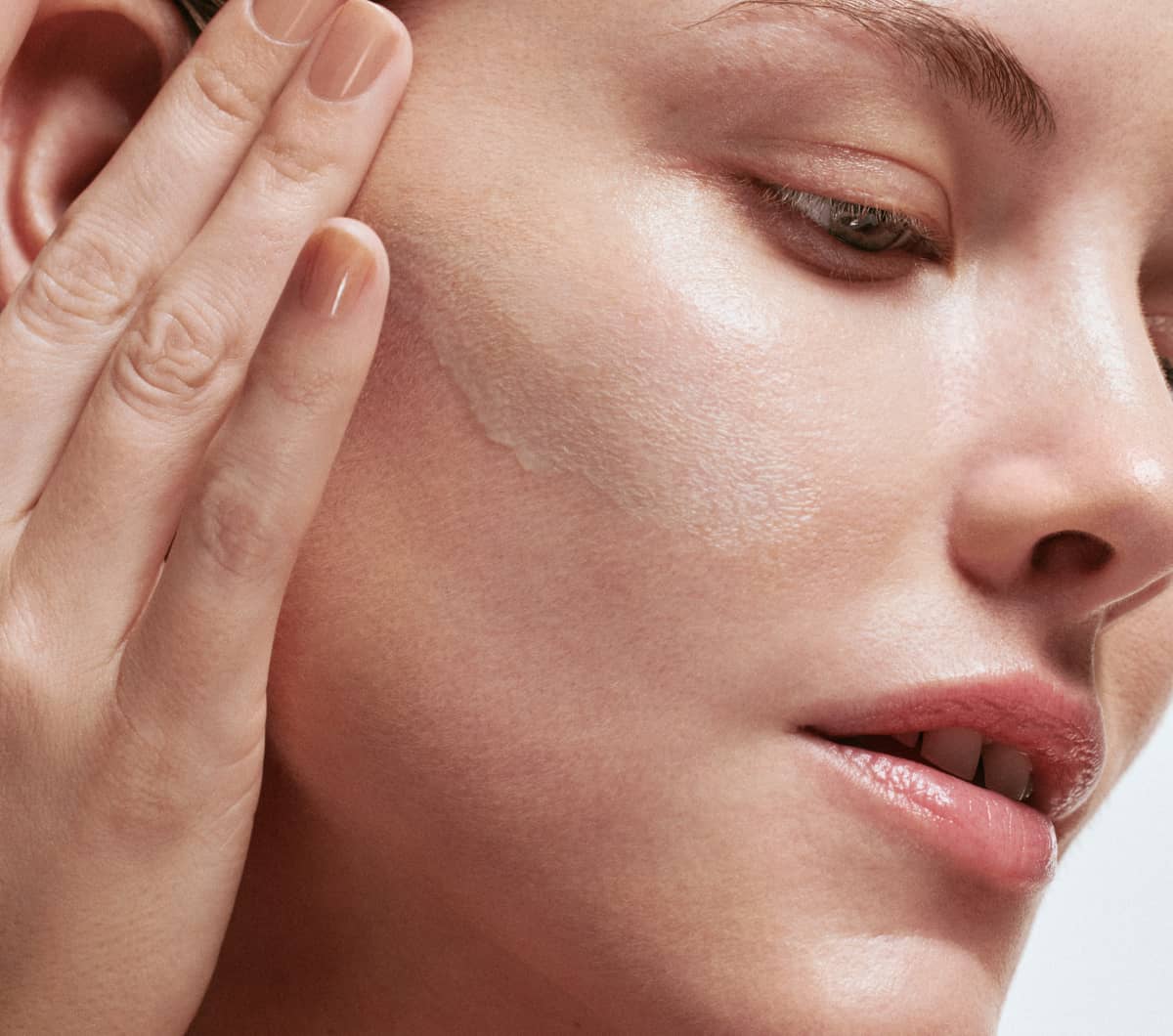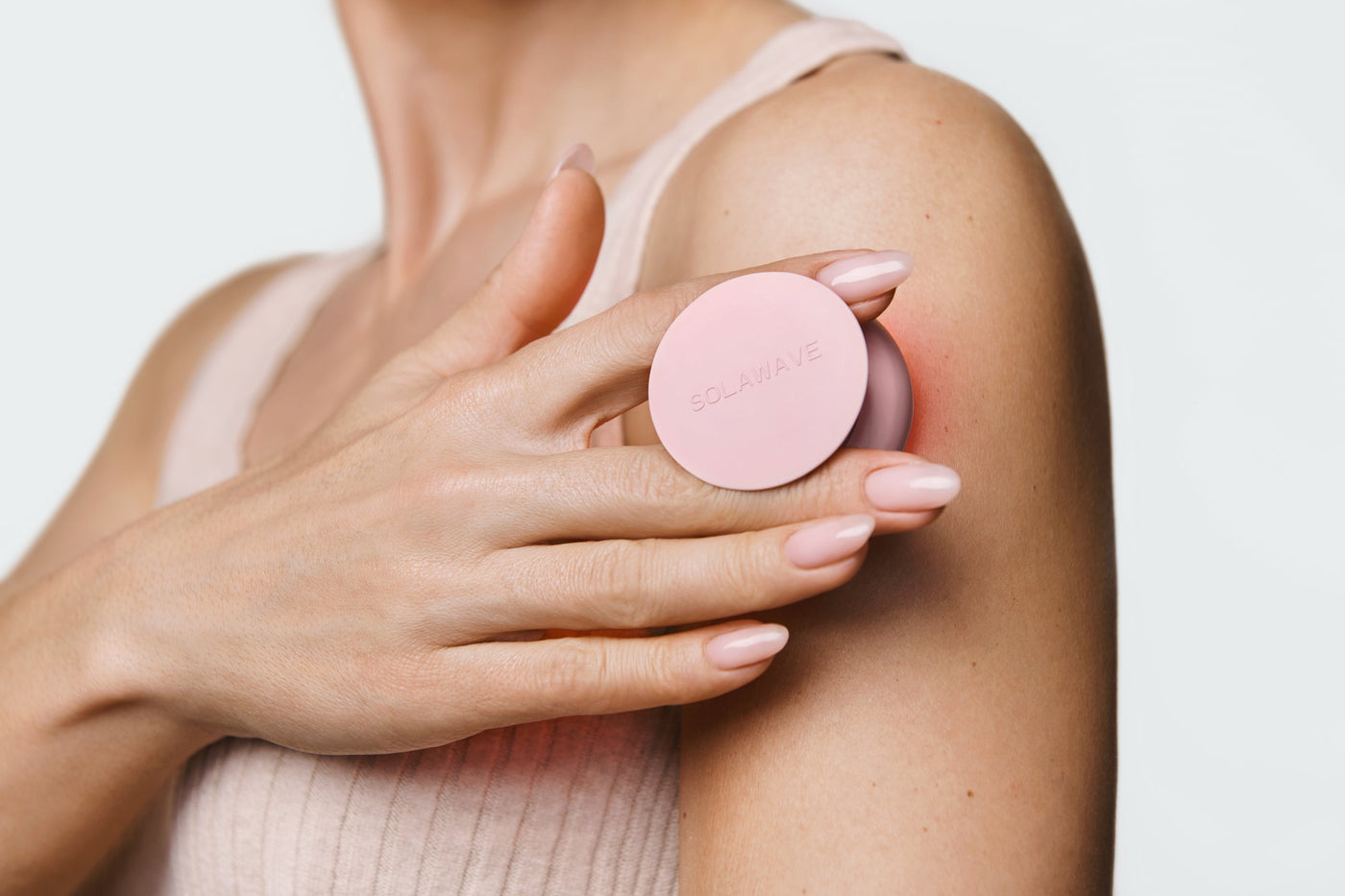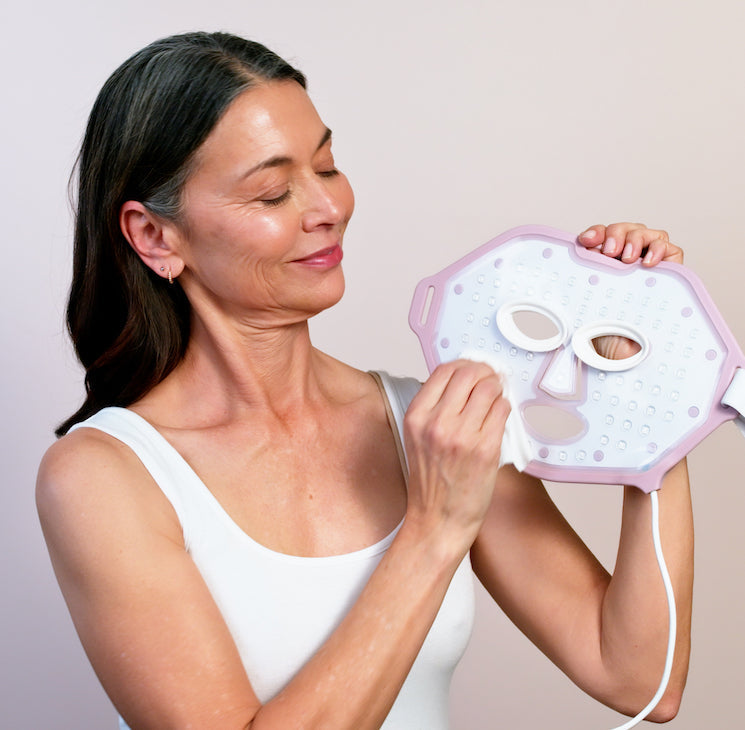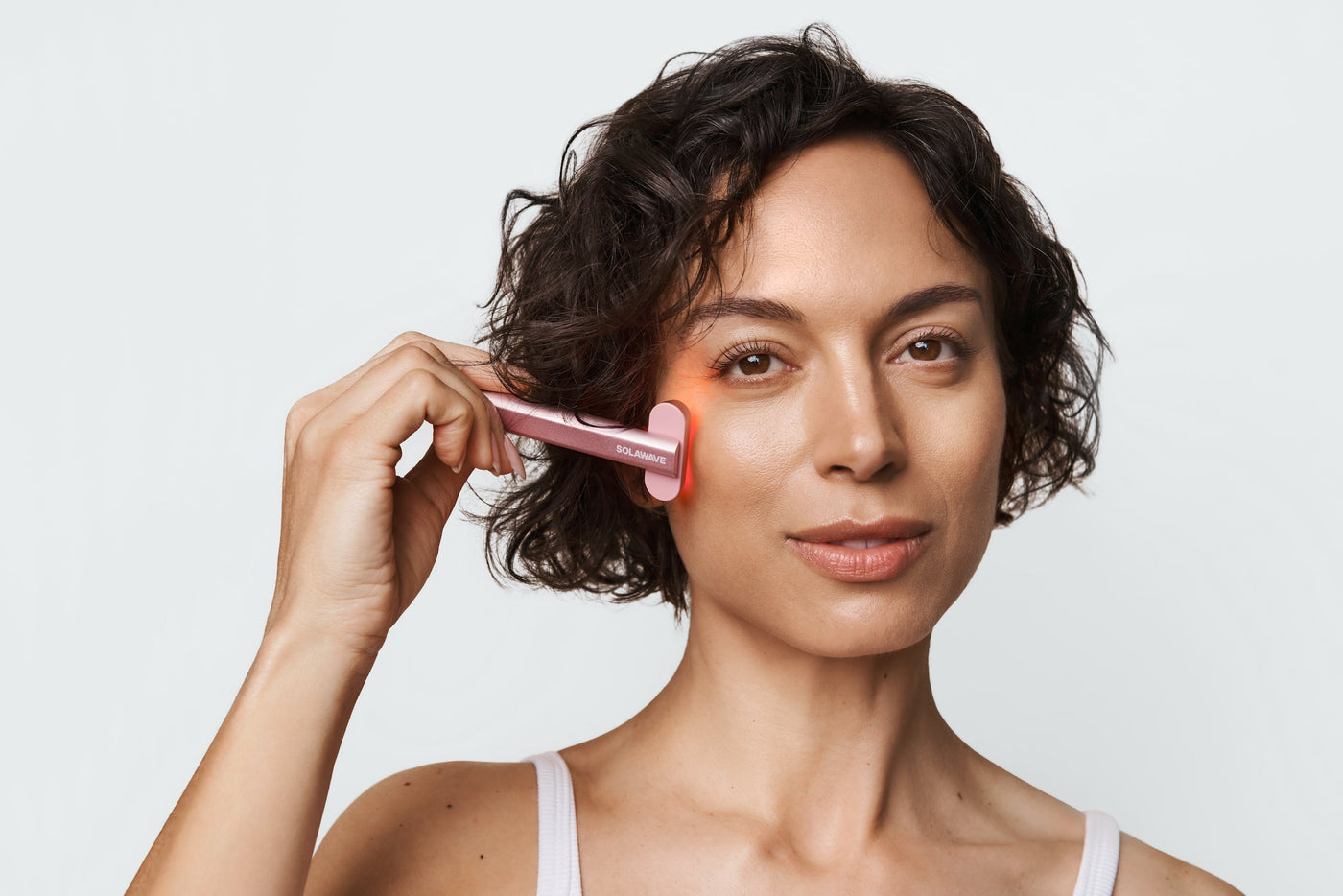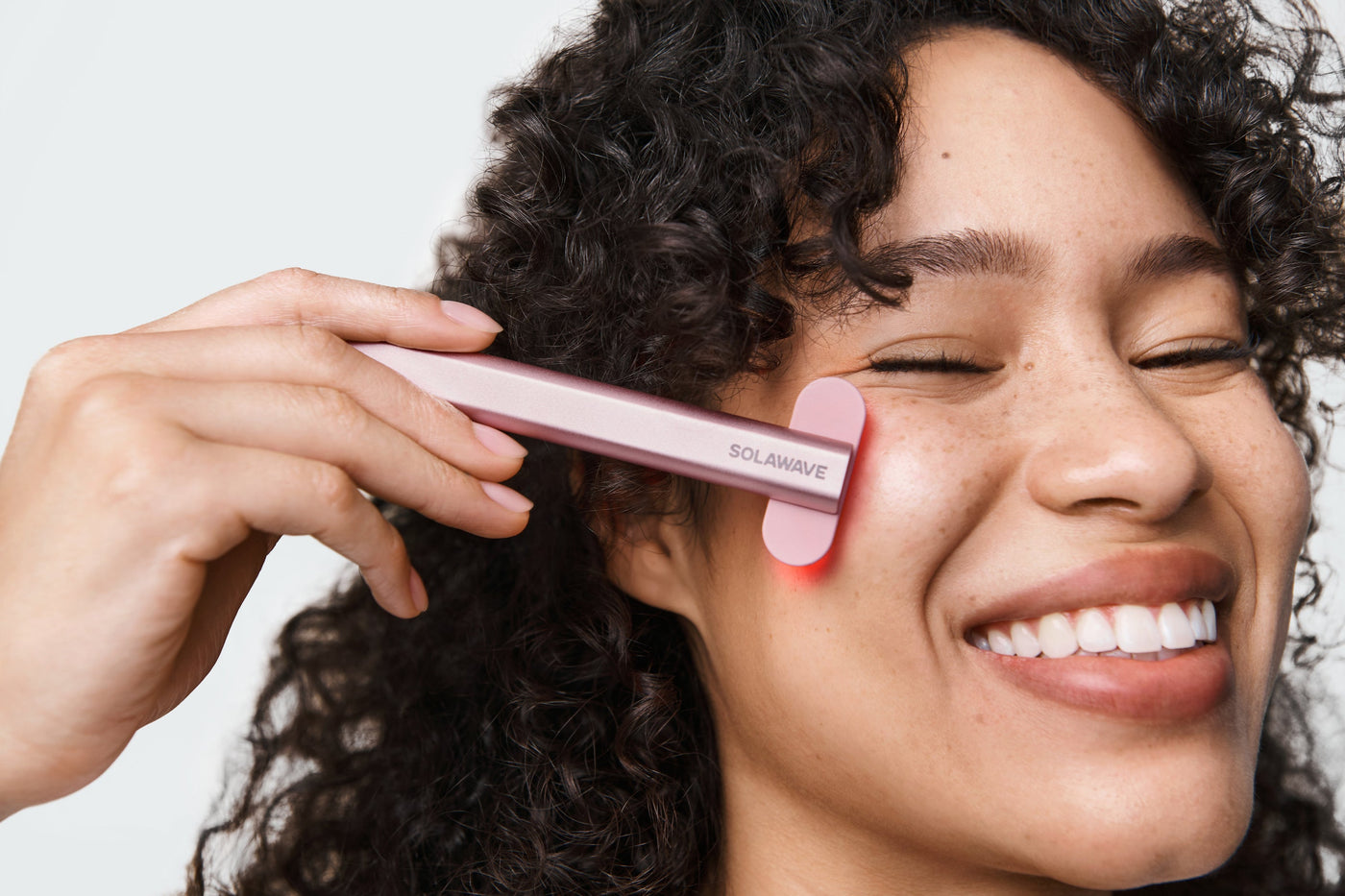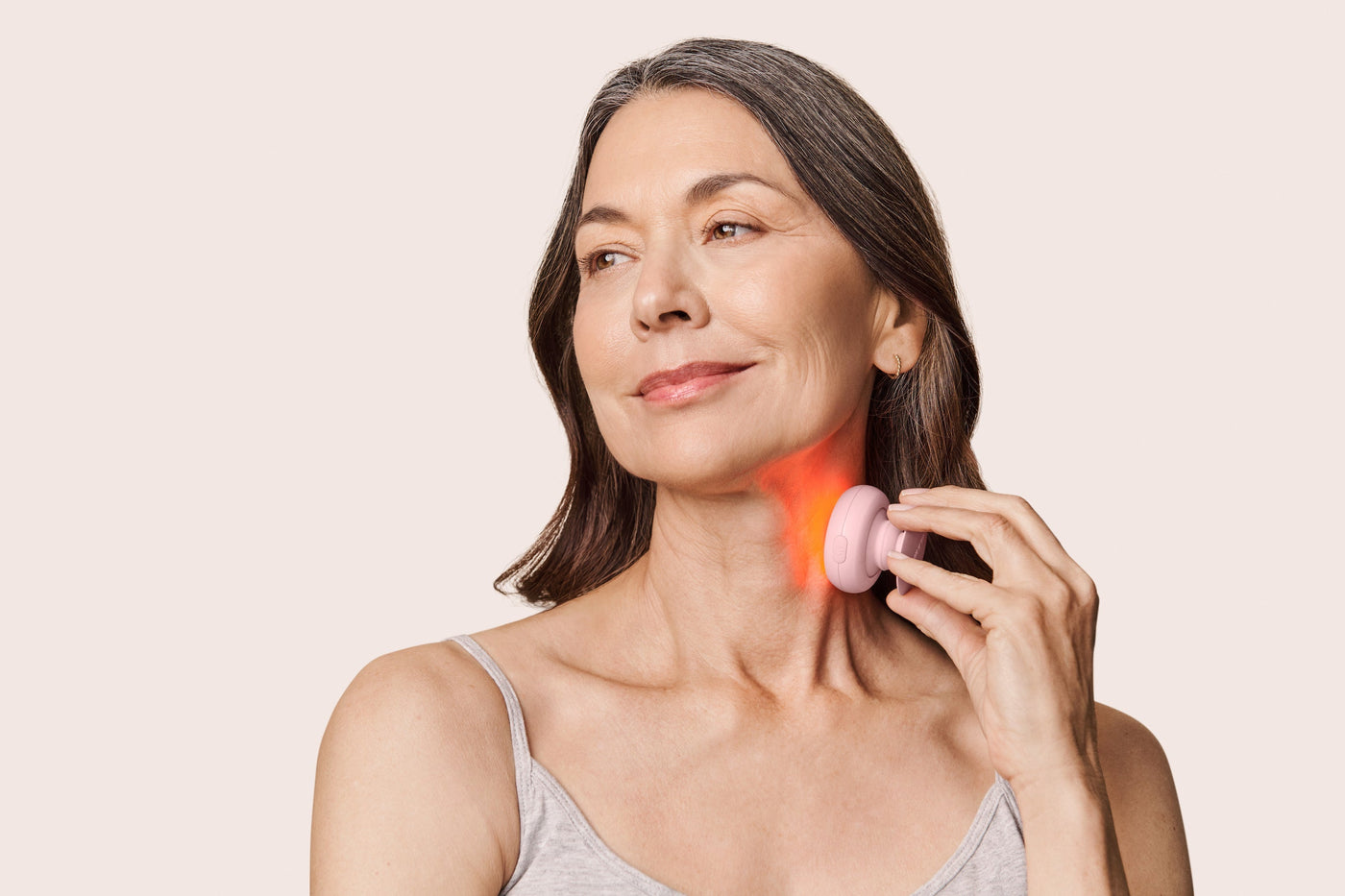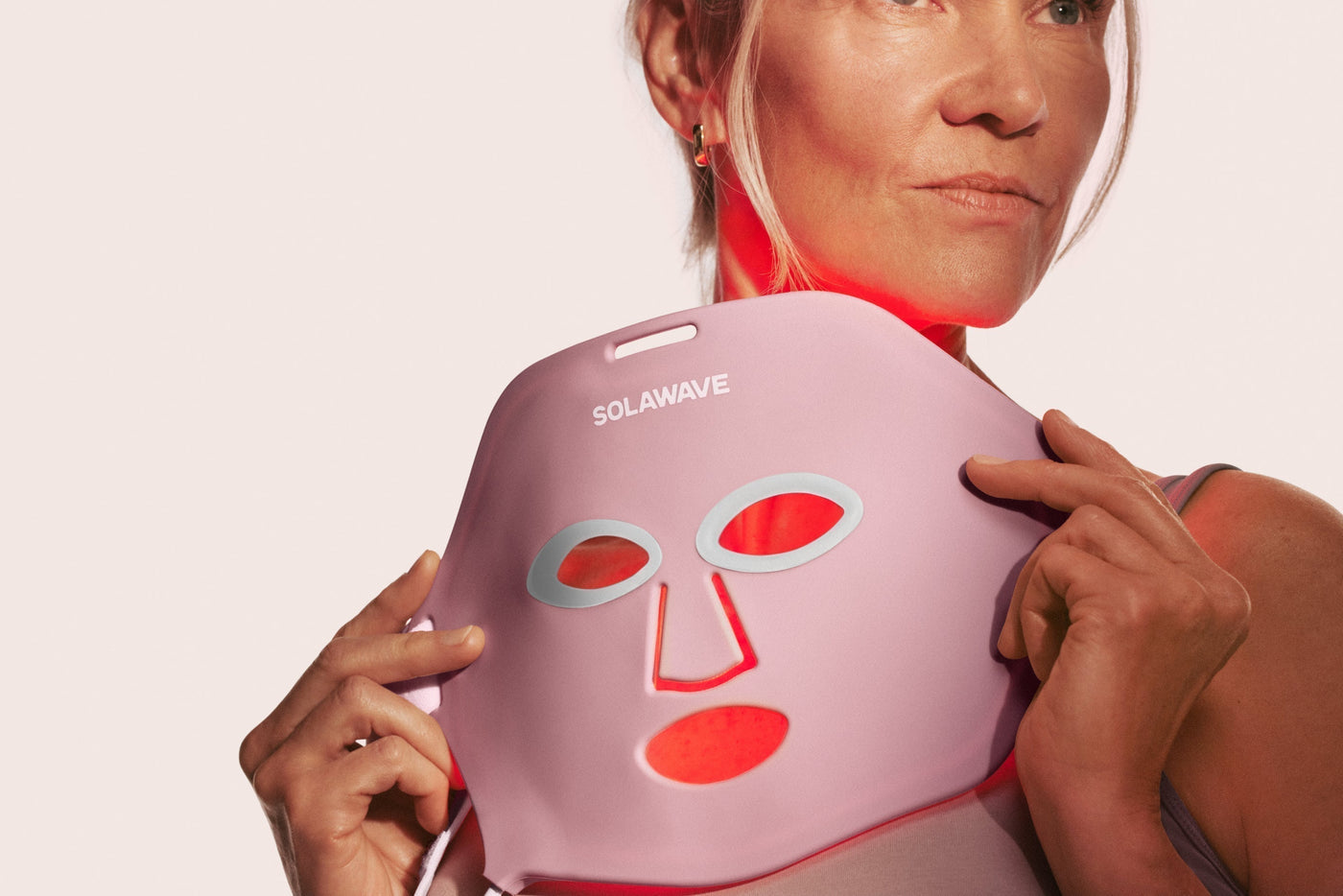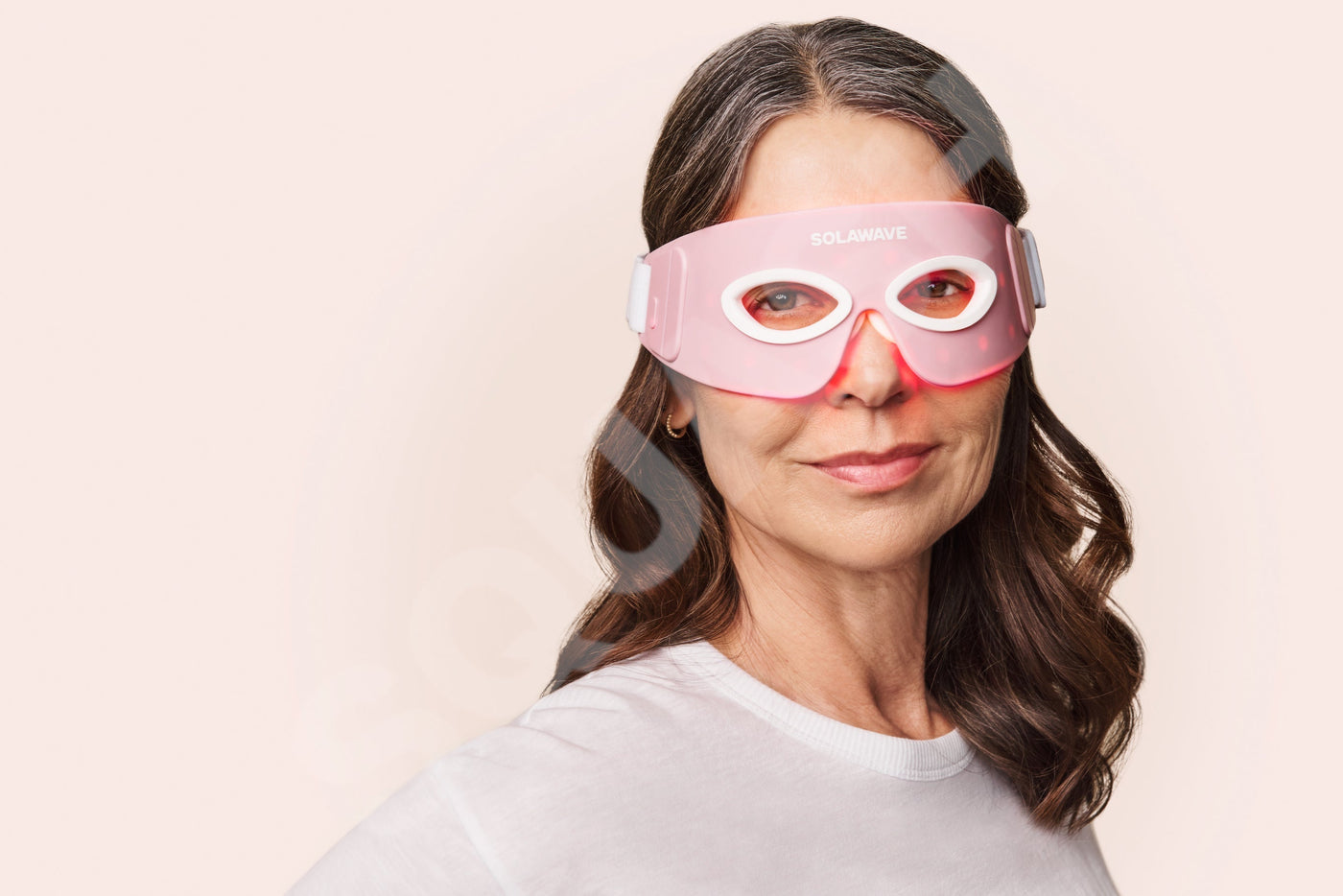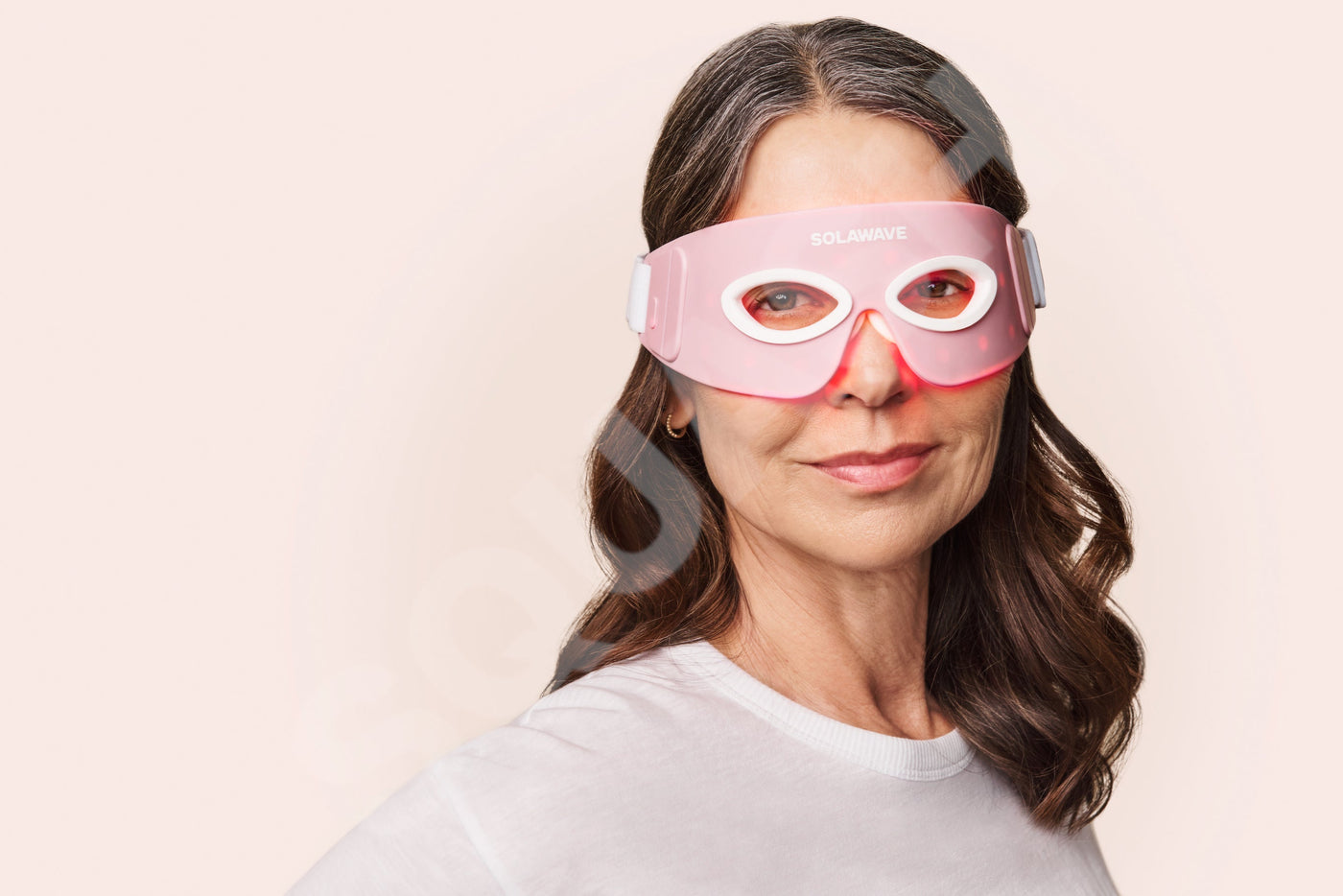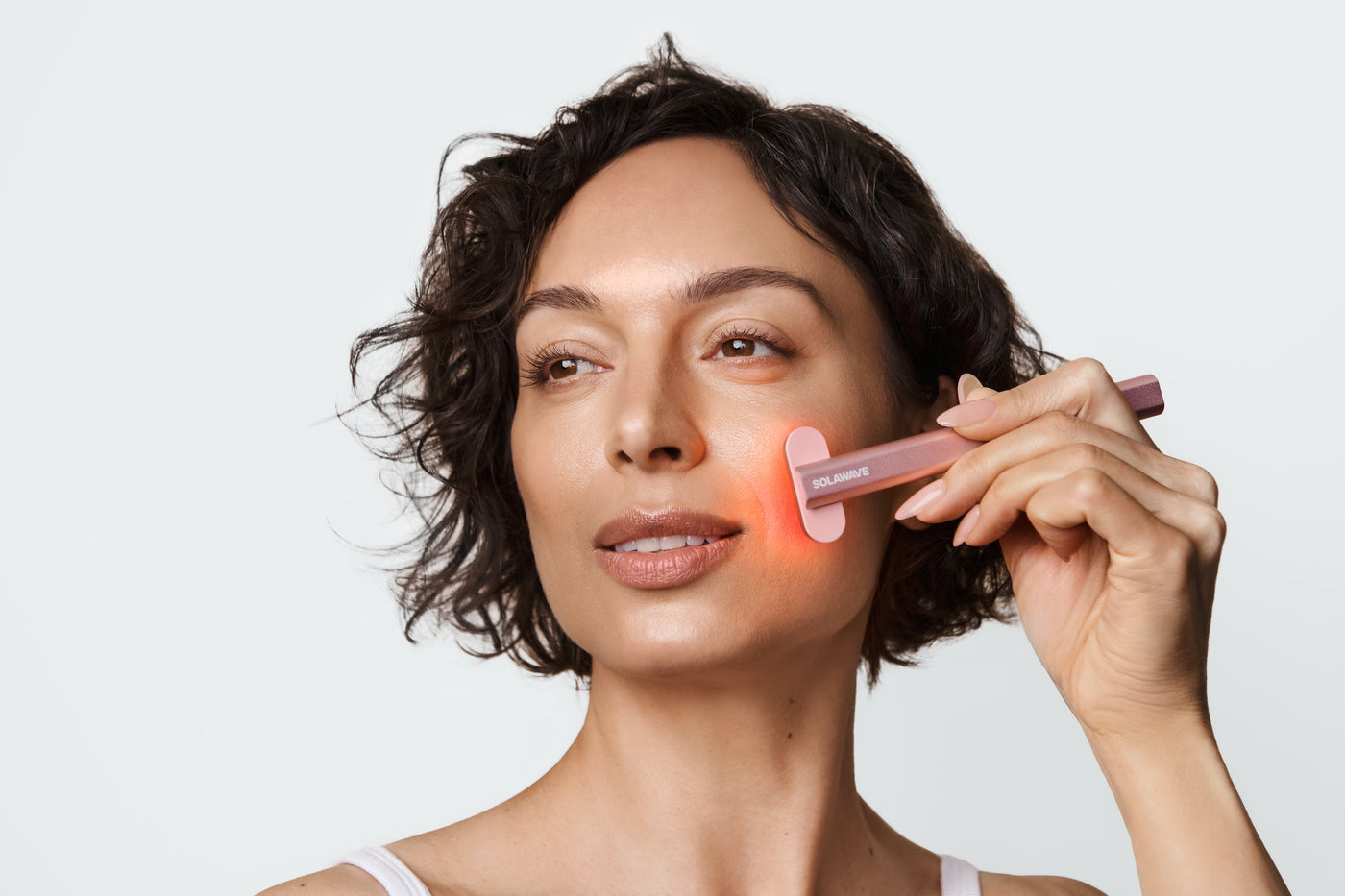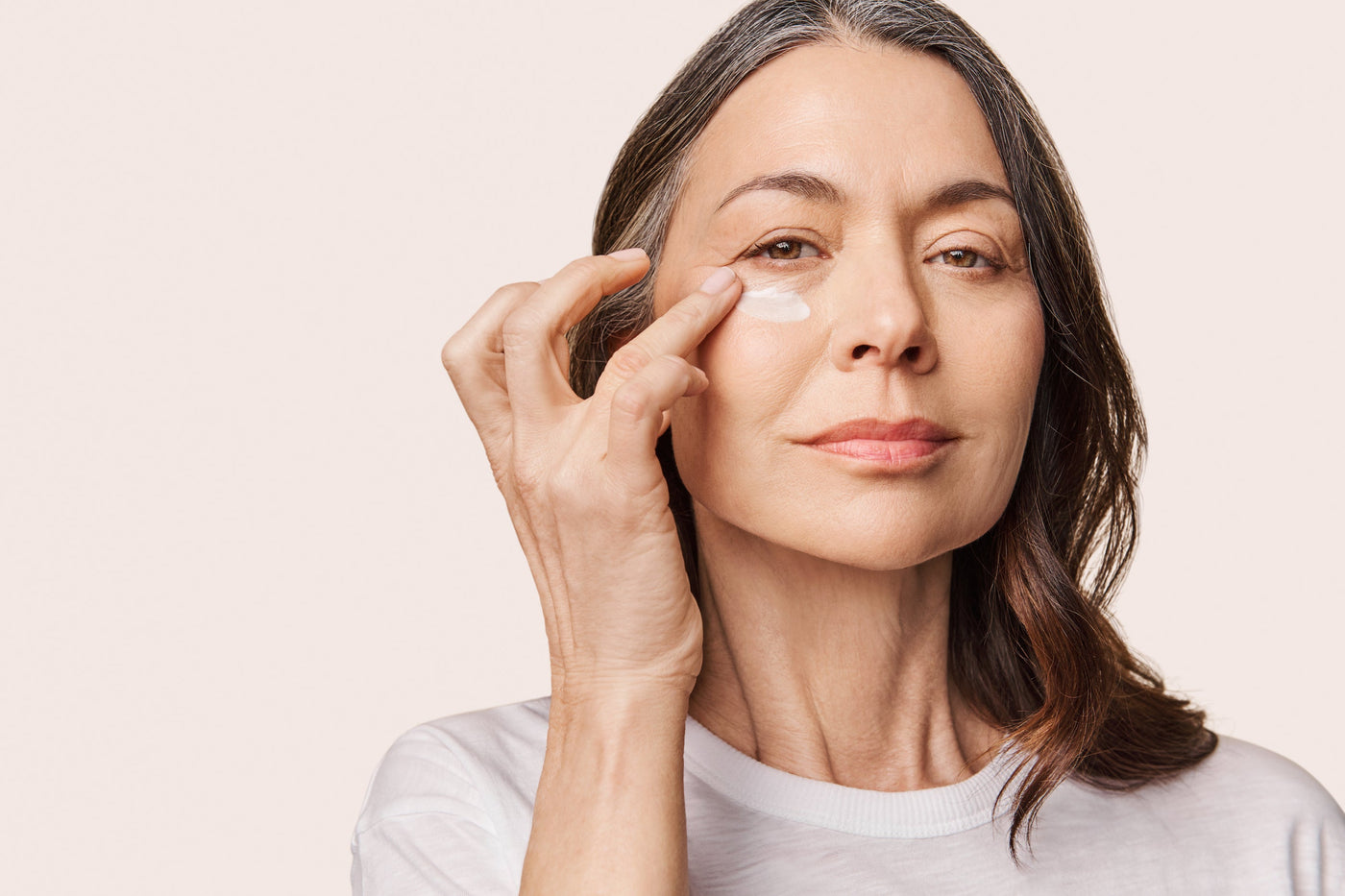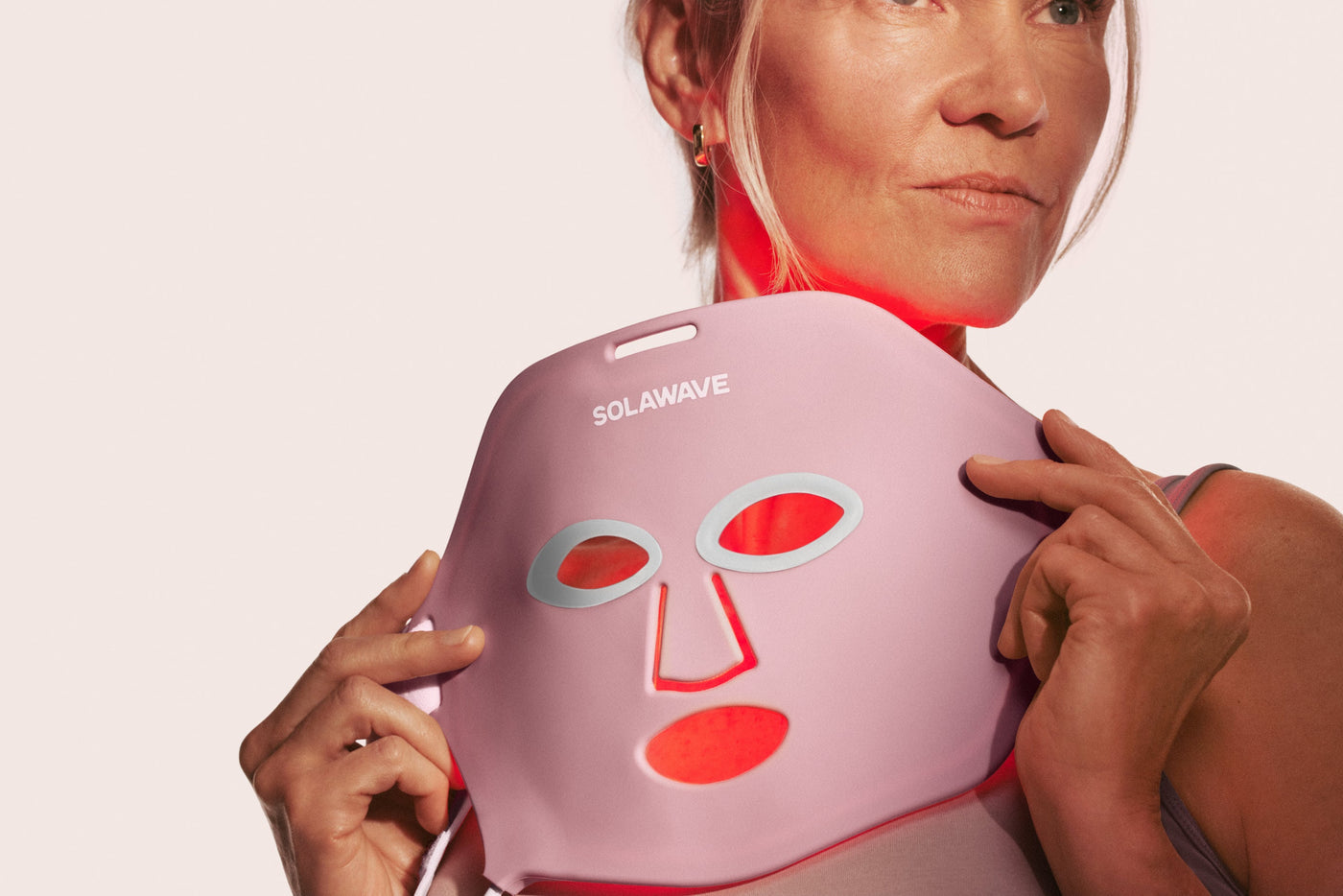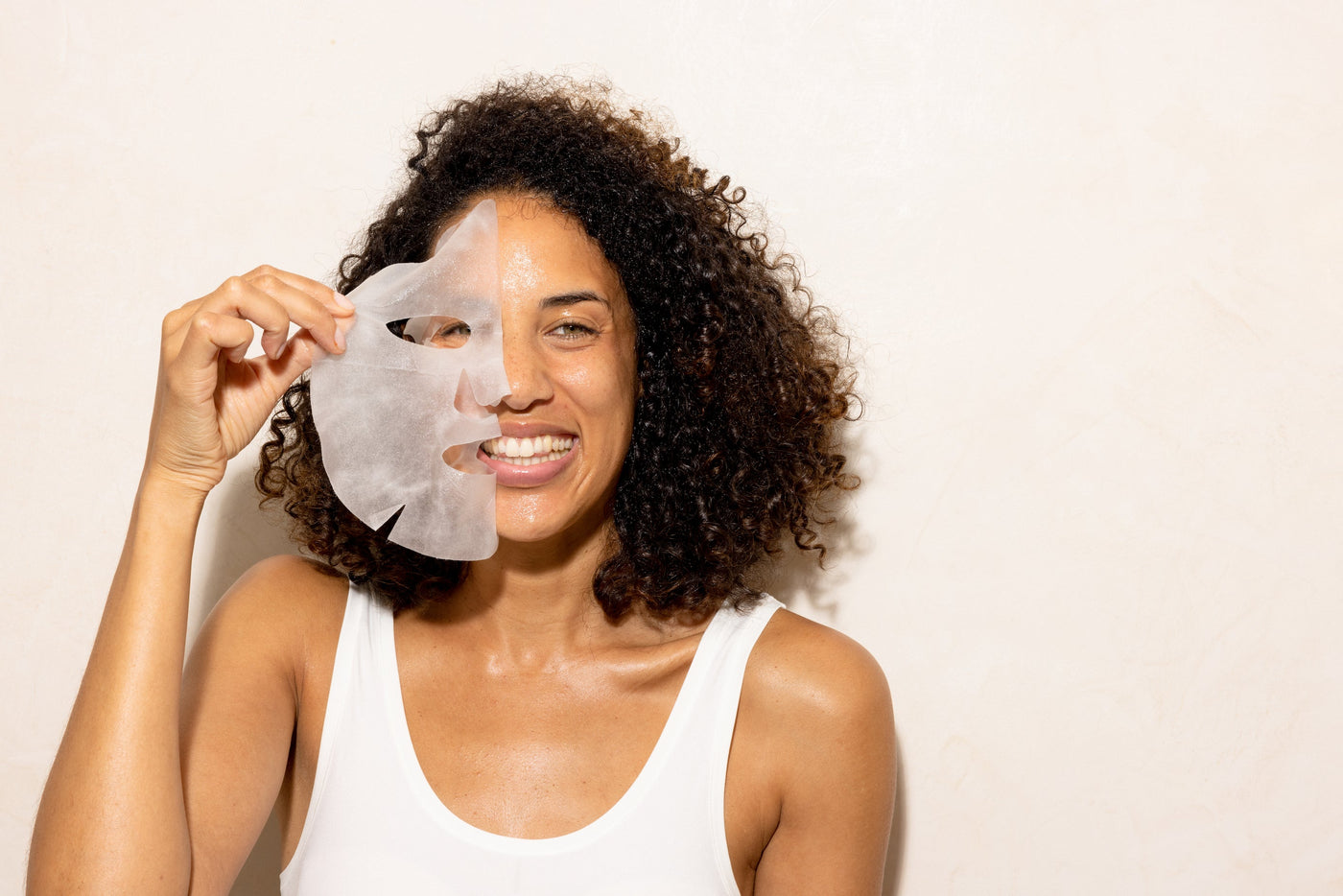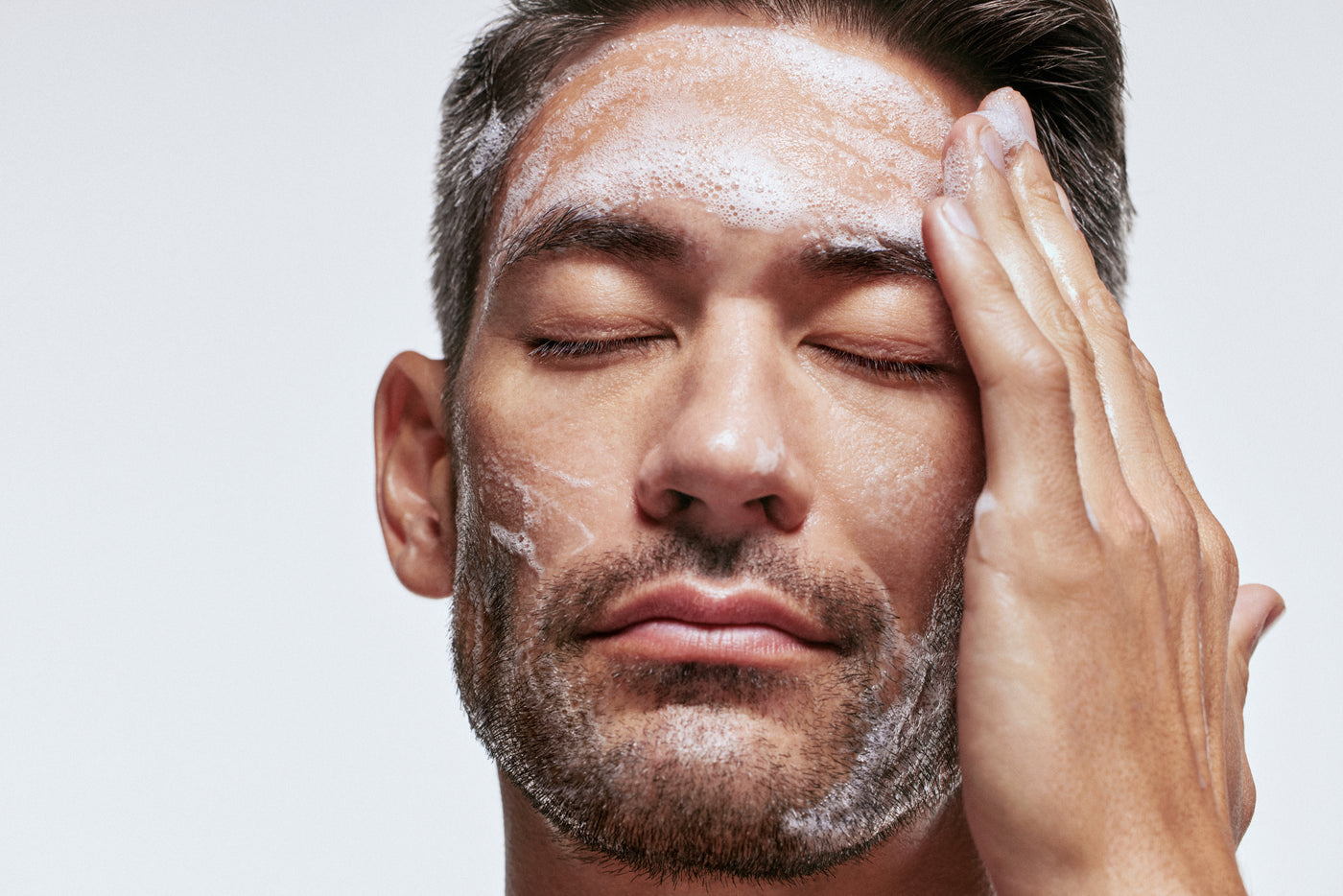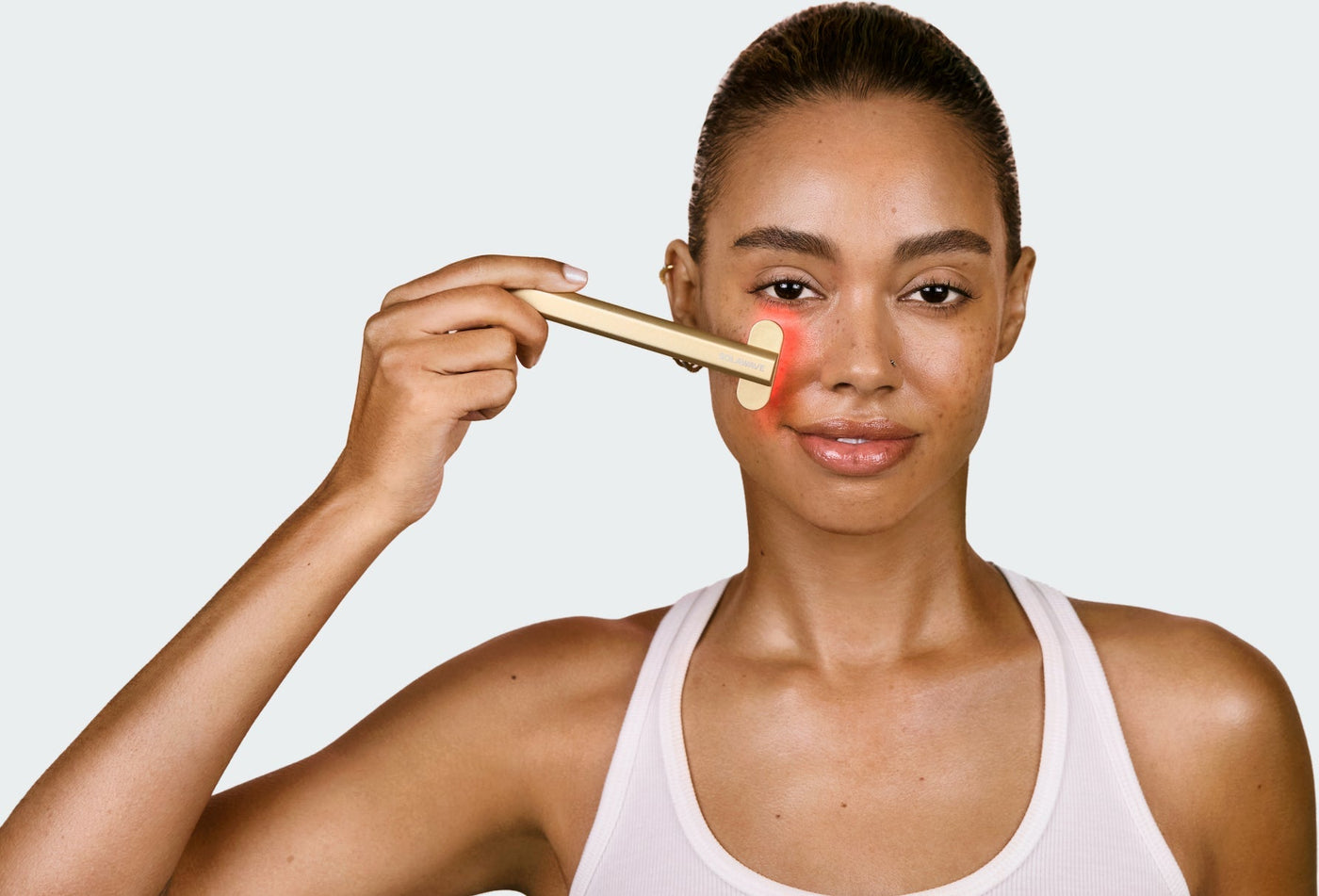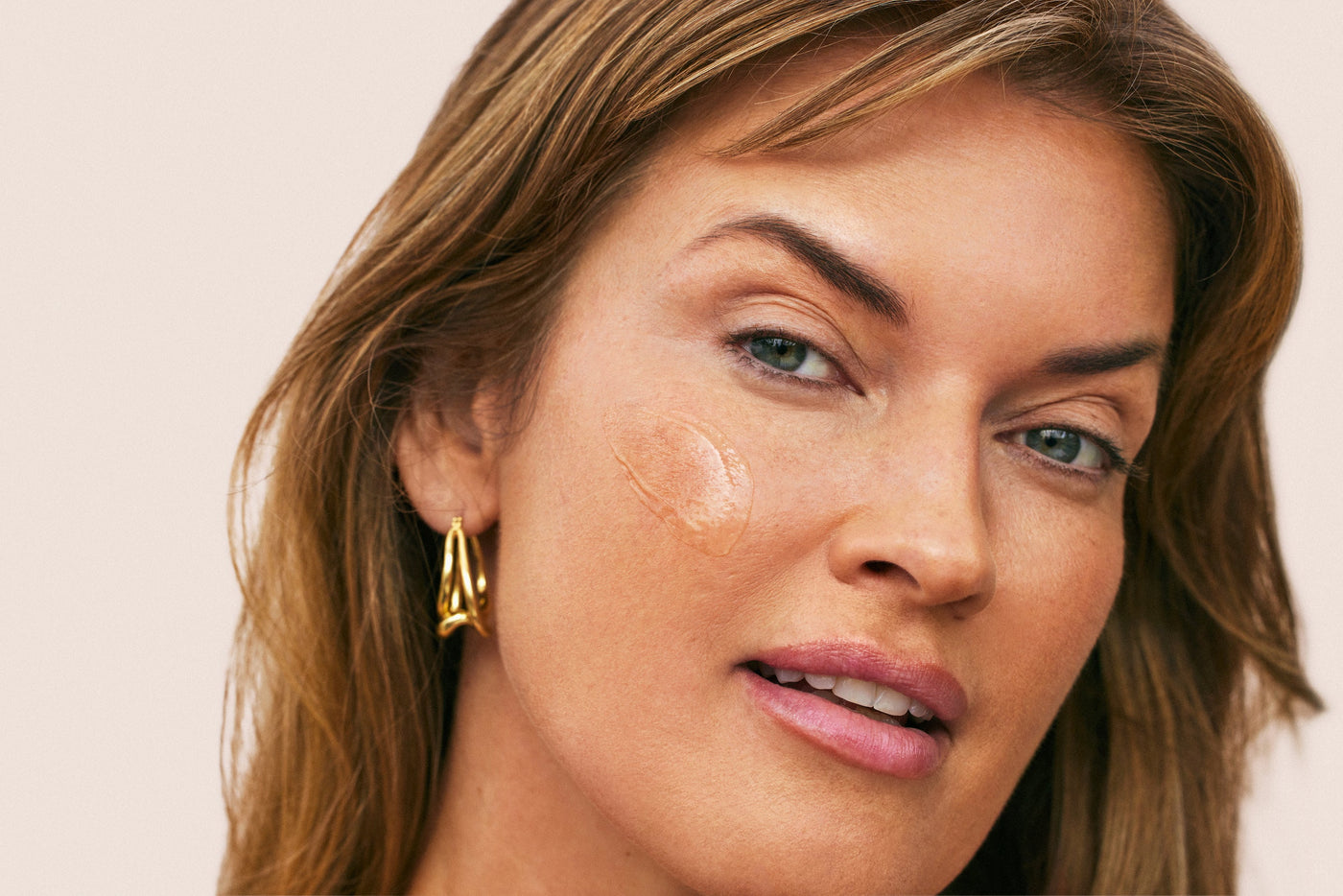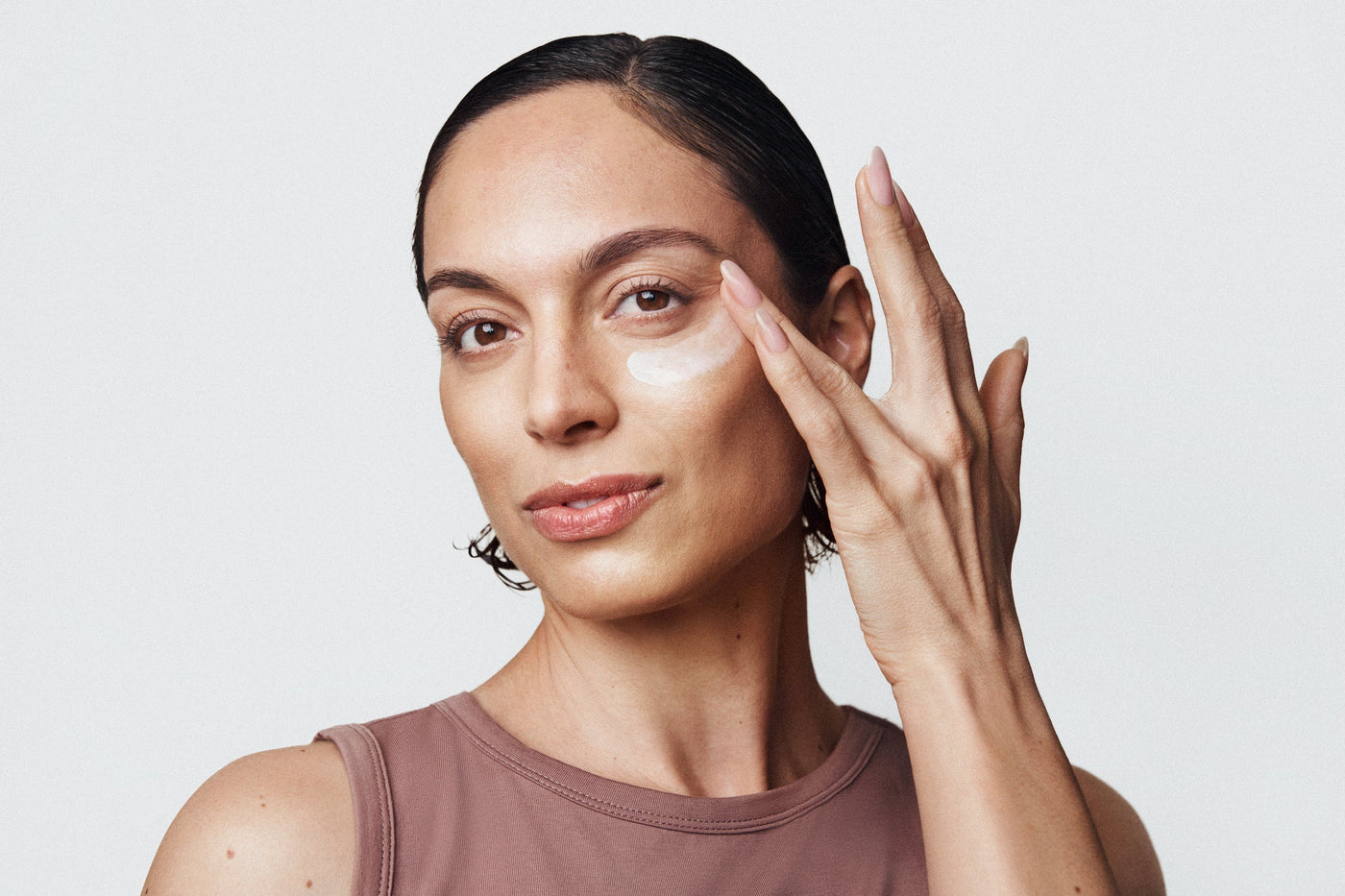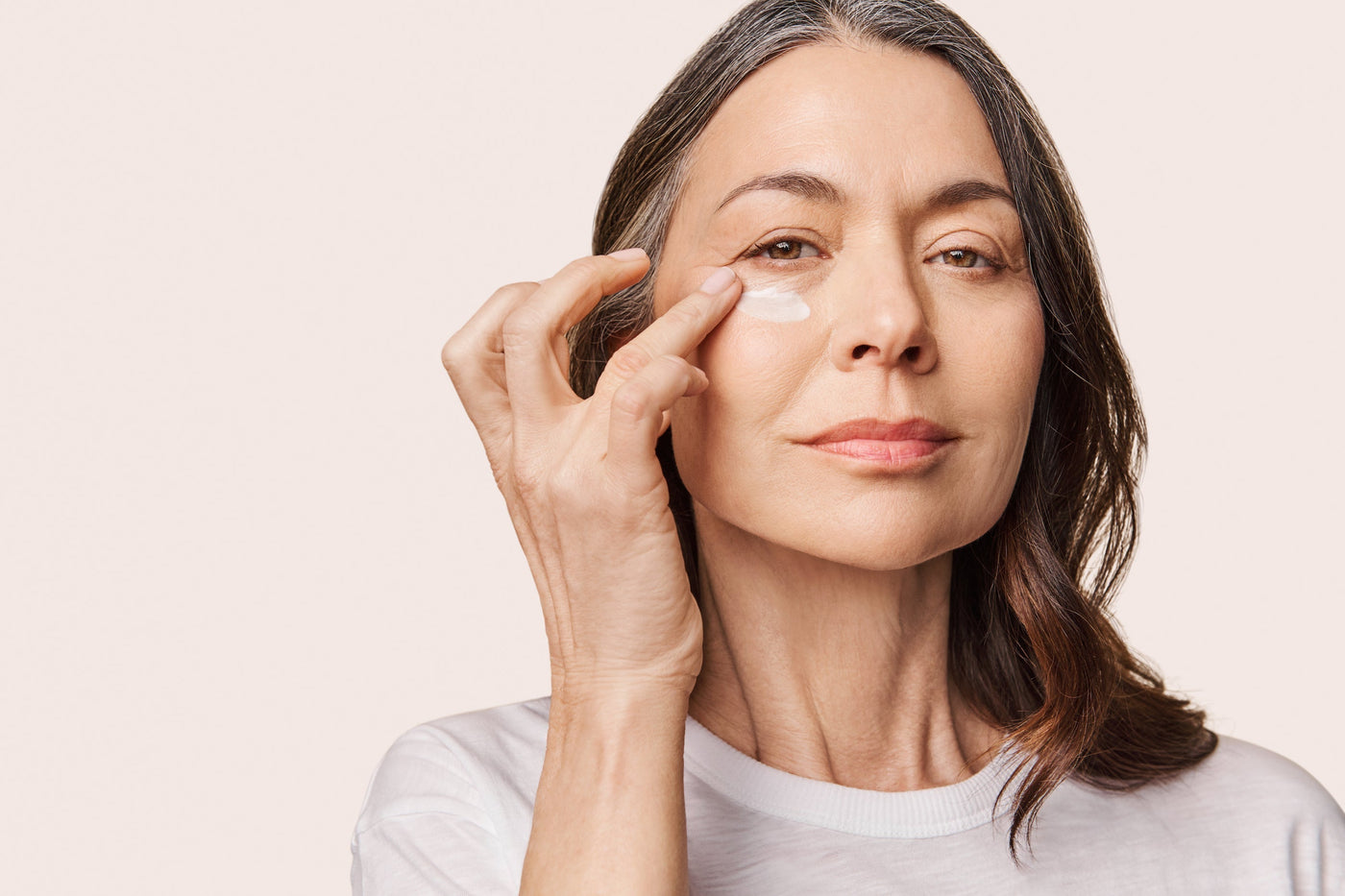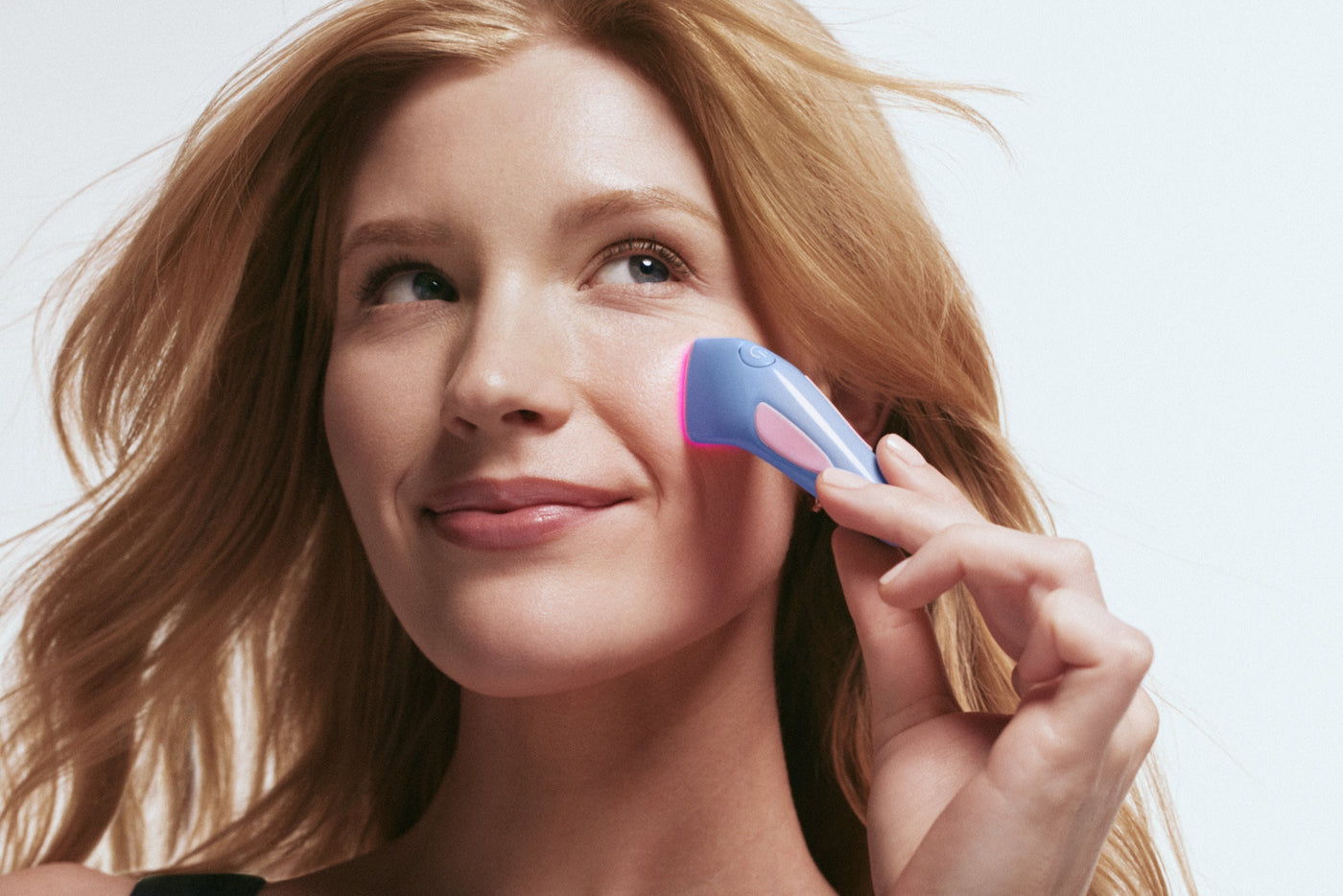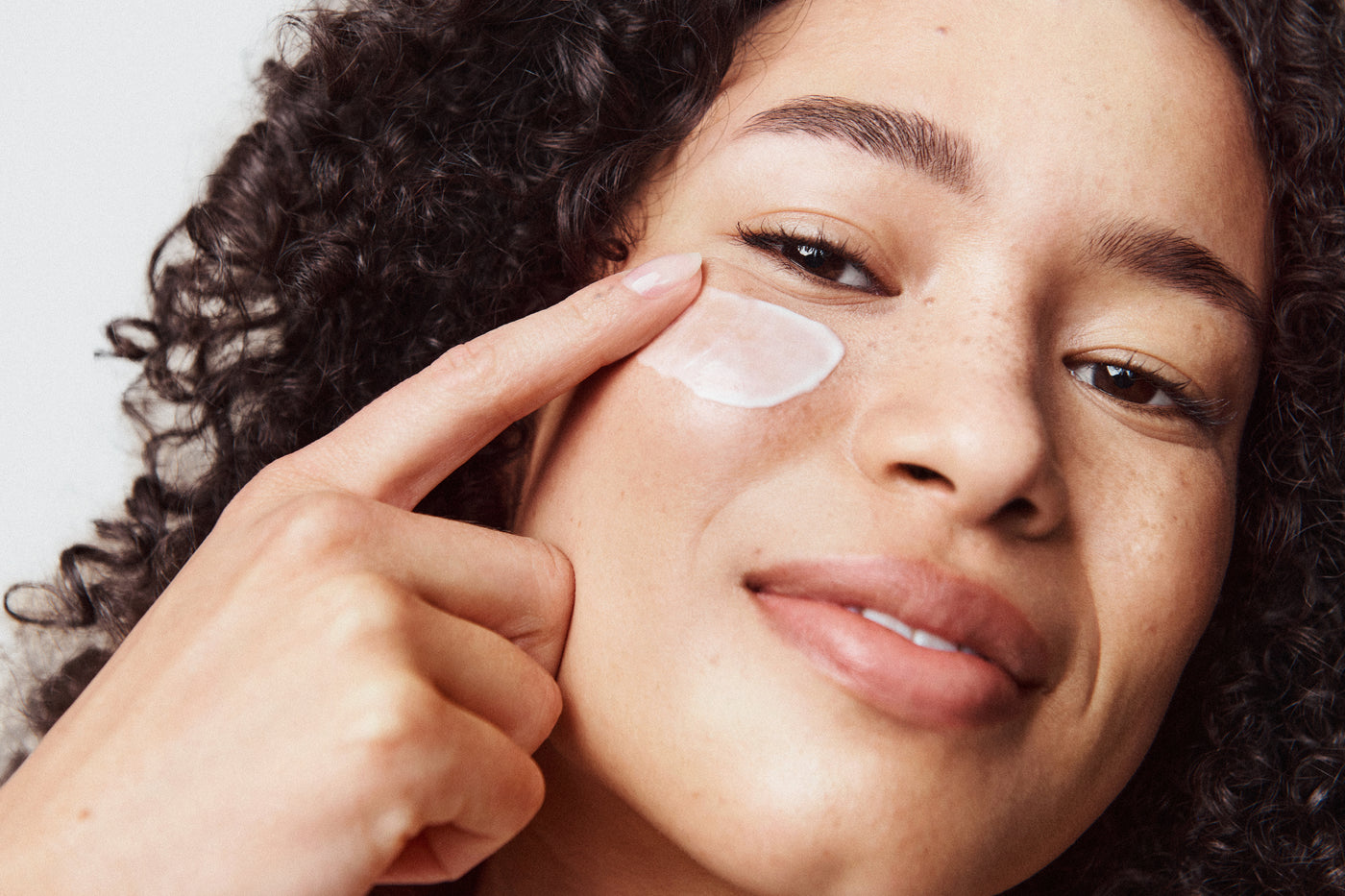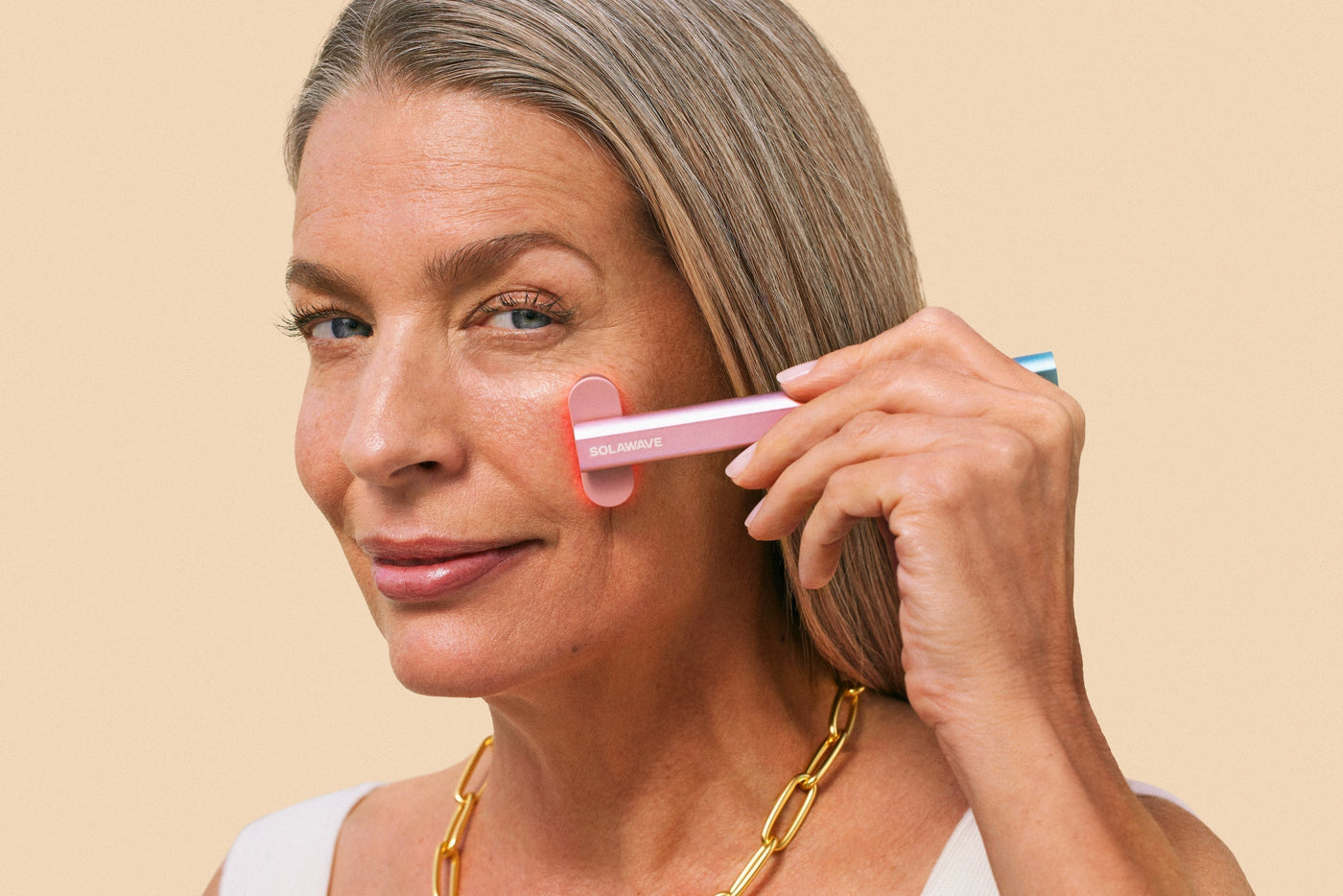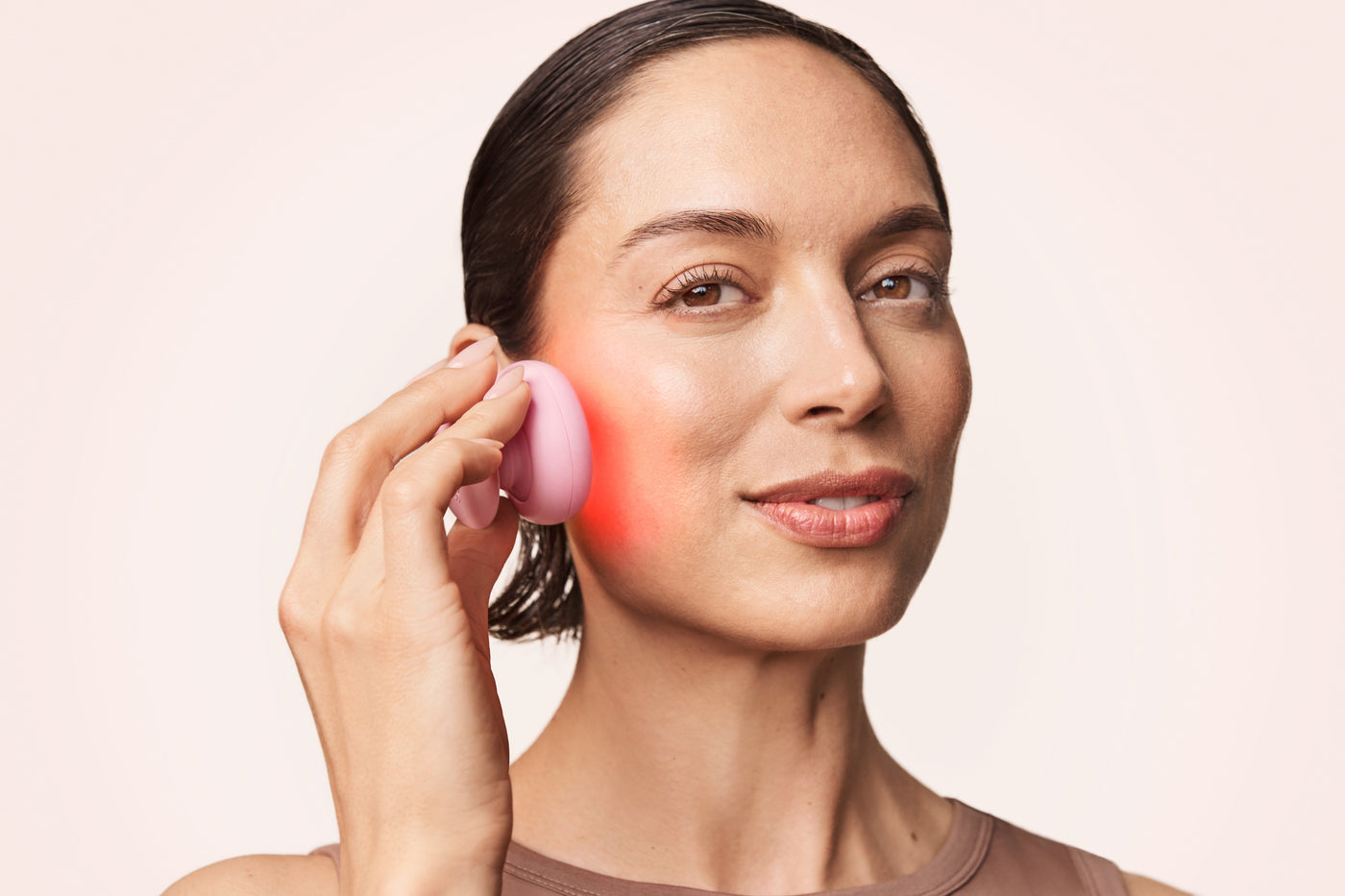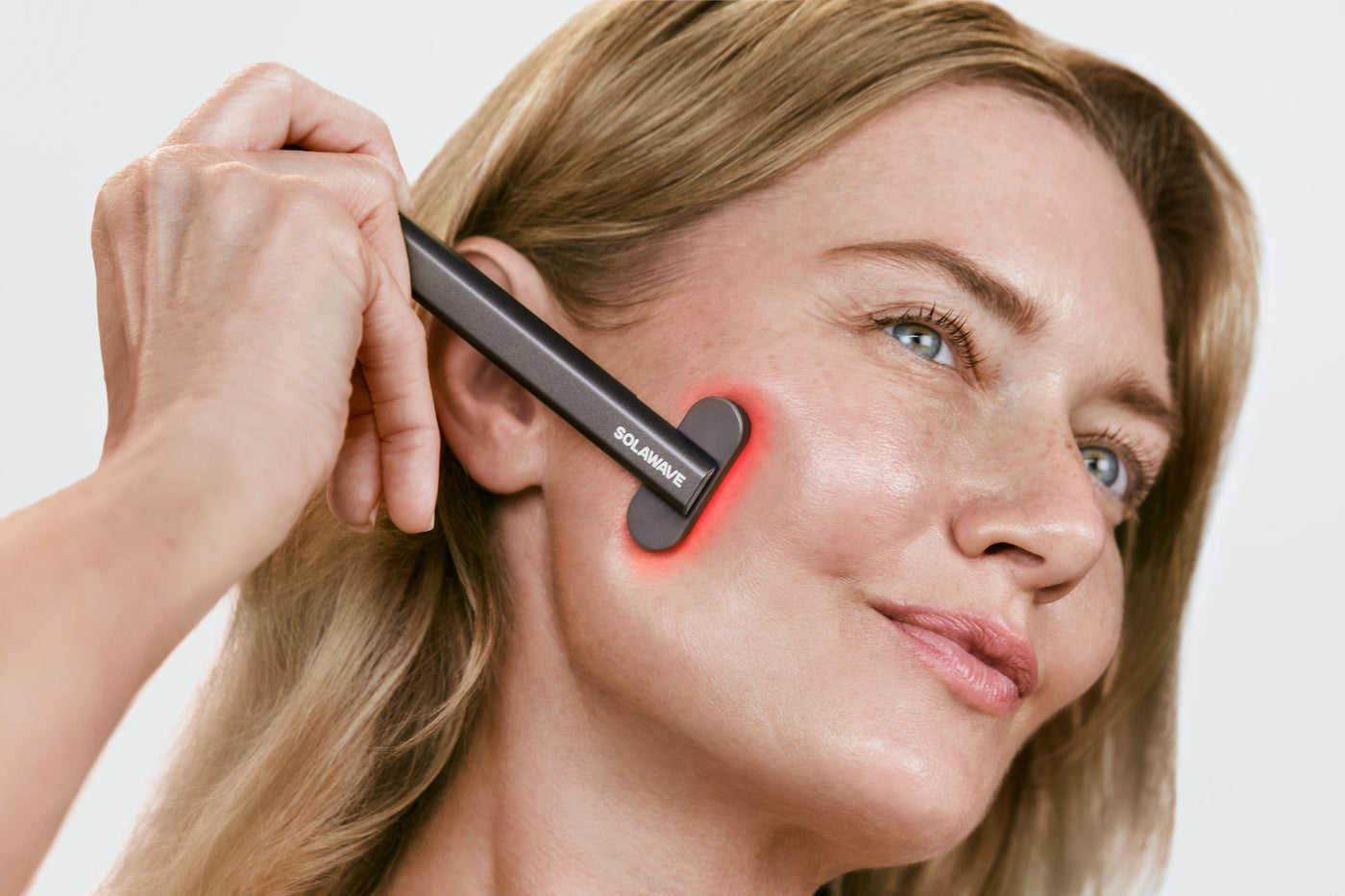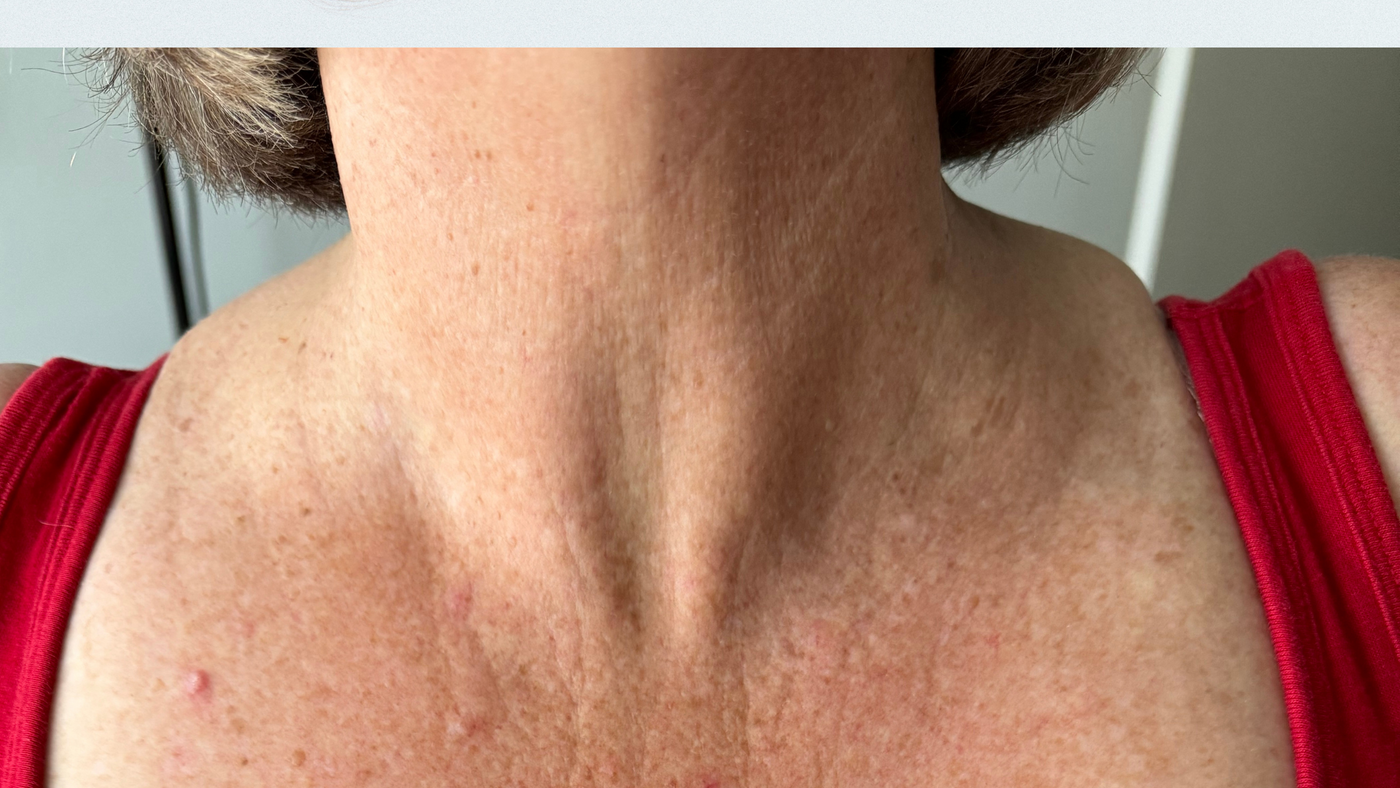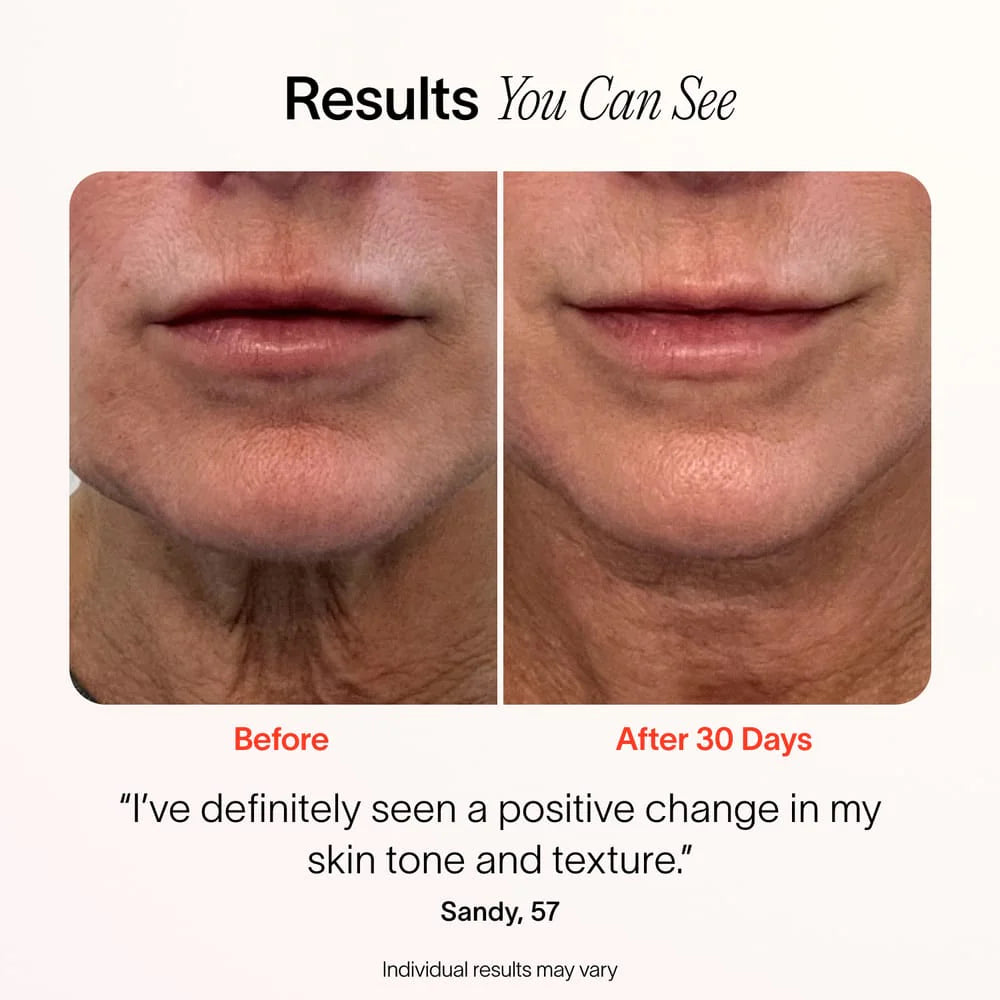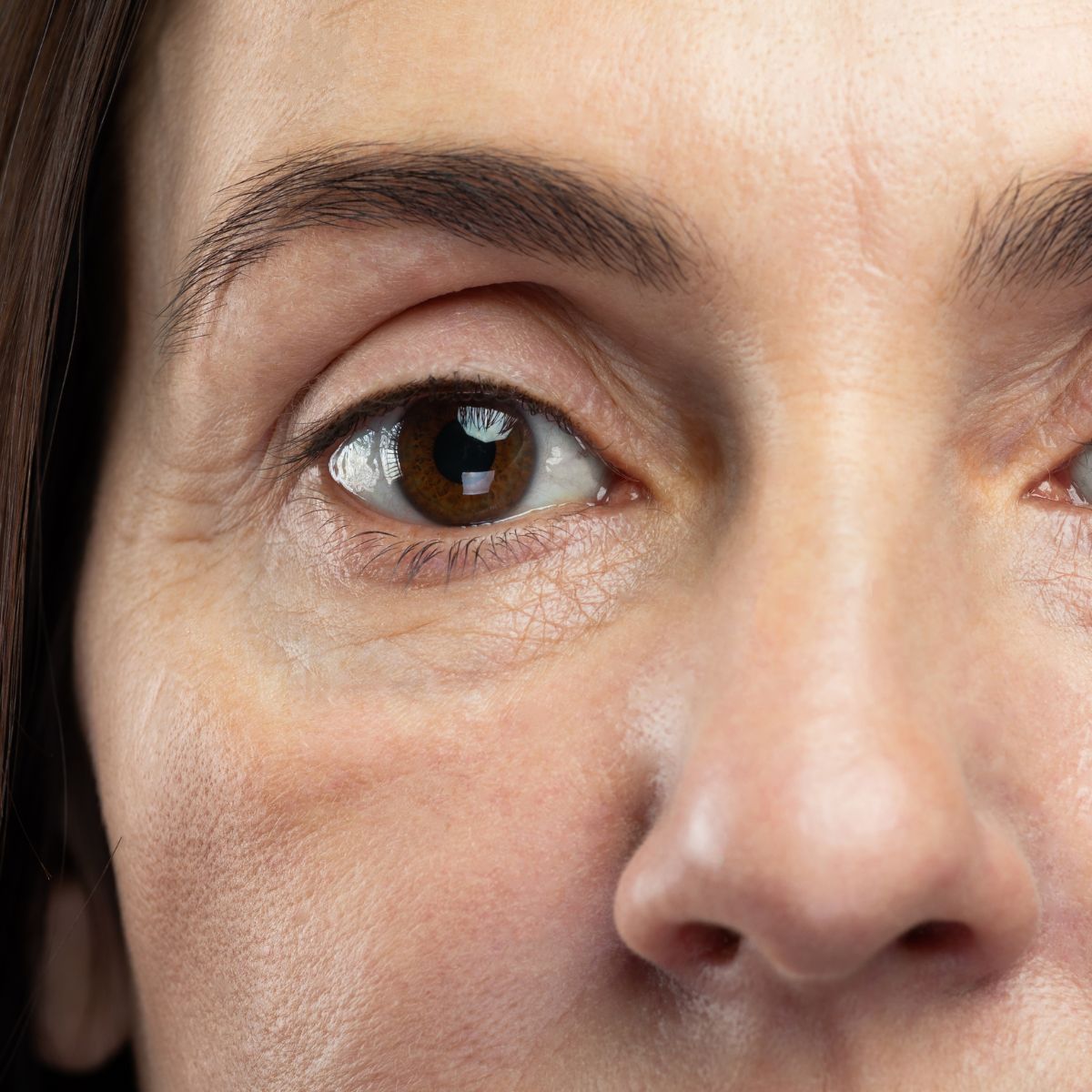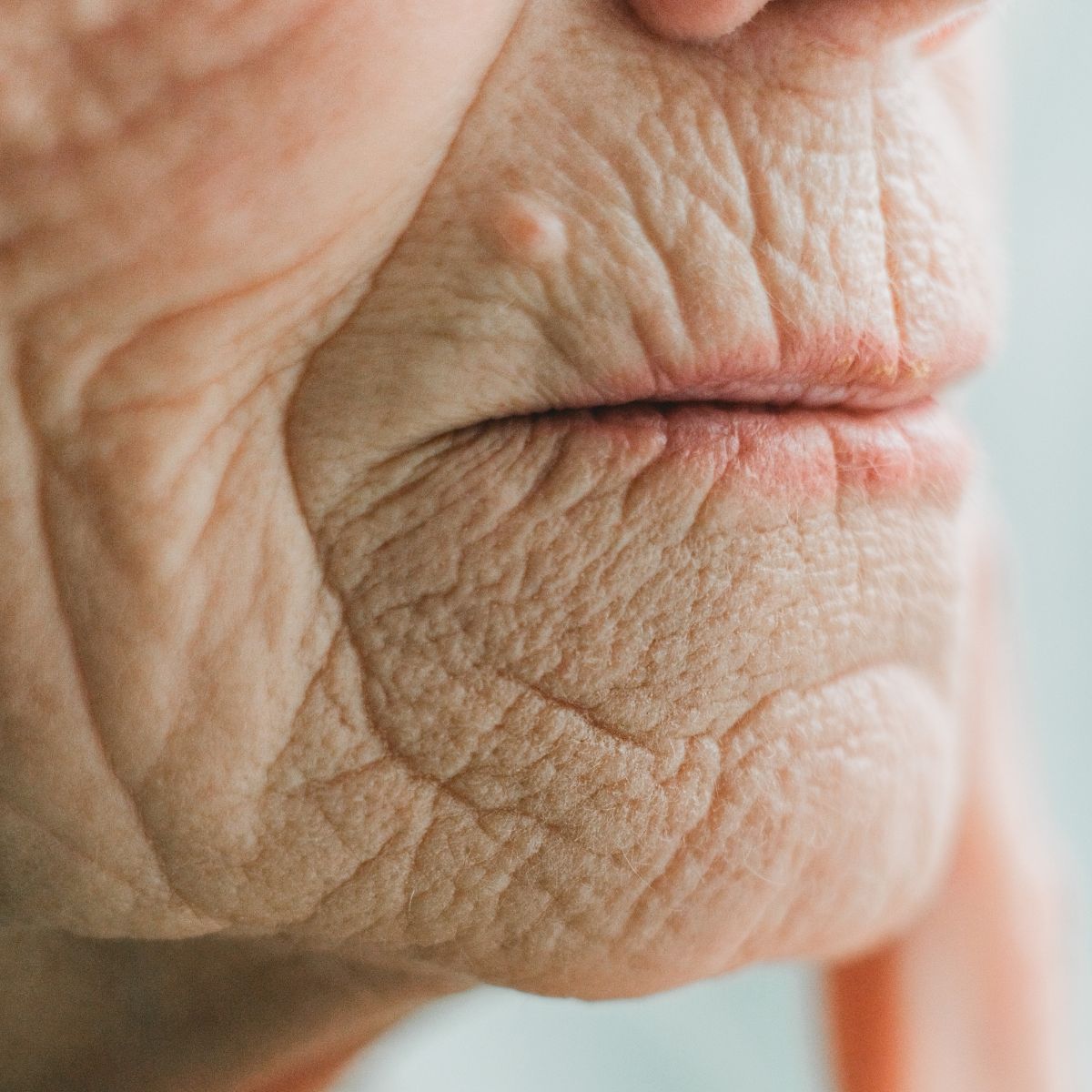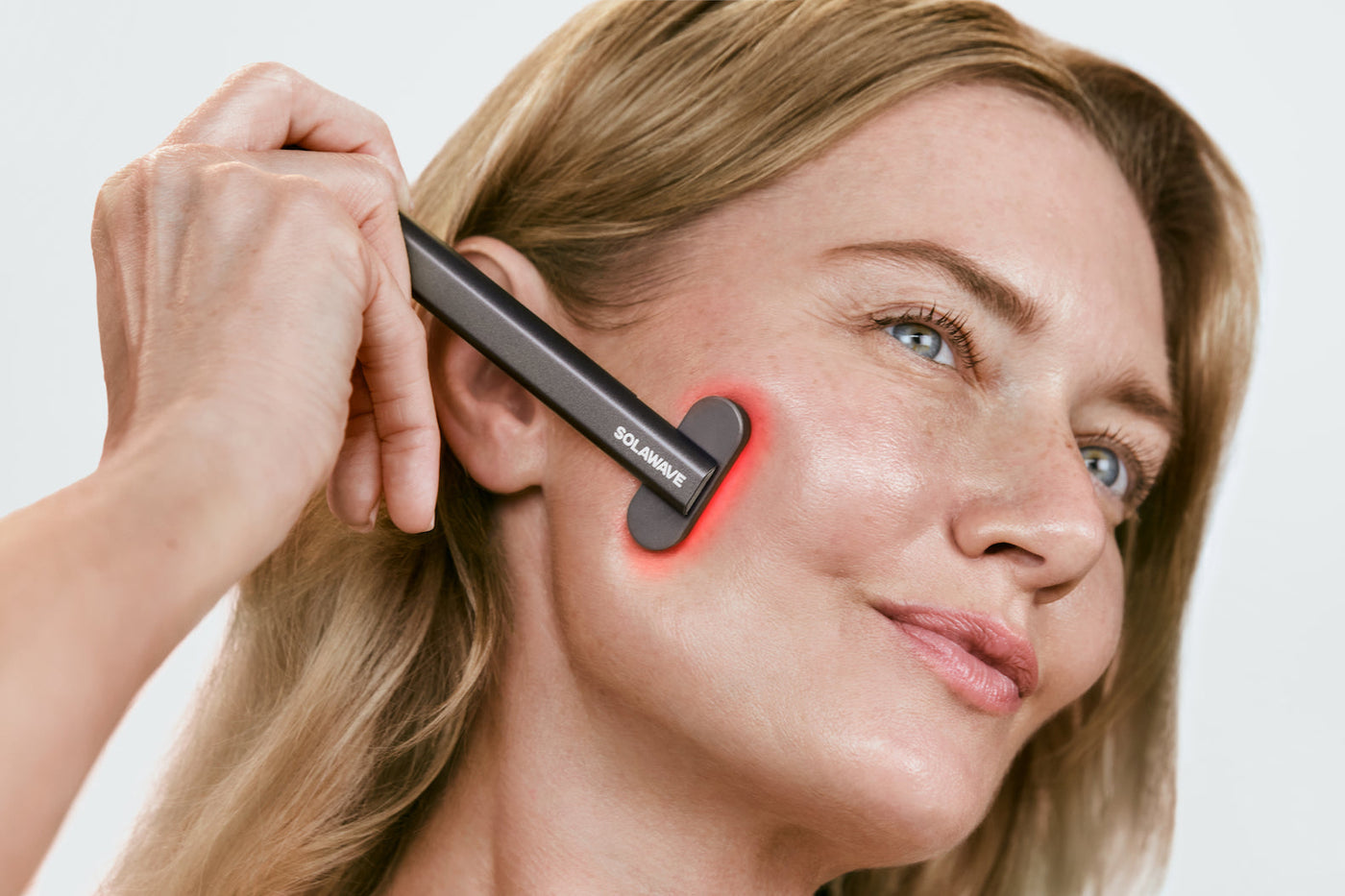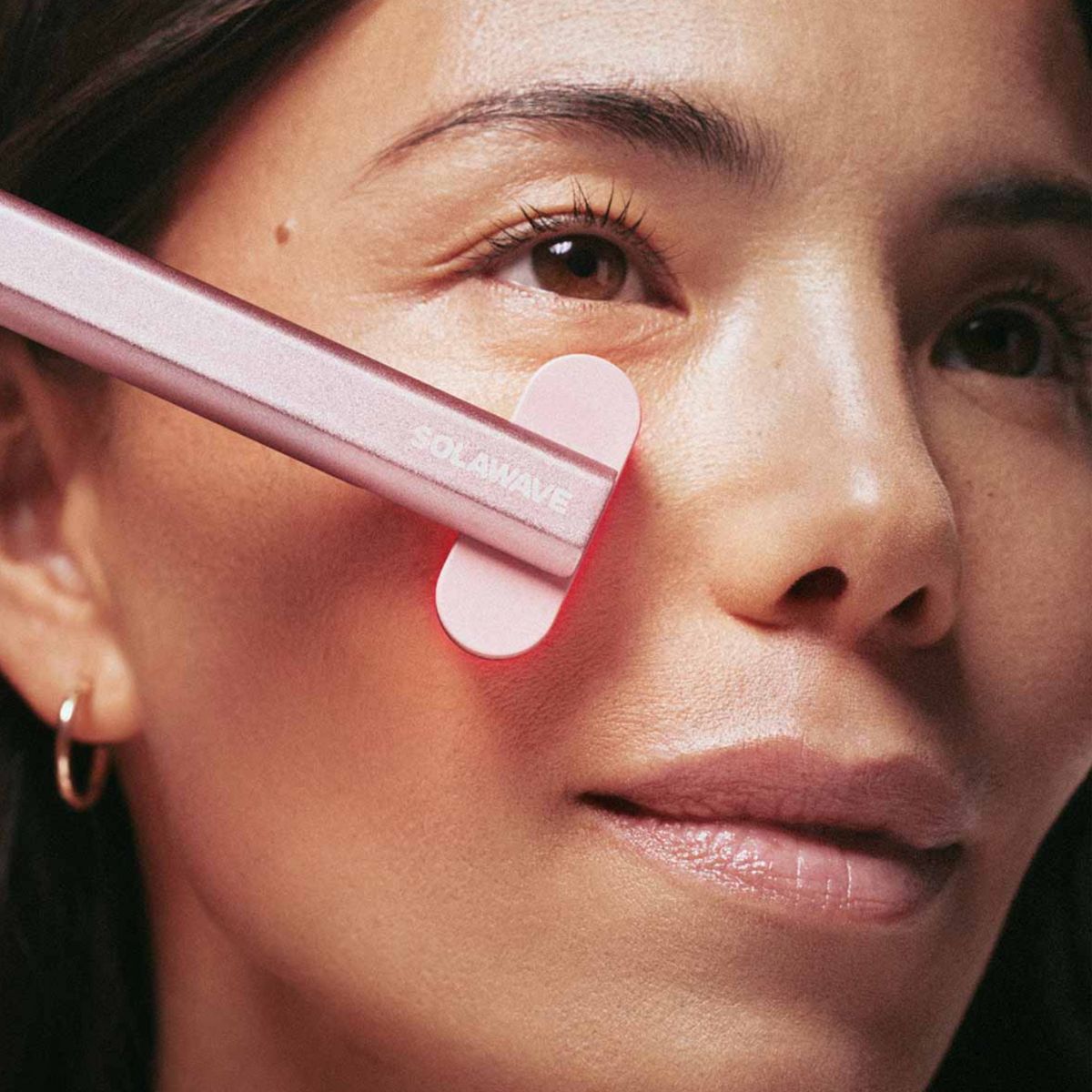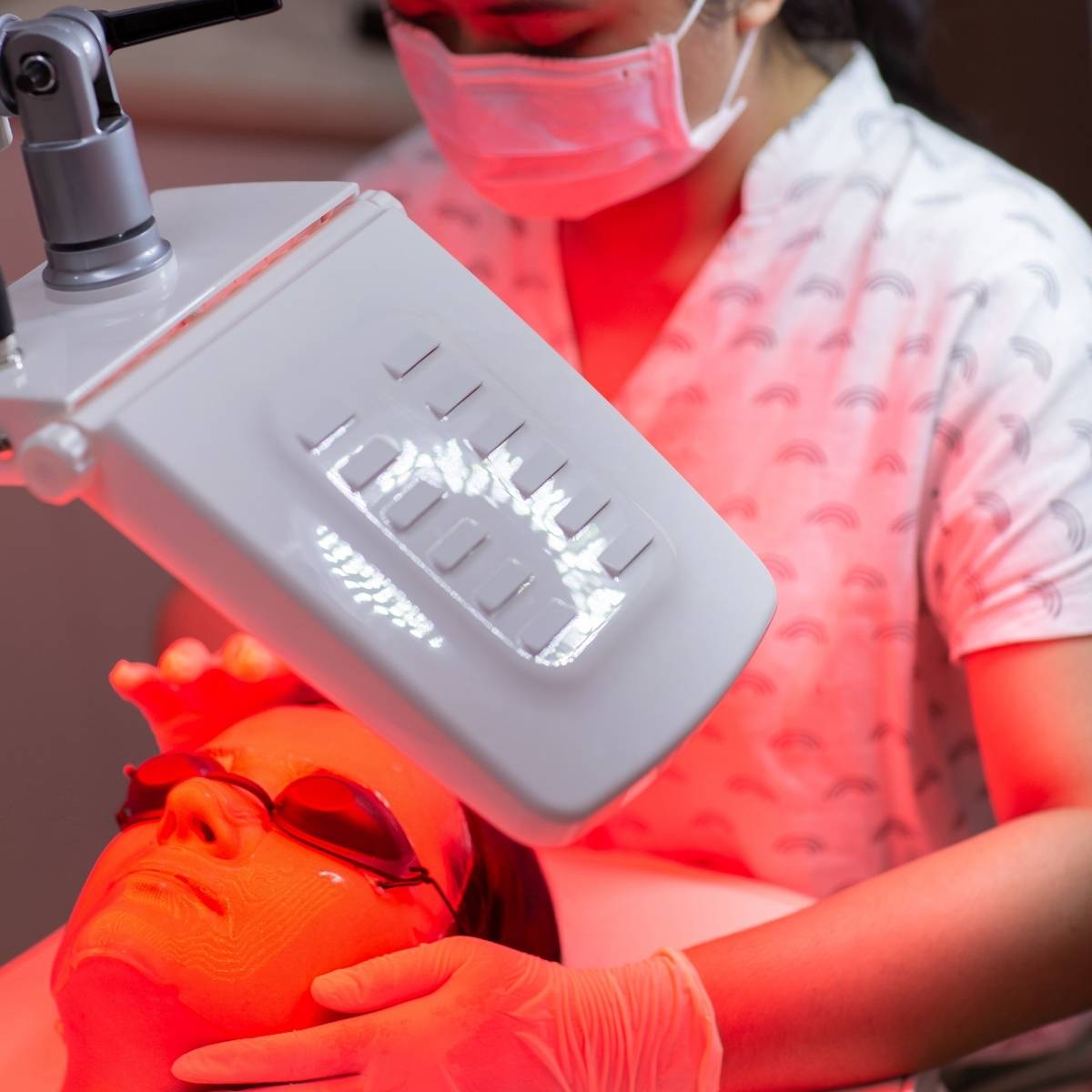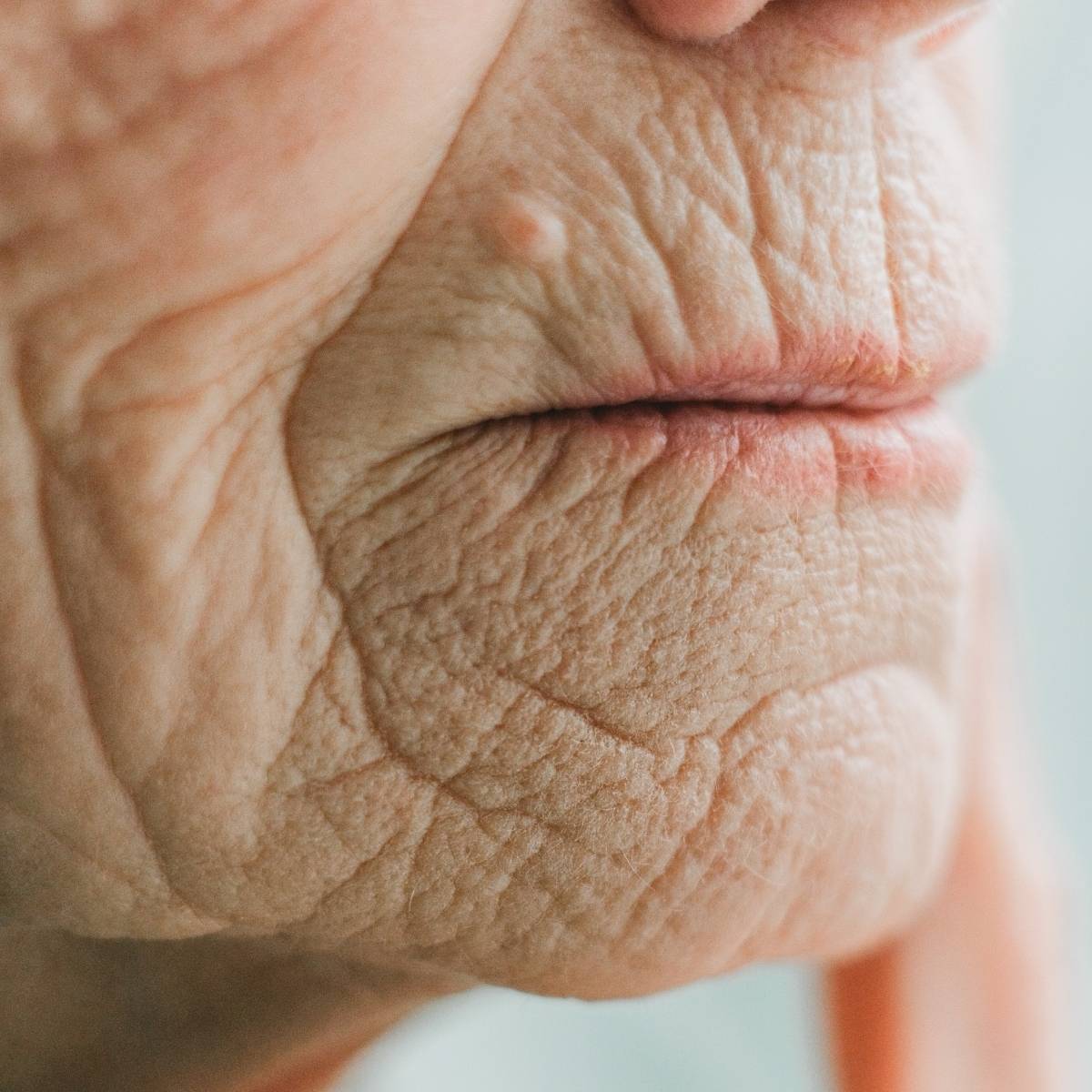 News
News

 News
News
 News
News
August 31, 2025
9 MINS READ
Solawave Wand vs NuFace vs Gua Sha: Which Skincare Tool Works Best?
READ MORE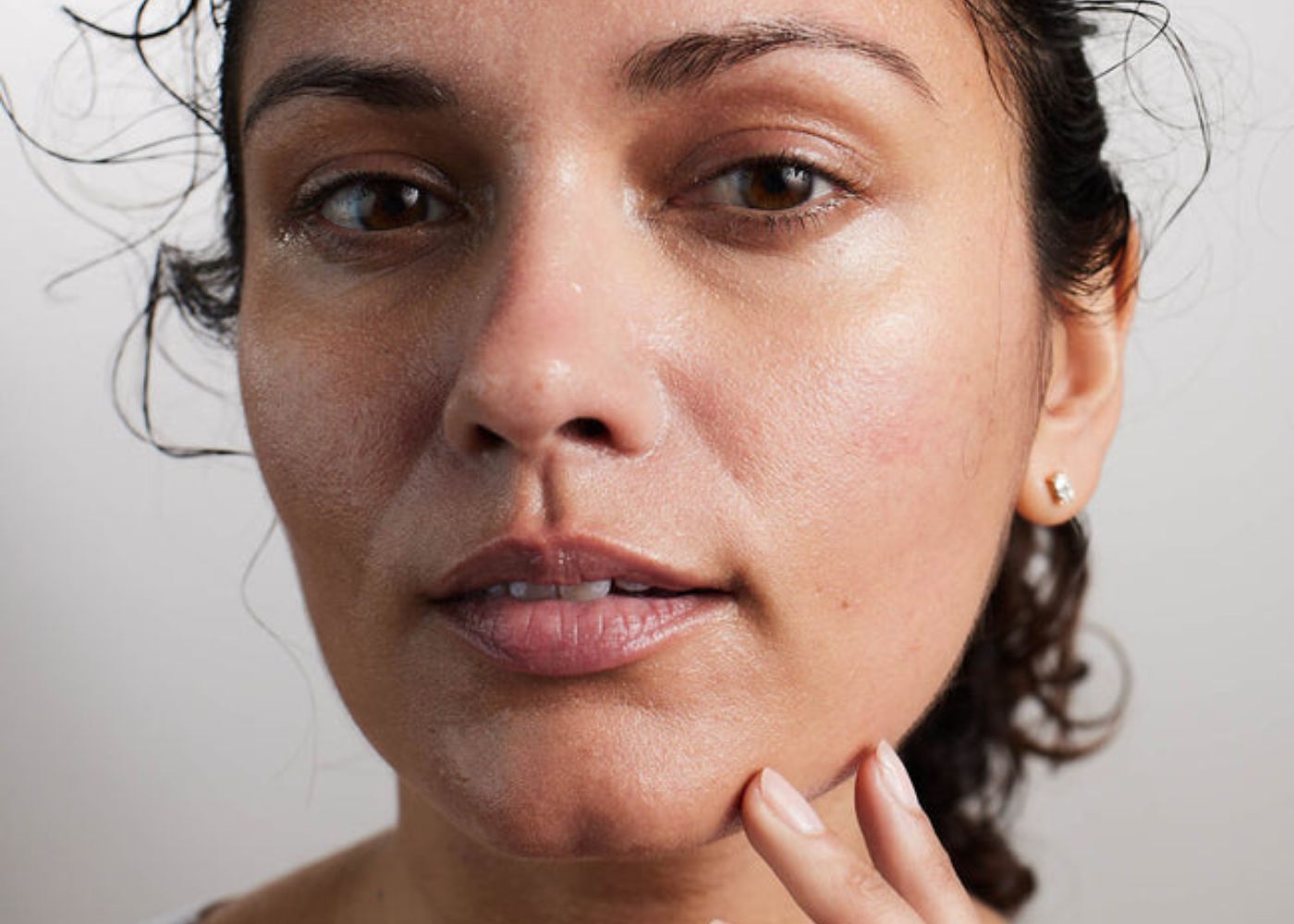 Red Light Therapy
Red Light Therapy
August 29, 2025
8 MINS READ
2025 Buyer's Guide: How to Choose the Best Red Light Therapy Mask for Your Skin Type
READ MORE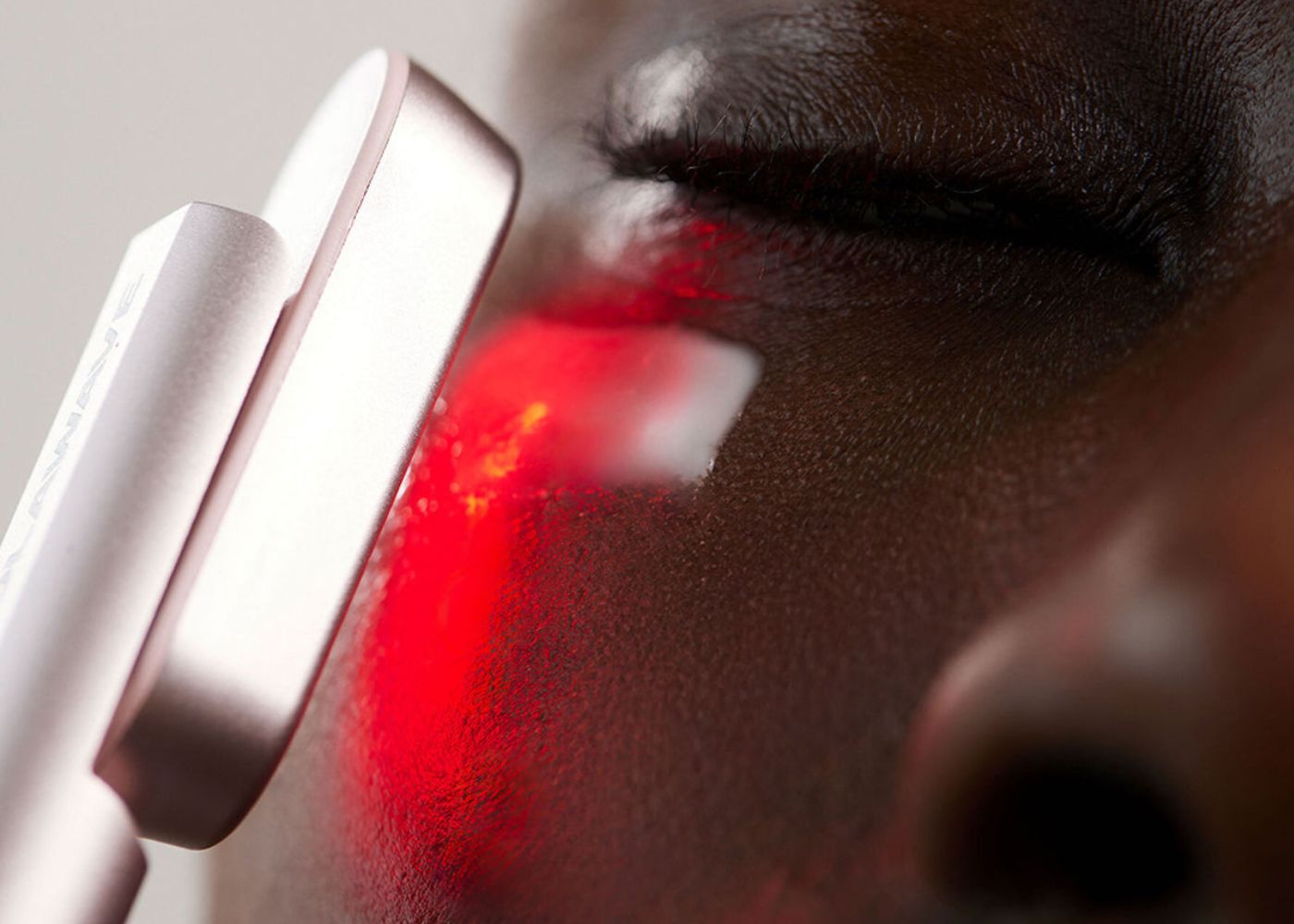 Red Light Therapy
Red Light Therapy
August 27, 2025
7 MINS READ
Clinical Evidence: Scientific Studies Proving Red Light Therapy Effectiveness for Skin Treatment
READ MORE Red Light Therapy
Red Light Therapy
August 19, 2025
8 MINS READ
Red Light Therapy Safety Guide: Side Effects; Precautions; and Who Should Avoid Treatment
READ MORE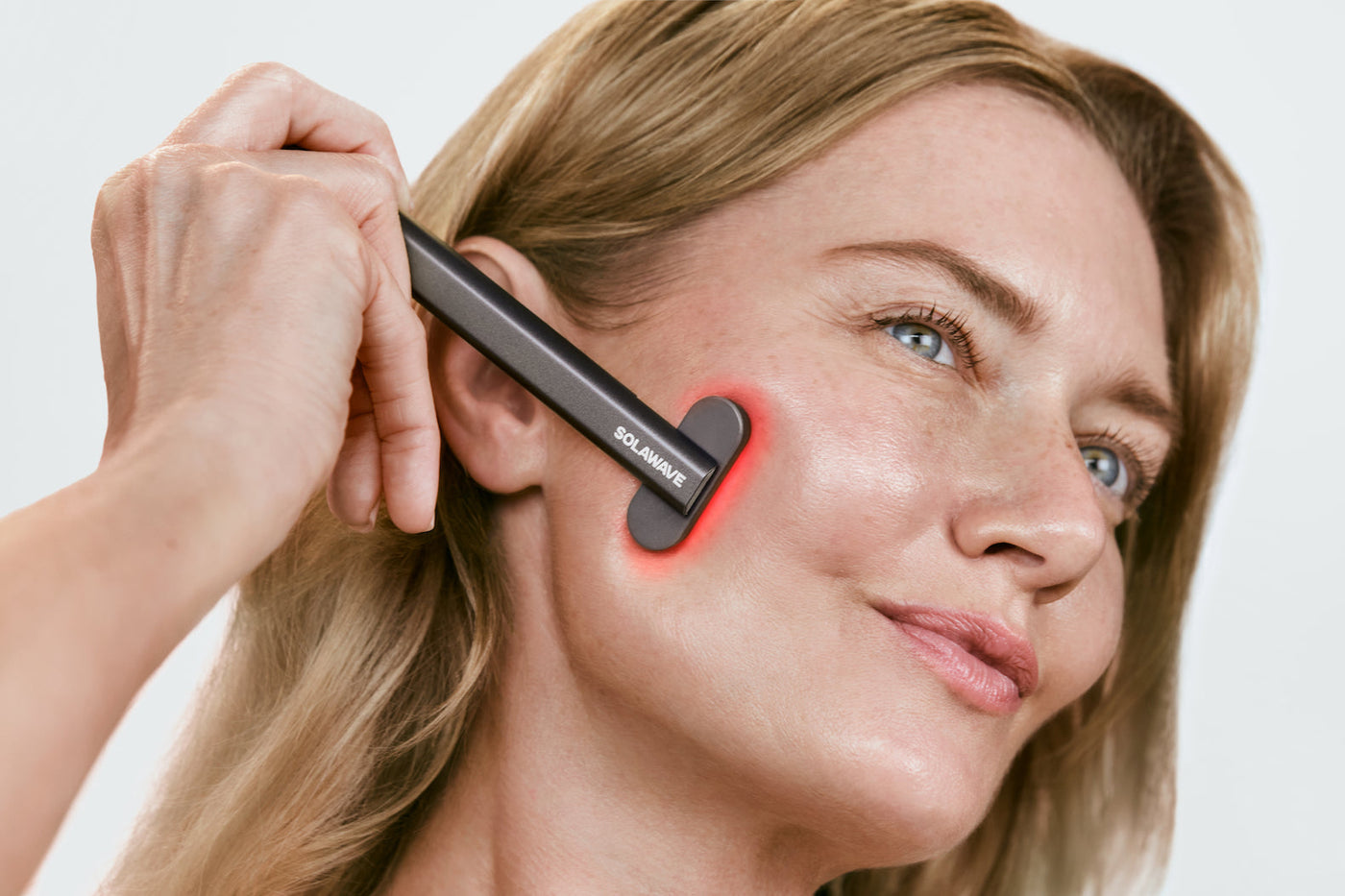 News
News
August 17, 2025
5 MINS READ
What Is Vibration Therapy and How Can It Support the Look of Skin?
READ MORE Red Light Therapy
Red Light Therapy
August 17, 2025
7 MINS READ
How to Use Red Light Therapy Masks on Neck and Chest: Step-by-Step Guide
READ MORE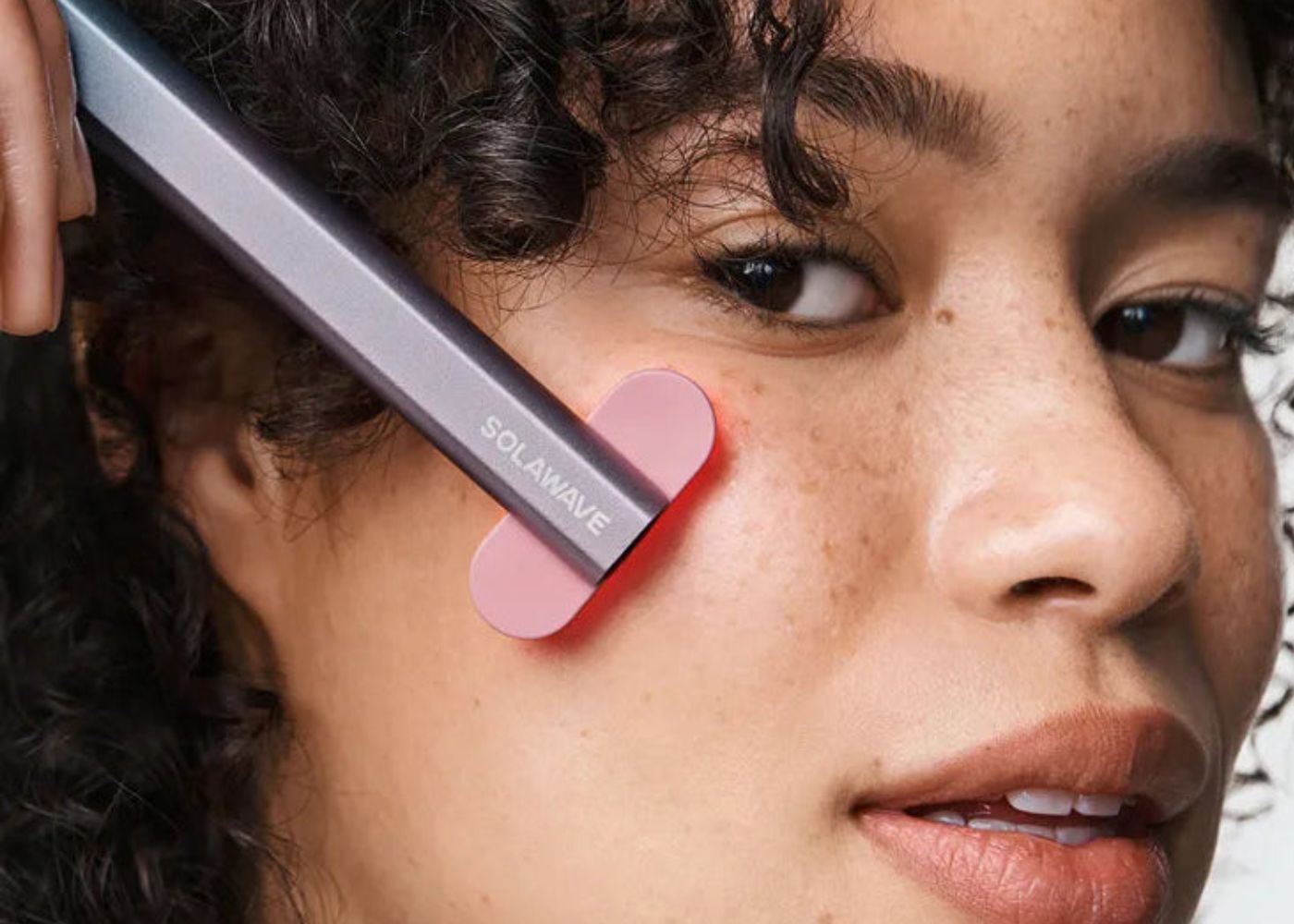 Red Light Therapy
Red Light Therapy
August 15, 2025
7 MINS READ
Types of Red Light Therapy Devices: Panels; Masks; and Handheld Options
READ MORE Red Light Therapy
Red Light Therapy
August 15, 2025
7 MINS READ
The Role of Red Light Therapy in Minimizing Scars & Stretch Marks
READ MORE Red Light Therapy
Red Light Therapy
August 12, 2025
7 MINS READ
What Role Does Red Light Therapy Play in the Future of Skincare?
READ MORE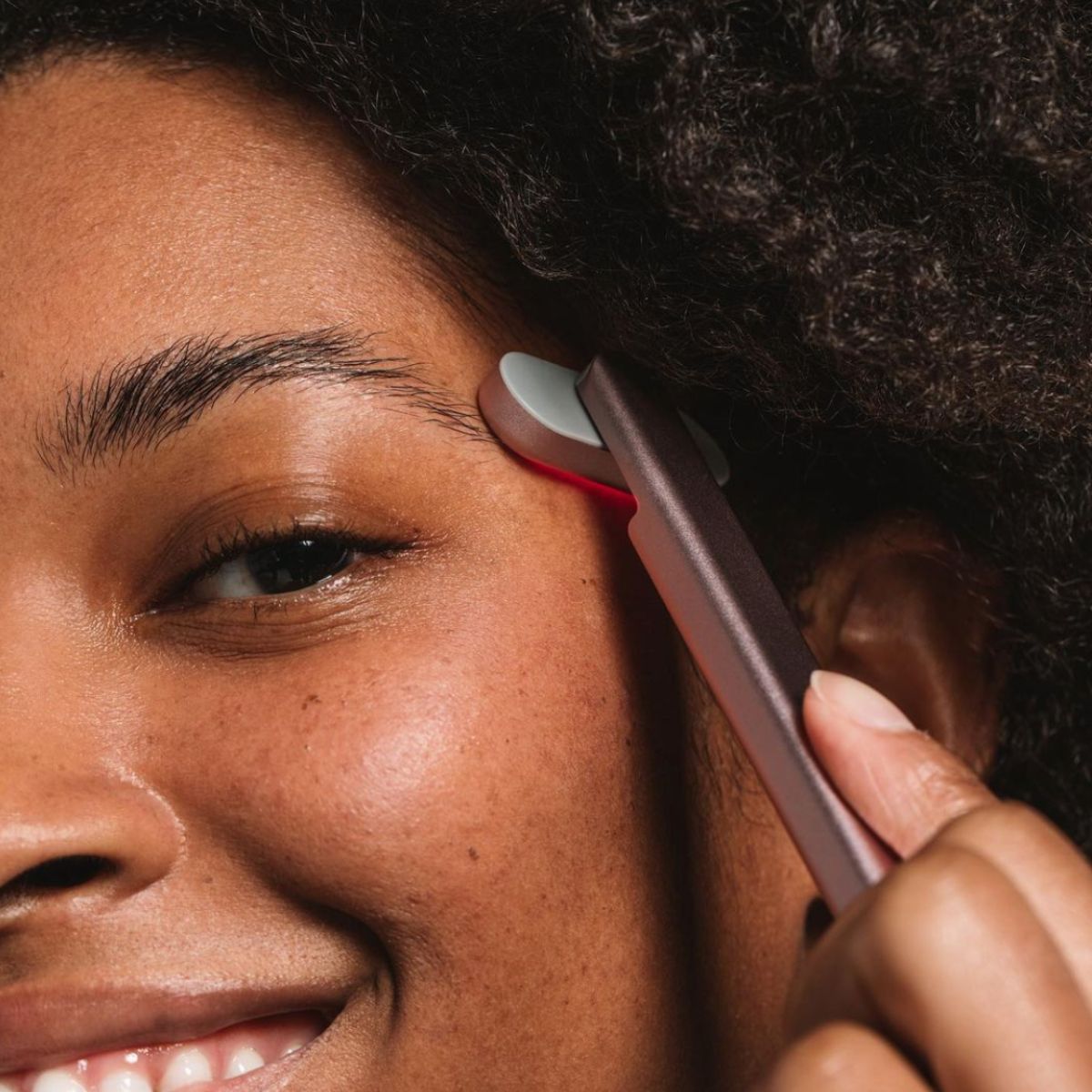 Red Light Therapy
Red Light Therapy
August 10, 2025
8 MINS READ
Can Red Light Therapy Help Visibly Revitalize the Look of Maturing Skin?
READ MORE News
News
August 10, 2025
7 MINS READ
How to Integrate Red Light Masks into Your Daily Skincare Routine for Best Results
READ MORE Red Light Therapy
Red Light Therapy
July 28, 2025
6 MINS READ
The Science of Skin Recovery After Travel: How Red Light Therapy Can Help
READ MORE Red Light Therapy
Red Light Therapy
July 21, 2025
9 MINS READ
Best Serums and Creams to Use with Red Light Therapy: Maximizing Your Results
READ MORE News
News
July 19, 2025
7 MINS READ
Product Pairing Guide: Which Skincare Ingredients Enhance Red Light Therapy Results
READ MORE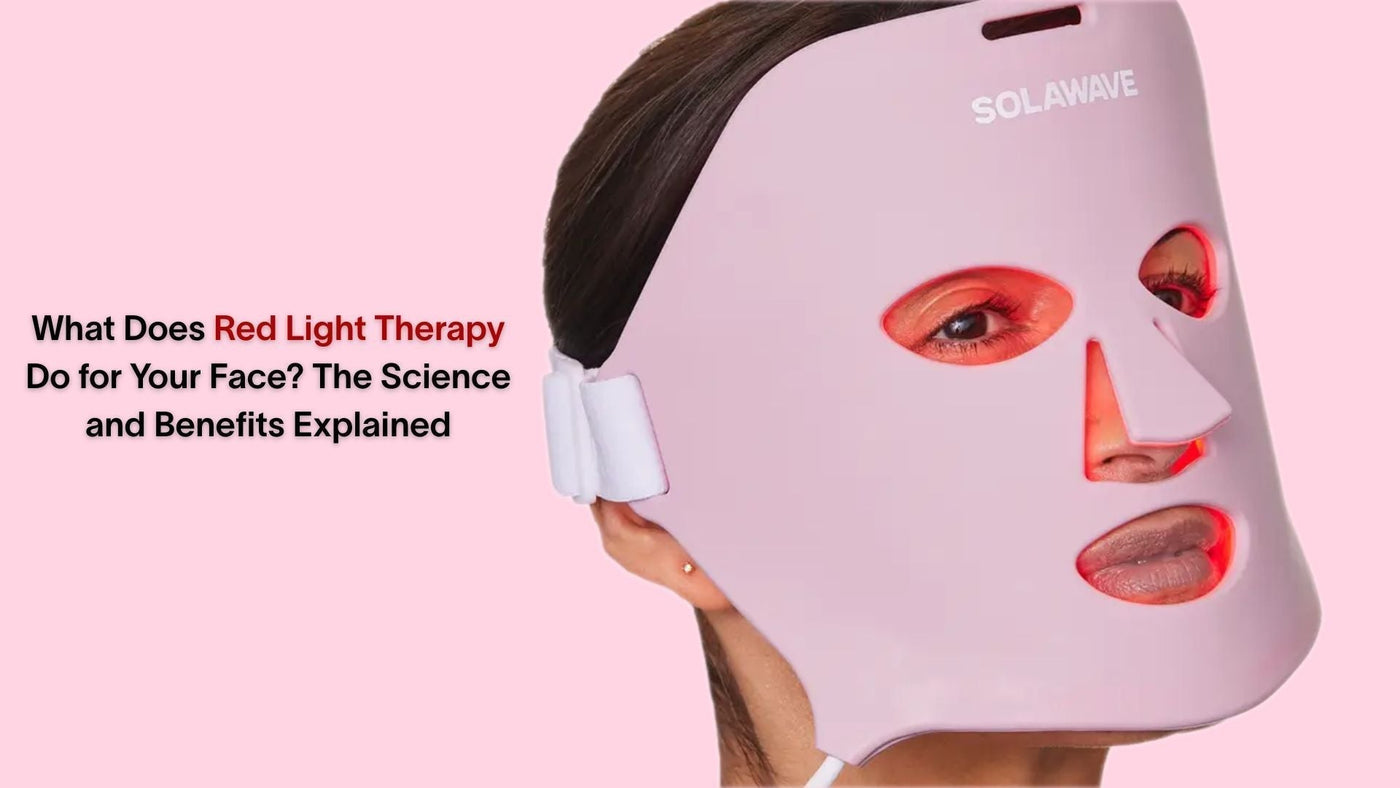 Red Light Therapy
Red Light Therapy
July 19, 2025
8 MINS READ
What Does Red Light Therapy Do for Your Face? The Science and Benefits Explained
READ MORE News
News
July 15, 2025
6 MINS READ
2025 Skincare Trends: Why Dermatologists Are Recommending At-Home Light Therapy
READ MORE News
News
July 13, 2025
7 MINS READ
Face Serums and Light Therapy: Which Combinations Work Best for Different Skin Types
READ MORE News
News
June 10, 2025
6 MINS READ
Understanding Infrared, Red, and Blue Light Technologies in Skincare
READ MORE News
News
June 05, 2025
8 MINS READ
How to Integrate Red Light Therapy Wands into Your Skincare Routine
READ MORE News
News
May 09, 2025
6 MINS READ
Solawave's Viral LED Masks Are On Rare Sale For Memorial Day 2025
READ MORE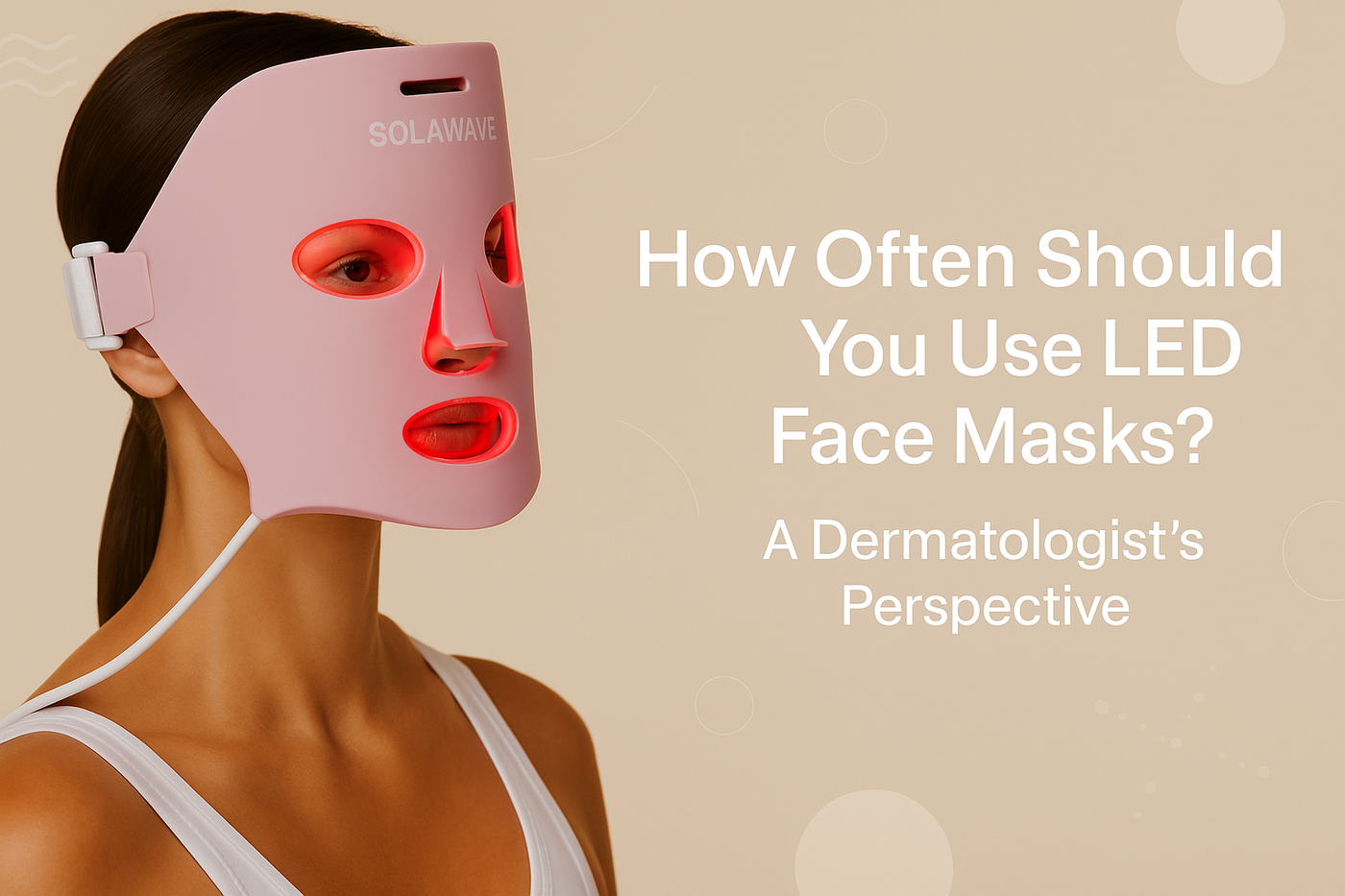 News
News
May 07, 2025
6 MINS READ
How Often Should You Use LED Face Masks? A Dermatologist's Perspective
READ MORE News
News
March 31, 2025
5 MINS READ
Ultimate Guide to Red Light Therapy at Home: Benefits, Devices, and Tips
READ MORE News
News
January 16, 2025
2 MINS READ
Why Dr. Swati Kannan, MD loves the Solawave Red and Infrared Light Therapy Mask
READ MORE News
News
August 05, 2023
7 MINS READ
How Can Red Light Therapy Support a More Even and Radiant Skin Tone
READ MORE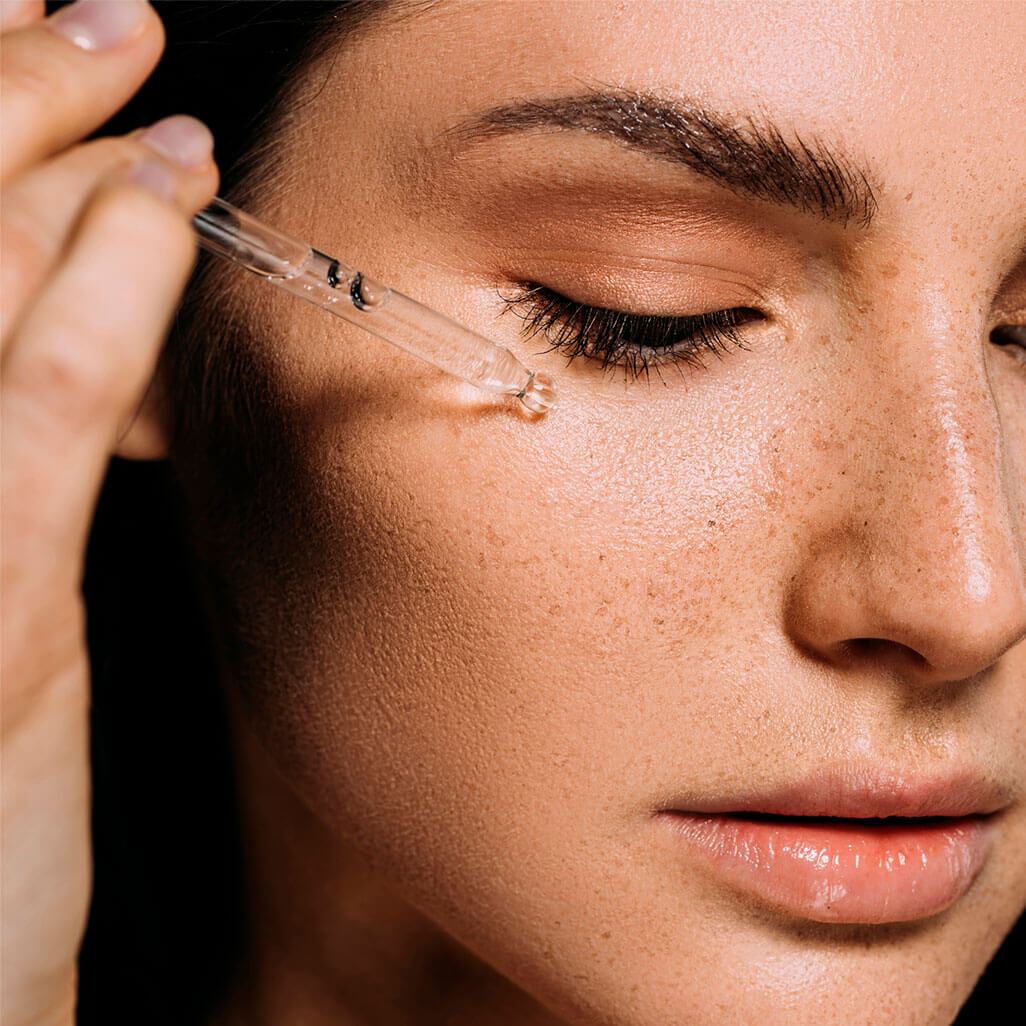 News
News
August 22, 2020
2 MINS READ
Why our Activating Serum is a critical component of your SolaWave treatment
READ MORE News
News
 Red Light Therapy
Red Light Therapy
August 29, 2025
8 MINS READ
2025 Buyer's Guide: How to Choose the Best Red Light Therapy Mask for Your Skin Type
READ MORE Red Light Therapy
Red Light Therapy
August 27, 2025
7 MINS READ
Clinical Evidence: Scientific Studies Proving Red Light Therapy Effectiveness for Skin Treatment
READ MORE Red Light Therapy
Red Light Therapy
August 19, 2025
8 MINS READ
Red Light Therapy Safety Guide: Side Effects; Precautions; and Who Should Avoid Treatment
READ MORE Red Light Therapy
Red Light Therapy
August 17, 2025
7 MINS READ
How to Use Red Light Therapy Masks on Neck and Chest: Step-by-Step Guide
READ MORE Red Light Therapy
Red Light Therapy
August 15, 2025
7 MINS READ
Types of Red Light Therapy Devices: Panels; Masks; and Handheld Options
READ MORE Red Light Therapy
Red Light Therapy
August 15, 2025
7 MINS READ
The Role of Red Light Therapy in Minimizing Scars & Stretch Marks
READ MORE Red Light Therapy
Red Light Therapy
August 12, 2025
7 MINS READ
What Role Does Red Light Therapy Play in the Future of Skincare?
READ MORE Red Light Therapy
Red Light Therapy
August 10, 2025
8 MINS READ
Can Red Light Therapy Help Visibly Revitalize the Look of Maturing Skin?
READ MORE Red Light Therapy
Red Light Therapy
July 28, 2025
6 MINS READ
The Science of Skin Recovery After Travel: How Red Light Therapy Can Help
READ MORE Red Light Therapy
Red Light Therapy
July 21, 2025
9 MINS READ
Best Serums and Creams to Use with Red Light Therapy: Maximizing Your Results
READ MORE Red Light Therapy
Red Light Therapy
July 19, 2025
8 MINS READ
What Does Red Light Therapy Do for Your Face? The Science and Benefits Explained
READ MORE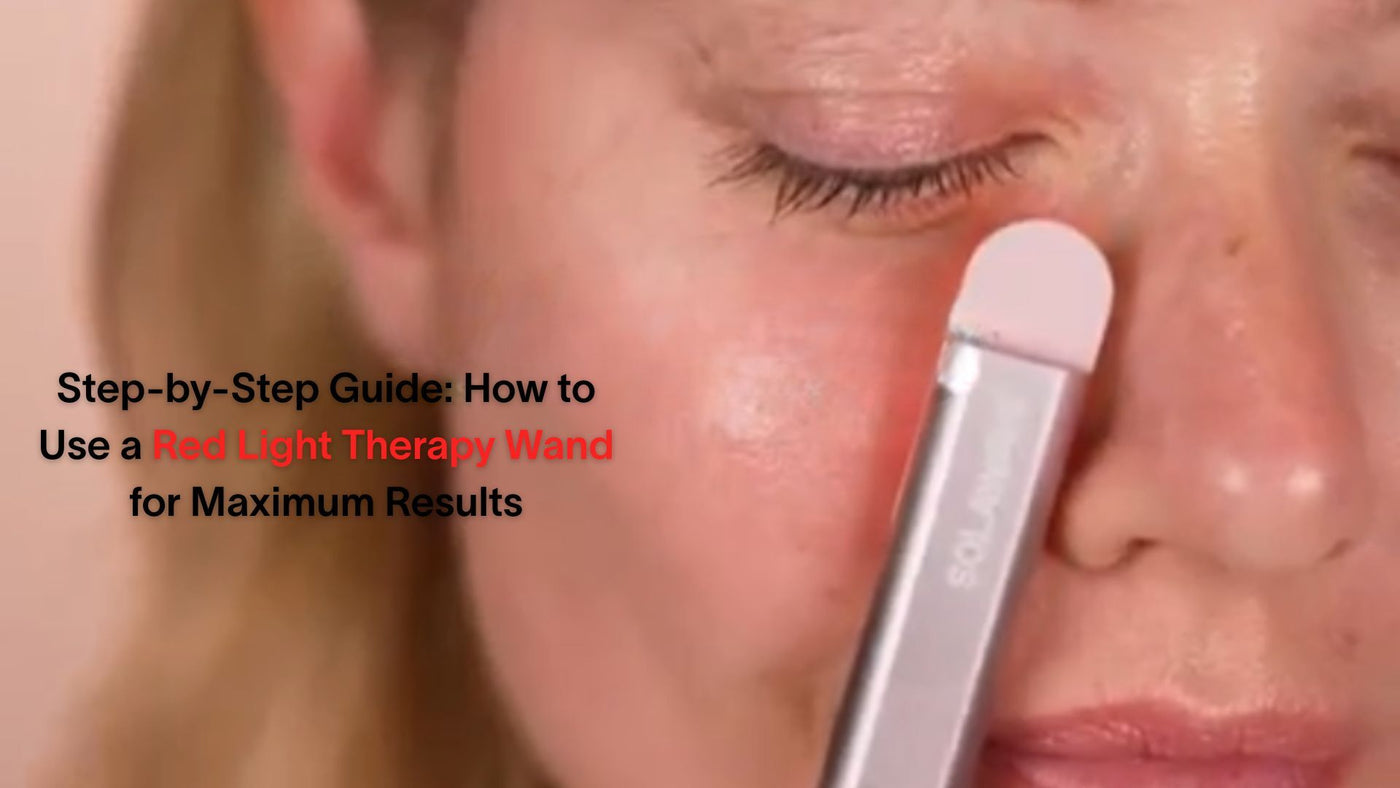 Red Light Therapy
Red Light Therapy
July 06, 2025
7 MINS READ
Step-by-Step Guide: How to Use a Red Light Therapy Wand for Maximum Results
READ MORE Red Light Therapy
Red Light Therapy
June 23, 2025
7 MINS READ
Red Light Therapy for Hands: Will You Get the Same Anti-Aging Effect?
READ MORE Red Light Therapy
Red Light Therapy
June 05, 2025
8 MINS READ
What Is Blue Light Therapy: The Ultimate Guide For Skincare Enthusiasts
READ MORE Red Light Therapy
Red Light Therapy
June 05, 2025
7 MINS READ
Red Light Therapy and Serum: The Perfect Pair for Smooth-Looking Skin
READ MORE Red Light Therapy
Red Light Therapy
June 05, 2025
7 MINS READ
Red Light Therapy for Depression: Not Quite the Light You're Looking For
READ MORE Red Light Therapy
Red Light Therapy
May 05, 2025
6 MINS READ
Low-Level Laser Therapy Vs Red Light Therapy: What's The Difference?
READ MORE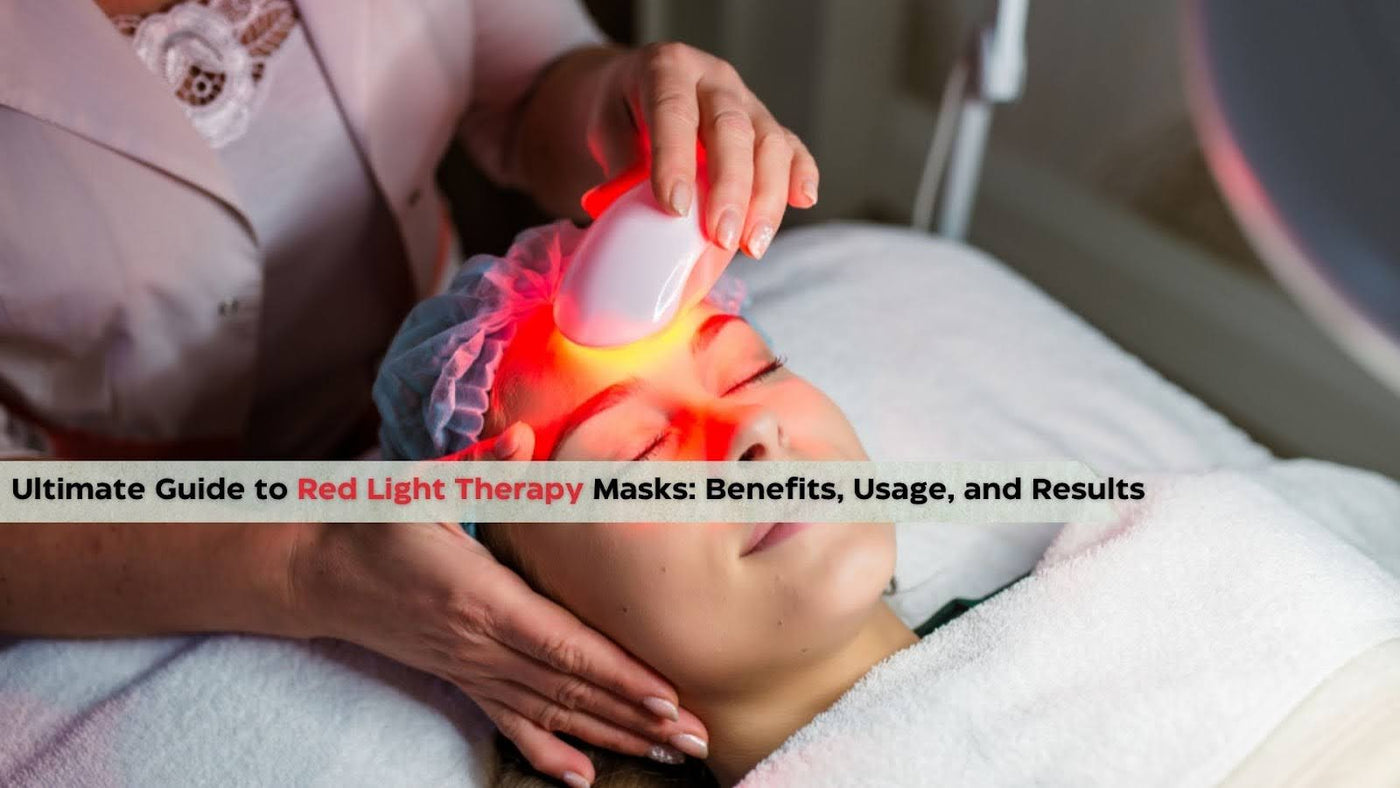 Red Light Therapy
Red Light Therapy
May 02, 2025
5 MINS READ
Ultimate Guide to Red Light Therapy Masks: Benefits, Usage, and Results
READ MORE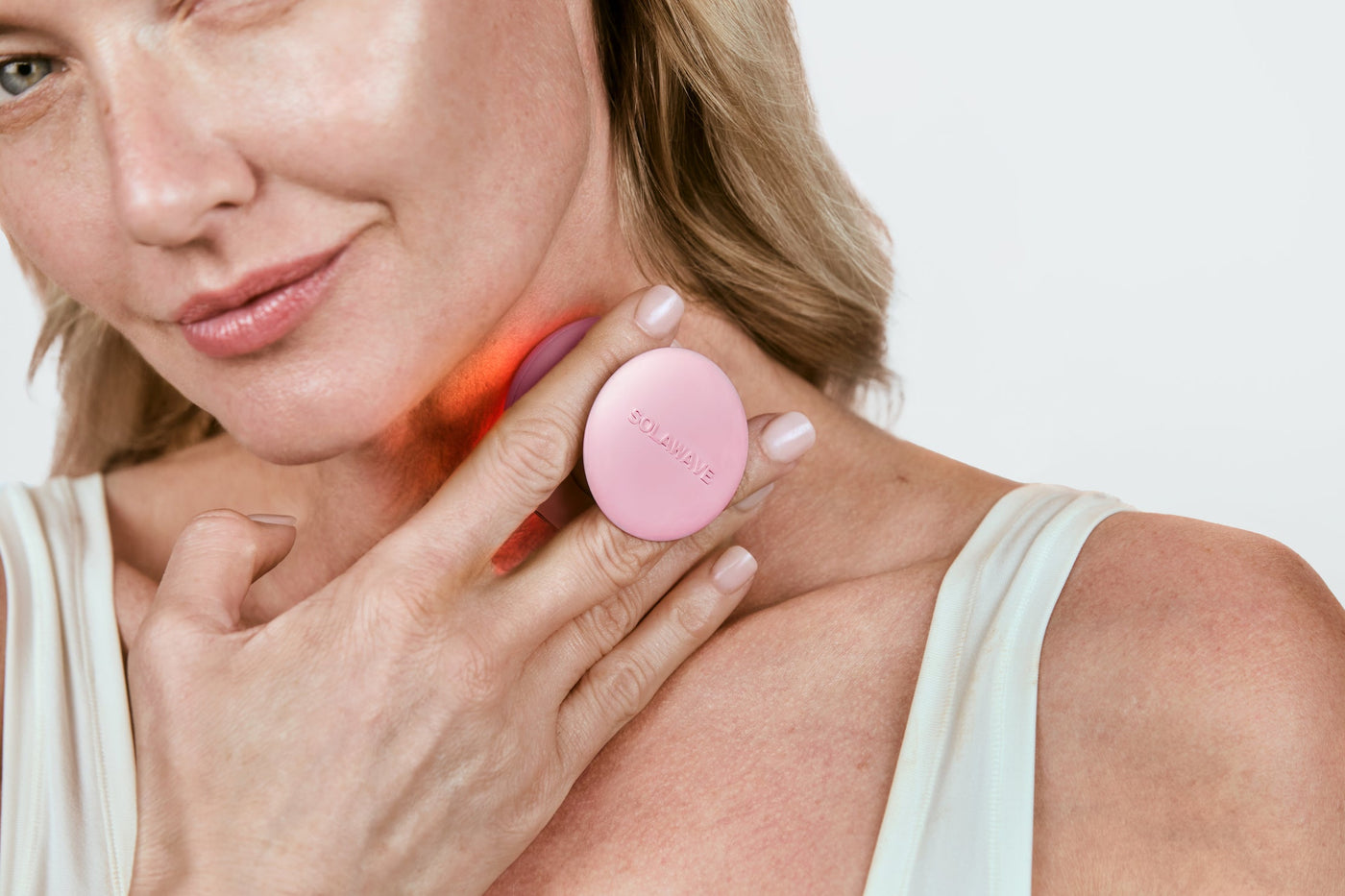 Red Light Therapy
Red Light Therapy
April 22, 2025
8 MINS READ
Photobiomodulation vs Red Light Therapy: What's the Difference?
READ MORE Red Light Therapy
Red Light Therapy
March 30, 2025
7 MINS READ
Flexible Masks vs Hard Shell LED Masks: Which Is Right for You?
READ MORE Red Light Therapy
Red Light Therapy
February 06, 2025
7 MINS READ
Microcurrent vs Red Light Therapy: The Differences Explained
READ MORE Red Light Therapy
Red Light Therapy
January 28, 2025
9 MINS READ
Harnessing the Power of Red Light Therapy for Beautiful Skin Benefits
READ MORE Red Light Therapy
Red Light Therapy
January 03, 2025
7 MINS READ
Which Serum or Cream To Use With Red Light Therapy (Topical Review)
READ MORE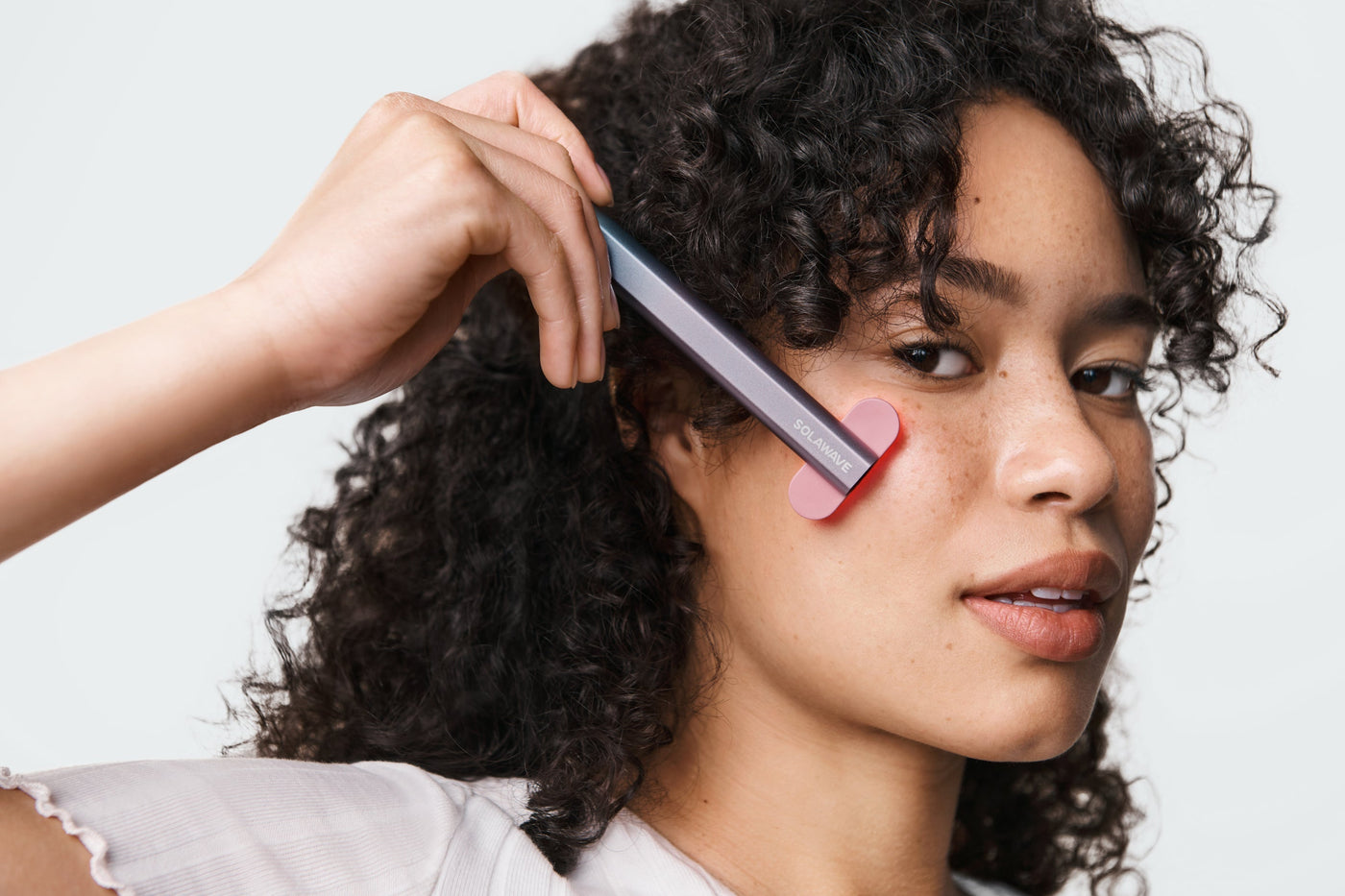 Red Light Therapy
Red Light Therapy
December 24, 2024
8 MINS READ
Red Light Therapy vs Botox: Which Skincare Solution Should You Choose?
READ MORE Red Light Therapy
Red Light Therapy
December 12, 2024
6 MINS READ
What Is Decollete (Décolleté) and How To Give It TLC During Your Skincare Routine
READ MORE Red Light Therapy
Red Light Therapy
November 30, 2024
5 MINS READ
How to Get Even Skin Tone on the Face: A Practical, At-Home Plan
READ MORE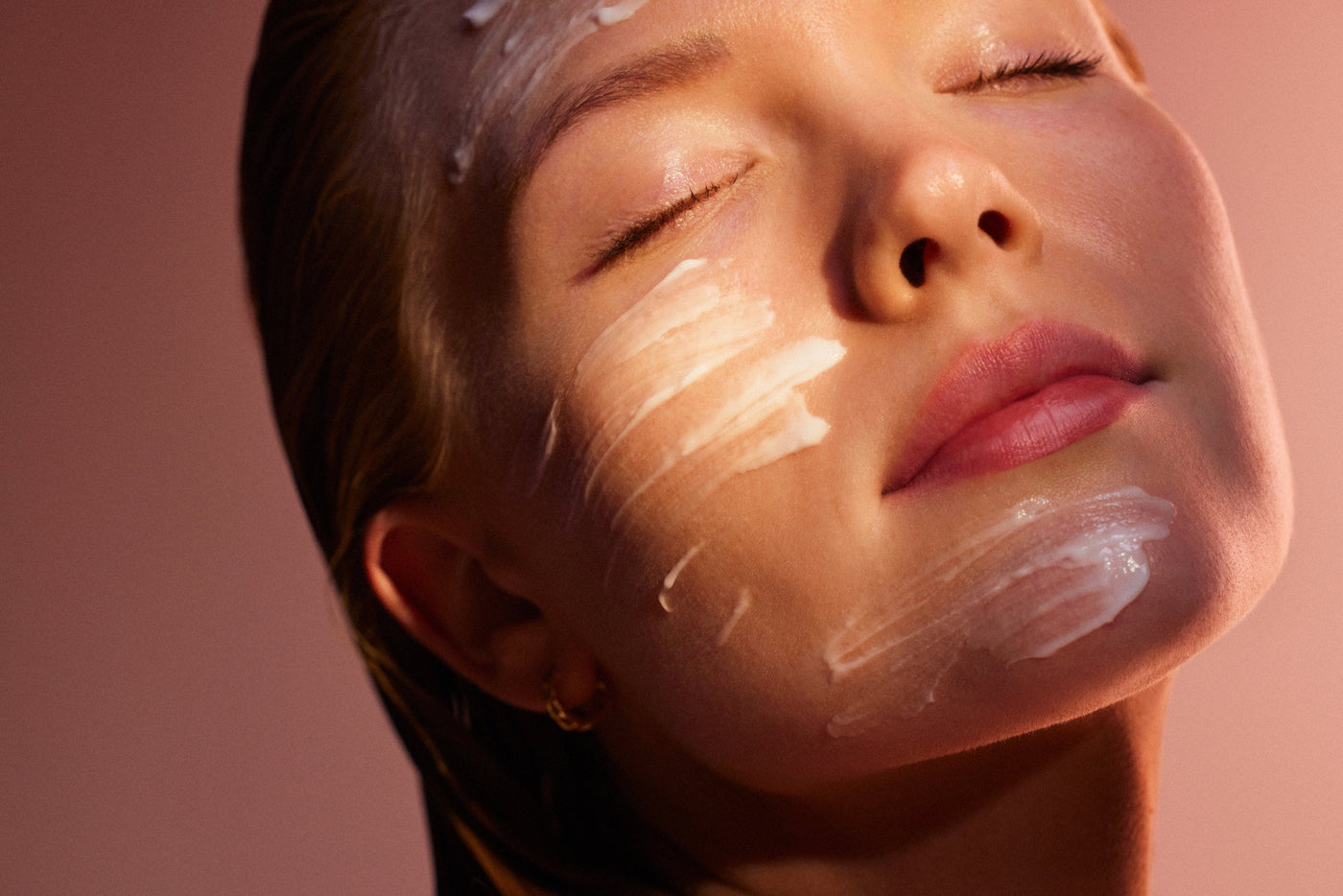 Red Light Therapy
Red Light Therapy
November 22, 2024
5 MINS READ
How To Keep Skin Hydrated: The Perfect Hydrating Skin Routine
READ MORE Red Light Therapy
Red Light Therapy
September 25, 2024
6 MINS READ
Glowing Winter Skin: The Essential Step-by-Step Winter Skincare Routine
READ MORE Red Light Therapy
Red Light Therapy
September 23, 2024
8 MINS READ
Should You Keep Your Eyes Open or Closed During Red Light Therapy?
READ MORE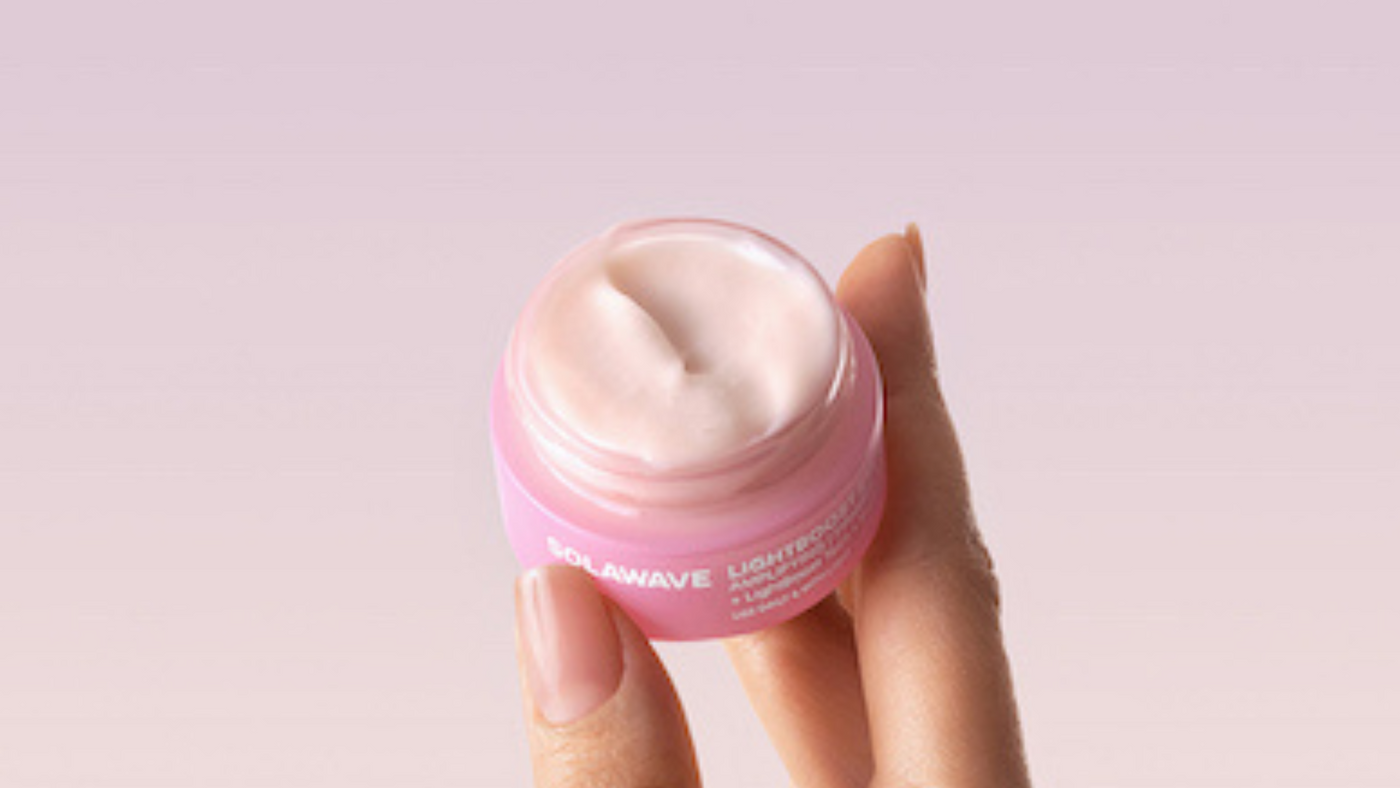 Red Light Therapy
Red Light Therapy
September 10, 2024
6 MINS READ
What Does Eye Cream Do? Expert Tips & Ingredients To Look For
READ MORE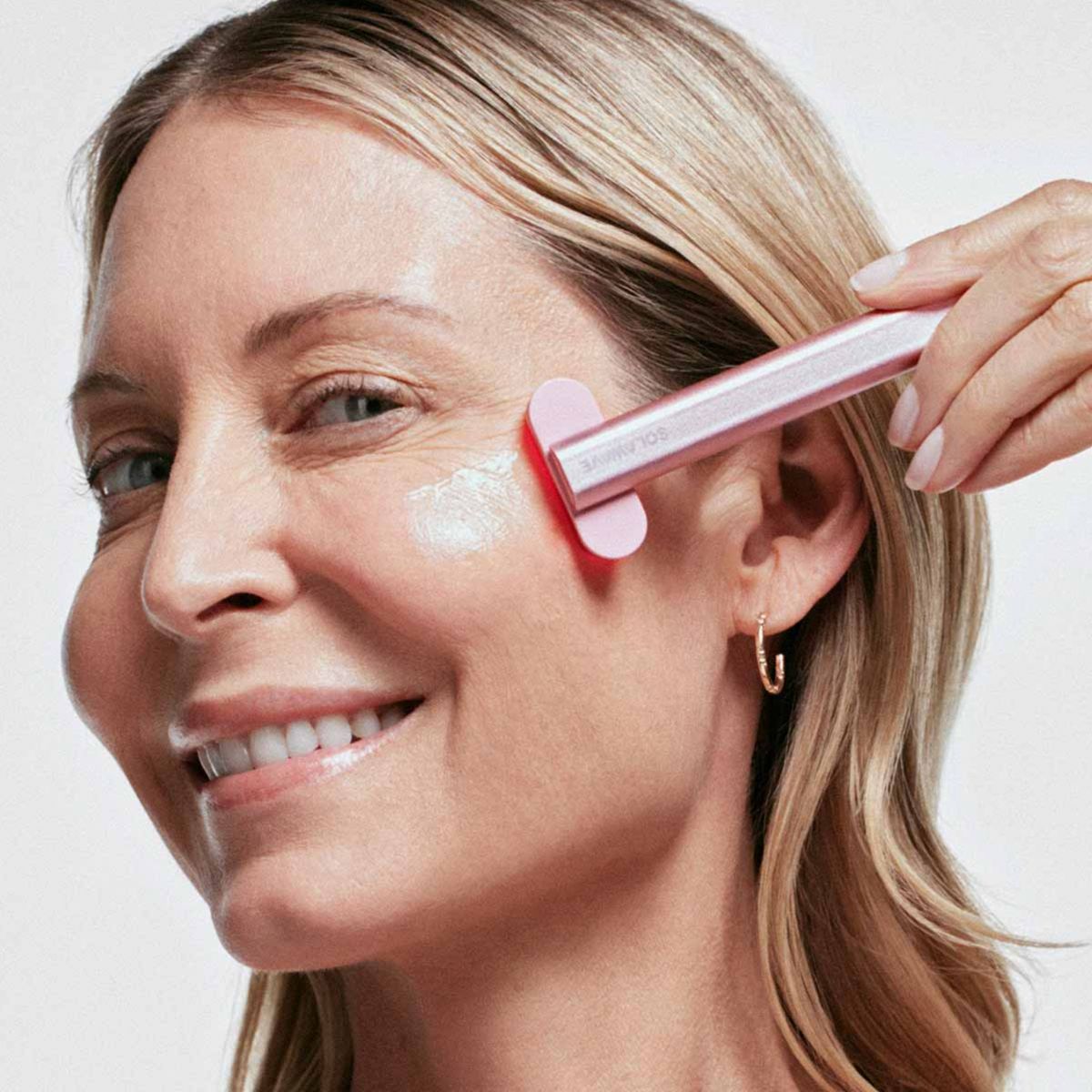 Red Light Therapy
Red Light Therapy
June 15, 2023
9 MINS READ
Transform Your Skin With At-Home Red Light Therapy: Tips And Tricks
READ MORE Red Light Therapy
Red Light Therapy
May 24, 2023
9 MINS READ
How to Choose the Perfect At-Home Red Light Therapy Device for Your Skin
READ MORE News
News
 News
News
August 31, 2025
9 MINS READ
Solawave Wand vs NuFace vs Gua Sha: Which Skincare Tool Works Best?
READ MORE News
News
August 17, 2025
5 MINS READ
What Is Vibration Therapy and How Can It Support the Look of Skin?
READ MORE News
News
August 10, 2025
7 MINS READ
How to Integrate Red Light Masks into Your Daily Skincare Routine for Best Results
READ MORE News
News
July 19, 2025
7 MINS READ
Product Pairing Guide: Which Skincare Ingredients Enhance Red Light Therapy Results
READ MORE News
News
July 15, 2025
6 MINS READ
2025 Skincare Trends: Why Dermatologists Are Recommending At-Home Light Therapy
READ MORE News
News
July 13, 2025
7 MINS READ
Face Serums and Light Therapy: Which Combinations Work Best for Different Skin Types
READ MORE News
News
June 10, 2025
6 MINS READ
Understanding Infrared, Red, and Blue Light Technologies in Skincare
READ MORE News
News
June 05, 2025
8 MINS READ
How to Integrate Red Light Therapy Wands into Your Skincare Routine
READ MORE News
News
May 09, 2025
6 MINS READ
Solawave's Viral LED Masks Are On Rare Sale For Memorial Day 2025
READ MORE News
News
May 07, 2025
6 MINS READ
How Often Should You Use LED Face Masks? A Dermatologist's Perspective
READ MORE News
News
March 31, 2025
5 MINS READ
Ultimate Guide to Red Light Therapy at Home: Benefits, Devices, and Tips
READ MORE News
News
January 16, 2025
2 MINS READ
Why Dr. Swati Kannan, MD loves the Solawave Red and Infrared Light Therapy Mask
READ MORE News
News
August 05, 2023
7 MINS READ
How Can Red Light Therapy Support a More Even and Radiant Skin Tone
READ MORE News
News
August 22, 2020
2 MINS READ




